 Sign up for our free weekly newsletter and receive top education news, lesson ideas, teaching tips and more! No thanks, I don't need to stay current on what works in education! COPYRIGHT 1996-2016 BY EDUCATION WORLD, INC. ALL RIGHTS RESERVED. COPYRIGHT 1996 - 2024 BY EDUCATION WORLD, INC. ALL RIGHTS RESERVED. - SchoolNotes.com
- The Educator's Network
 SHOP RESOURCES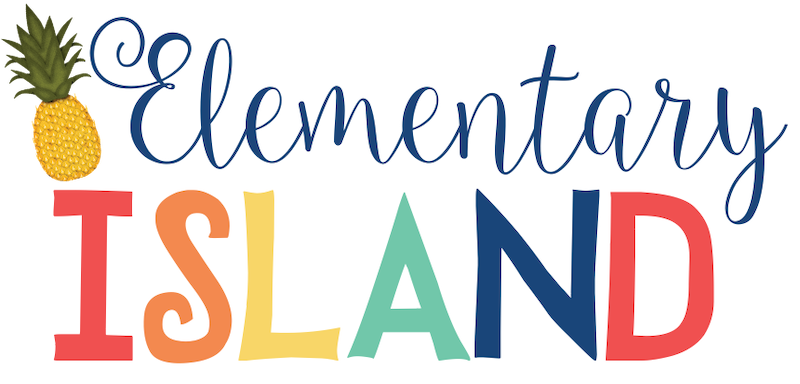 25 Meaningful Report Card CommentsWhy does writing Report Card comments have to be so hard?! Sometimes it’s a mental block. How do you give parents an honest and clear picture of how their child is doing in one comment? Oftentimes though, teachers have to say things that aren’t easy for parents to hear but need to be told. Certain information is essential for parents to be aware of if they’re going to work together with you as a team to help their child get the best education possible. Here are some tips to help you write meaningful report card comments to help parents understand their child’s progress… along with examples and 25 actual comments that you can use on your own Report Cards!  Here are my best tips on how to write Report Card Comments1. start out with a compliment.  - Jack is such a creative thinker!
- Susan gives her best effort every day!
- I can always count on Cody to follow my directions!
- Beth knows all of her multiplication facts all the way up to the 12s!
- I love how Neil is always willing to help his classmates!
If you’re struggling to come up with something positive for a particular student, think of what the rest of your class might say about this child. Would they say he makes them laugh and is really funny? Then, “Caleb has a great sense of humor” might be the compliment you’re looking for! 2. Tell the truth in a caring way - Abby shouts out in class all the time! – “I love that Abby is so willing to participate in class discussions, but blurting out is distracting and prevents others from being able to share.”
- Hunter never reads at night and really needs to! – “It is very important that Hunter reads 20 minutes each night to help improve his fluency skills.”
- Callie talks too much with friends during class! – “Callie’s desire to socialize with her friends is causing her to lose focus during instructional time.”
- Jason is not growing in any academic areas! – “I am concerned that Jason is not showing the growth I would have expected at this point in the year.”
3. Give a “next step” solution  - “Please discuss with Abby the importance of raising her hand before speaking in class.”
- “Feel free to read aloud with Hunter each night for his 20 minutes of reading.”
- “Callie and I have talked about how important listening in class is. Please remind her of this at home as well.”
- “Let’s get together and talk about a plan on how we can help Jason. Call or message me to let me know dates that you are available to meet.”
Don’t know where to start? - “I am so proud of (Student’s Name) for (something positive he or she does). He/she is a joy to have in class! Keep working hard!”
- “(Student’s Name) does a really great job (something positive he or she does). I have noticed that (name a problem the student has). Let’s meet to discuss how we can help your child with this issue.”
- “I love the way (Student’s Name) (something good he or she does)! I think that if he/she would (something the student needs to stop doing or start doing), it would really help him/her grow in (area of needed improvement). Thank you for your support!”
Need more report card comment inspiration? Positive Comments- (Student Name) is a hard worker and does all that I ask of him/her.
- (Student Name) perseveres even when tasks are difficult.
- (Student Name) is a good leader for other students to follow.
- (Student Name) completes work neatly and on time.
- (Student Name) works well in partners and groups.
- (Student Name) participates appropriately in class discussions.
- (Student Name) is kind to others and well-liked by his/her peers.
- (Student Name) is making great growth in Reading/Math/Writing etc…
- (Student Name) has wonderful artistic talent! I love his/her drawings!
- I appreciate how (Student Name) comes to school each day excited to learn!
- (Student Name) is so organized and always uses his/her class time wisely.
- I am so proud of the effort (Student Name) is putting forth to become a better reader!
- (Student Name) has excellent critical thinking skills.
- I appreciate how honest and trustworthy (Student Name) is!
- I love hearing the dramatic way (Student Name) reads aloud!
Needs Work Comments- (Student Name) has difficulty staying focused in class.
- (Student Name) has many missing assignments that have caused his/her grade to drop.
- (Student Name) often comes to class unprepared.
- (Student Name) can be very talkative during silent work time.
- (Student Name) struggles to follow written and/or oral directions.
- (Student Name) has difficulty completing assignments when given a time limit.
- I find that (Student Name) seems very tired each morning and struggles to stay awake.
- (Student Name) often relies on me or other students to help him/her complete his/her work.
- (Student Name) struggles with working memory and retention of skills.
- (Student Name) lacks confidence in his/her abilities which keeps him/her from giving her best effort.
Feeling Better about writing Report Card Comments? Pin these Report Card Comments! You May Also Enjoy... JOIN THE EXCLUSIVE ISLAND CLUB TODAY!Grab 4 weeks of my challenge phonics today for free. 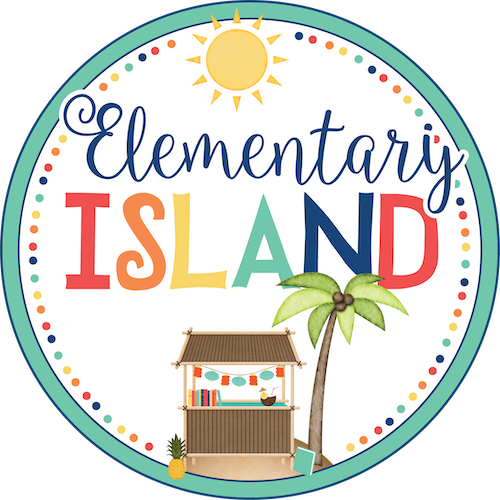 - Classroom Management
- Teaching Ideas
- Online Catalogue
- 2024 Elementary Island
- Site design by Laine Sutherland Designs
- Privacy Policy
- Terms of Use
Practical Primary Teacher Fun and Practical Ideas for Primary Classrooms 80+ Positive and Helpful Report Card Comments To Use Today!Report card comments are an important piece of communication with parents, but writing meaningful comments can take time and we all know that’s something that teachers are usually running short on!! I always try to start with a positive comment, end with a positive comment, and sprinkle a few throughout the academic sections as well! Download this FREEBIE to keep with you as you’re working on those comments!  Don’t forget to scroll down and subscribe! You will receive a password to access my FREE RESOURCE LIBRARY! Want to save this post for future use? Click the image below to pin and revisit later!  Subscribe for UpdatesFollow on instagram.  practicalprimaryteacher Design Credit  In order to continue enjoying our site, we ask that you confirm your identity as a human. Thank you very much for your cooperation.  223 Copy and Paste Final Report Card Comments Chris Drew (PhD) Dr. Chris Drew is the founder of the Helpful Professor. He holds a PhD in education and has published over 20 articles in scholarly journals. He is the former editor of the Journal of Learning Development in Higher Education. [Image Descriptor: Photo of Chris] Learn about our Editorial Process Hey, Teacher! Is it report writing time again? Hopefully these comments for student report cards will come in helpful.  Copy and paste these report card comments for your students. It’ll save you time and heartache! Read below for my full list of report card comment ideas: Positive CommentsUse a few positive comments to show the strengths of the student and how they’ve improved recently. Positive Attitude to Learning- Comes to class every day ready and willing to learn.
- Has an inquisitive and engaged mind.
- Is excited to tackle her tasks every day.
- Likes to come to school and learn with her friends.
- Has a positive attitude to self-development.
- Tends to come into the classroom with a big smile and an open mind.
- Sets herself very high standards and strives to meet them each and every day.
Showing Improvement- Is consistently improving.
- Is developing very well for her age.
- Has shown strong signs of growth in all learning areas.
- Has made clear and commendable gains.
- Improves each and every day.
- Her hard work and effort has paid off.
Positive Behavior- Is always very well behaved during class time.
- Has a good ability to avoid peers who she sees may be distractions to her learning.
- Is always willing to listen to instructions.
- Is a very helpful and respectful student.
- Never misbehaves in class.
- Sets a good standard for classmates to follow.
- Is very good at following the rules.
Read Also: Words to Describe a Student Shows Respect for Others- Has a great deal of respect for all visitors to the classroom.
- Cares for and respects her classmates.
- Is always respectful to classroom equipment.
- Always puts her hand up and follows instructions.
- Is very considerate of others and often puts others’ needs and interests at the front of her mind.
- Is a very respectful and responsible classmate.
- Has proven to be a courteous and polite classmate.
- Is held in high regard for her kindness to others.
- Is a very outgoing, positive and upbeat student.
- Tackles every task with enthusiasm and self-belief.
- Is building her confidence more and more every day.
- Has shown remarkable growth in confidence this year.
- Has reached many achievements this year, which is reflected in her budding confidence.
- Is a self-assured young learner who is always willing to try something new.
- Can always be trusted with tasks assigned to her.
- Conducts herself with honesty and integrity at all times.
- Is trusted with school equipment including expensive computer technology.
- Is open, honest and upfront about her thoughts and beliefs.
- Shares thoughtful and genuine opinions during lessons.
- Is always willing to self-reflect and provide genuine analyses of her progress.
Self-Expression- Is a very expressive and confident student.
- Has a great ability to express thoughts and feelings in writing.
- Is always willing to express herself in front of the class with a bold and confident voice.
- Has artistic talent and can articulate her thoughts through drawing and painting very well.
- Is a very articulate public speaker when talking about issues that she knows well.
- Is always willing to contribute her own thoughts and beliefs in class discussions.
- Uses her body and hand movements to express herself artistically.
High Motivation- Has a great deal of intrinsic motivation . She’s a real go getter!
- Has bucket loads of initiative.
- Has an active mind and is eager to achieve.
- Comes to class with a huge willingness to participate.
- Never wants to waste a day in the classroom.
- Loves to soak up all the information around her.
- Is an ambitious and proactive student.
- Knows her goals and strives every day to achieve them.
Strong Communication Skills- Projects her voice very well when communicating in class.
- Is effective at using the written word to express herself.
- Has a great deal of confidence when speaking to groups.
- Is very good at clearly and succinctly speaking up when she feels she has a valuable contribution.
- Consistently provides valuable contributions to class discussion.
- Is a skilled public speaker.
- Has shown great strides in written communication skills in recent months.
Is Neat and Tidy- Always keeps her belongings neatly organized.
- Looks after her belongings very carefully.
- Always has neat book work which shows respect and high regard for her own work.
- Keeps her desk space very tidy, clean and organized.
- Takes pride in keeping her work neat, clean and tidy for every submission.
- Keeps her personal work spaces very well organized.
Good Listening Skills- Is an active listener who is always ready to respond with relevant and engaging questions.
- Listens thoughtfully to other people’s ideas and contributes her own thoughtful ideas.
- Listens with an open mind to her classmates’ perspectives.
- Always listens intently with the hope of learning new things.
- Concentrates and pays close attention during demonstrations to ensure she understands task requirements.
- Takes directions well and is quick to apply directions to tasks.
- Is always attentive in class and asks for clarification when required.
- Is good at working in small groups unaided by a teacher.
- Listens intently to others and takes their opinions in mind.
- Excels when given leadership roles in small groups.
- Appears to thrive in group learning situations.
- Has developed strong skills in communicating in groups.
- Works productively in groups of all sizes to get tasks done.
- Has a knack for managing multiple personalities in group situations.
- Could work on sharing resources more fairly during group tasks.
- Needs to work on allowing other group members equal time to speak during group discussions.
Strong Organization and Time Management- Always arrives to class on time with her books and is ready to learn.
- Is exceptionally good at completing tasks in a timely manner.
- Is a natural organizer and is often seen helping to get her peers organized and ready for tasks.
- Is always trusted to meet deadlines.
- Uses color coding and headings in her books effectively to organize her notes.
- Keeps a neat and organized work space at all times.
Good at Homework- Always comes to class with very neat and well written homework.
- Tends to complete independent homework tasks with ease.
- Thrives with independent homework tasks, which are always presented in a timely manner.
- Comes to class with great questions based on the assigned homework tasks, showing thoughtfulness and independence.
- Can be trusted to complete her homework in time.
- Often asks for extra homework. She has shown great thirst for knowledge.
Read Also: 27 Pros and Cons of Homework Strong Participation- Is always willing to jump in and participate in any task.
- Is a great helper, always giving people a hand when she sees they are in need.
- Participates in all tasks, no matter her skill level. This enthusiasm is laudable.
- Always comes to class willing to get involved in the daily activities.
- Is always the first person to put their hand up to volunteer for a task.
- Loves to learn by getting involved and gaining first-hand experiences.
- Is beginning to develop her own interest and is eager to learn more about them.
- Has a strong personal interest in ________ and has been taking the initiative to explore the topic.
- Is very enthusiastic about ________ and has shown great promise in this area.
- Has picked a great extracurricular hobby of _____. Her skills learned in this hobby has helped to boost her confidence in the classroom.
- Shows interest in a variety of different topics which she has been enthusiastically exploring during free study time.
- Always finds personal interest in topics presented in class.
Independence- Is showing increasing independence to learn and study without the need for excessive guidance.
- Is a fiercely independent person who knows what she wants and goes out to get it.
- Has an independent and free spirited mind.
- Is not afraid to go against the majority if she is certain of her beliefs and thoughts.
- Happily goes about her tasks independently but seeks help when required.
- Shows confidence striking out on her own to do things she is interested in.
Strong Learning and Thinking Skills- Is very resourceful and uses the internet, books and peers to find new knowledge.
- Is aware of her learning styles and makes every effort to work to her strengths as a student.
- Uses higher-order thinking strategies like analysis and critique to question assumptions.
- Knows when she needs help and asks for it willingly.
- Thinks deeply about her responses before providing them.
- Is very good at reflecting on her weaknesses and working on them to grow as a person.
- Is great at solving problems using her own initiative.
Good Attention to Detail- Pays close attention to the details of a tasks so that she doesn’t miss anything.
- Is very systematic about going about her tasks so she can complete them thoroughly.
- Is great at identifying small and nuanced mistakes in her own work.
- Always creates very presentable and professional looking pieces of work.
- Has great self-reflection skills , being able to identify her own strengths and weaknesses.
- Can pause and look at her own work to identify areas for improvement.
- Has the ability to stop and change course when she identifies areas for improvement.
- Is very good at identifying and repairing errors in drafts.
- Has exercised great thoughtfulness about her own capabilities.
- Has shown the ability to empathize with classmates and show great compassion.
Perseverance and Determination- Shows great determination when is set a challenging task.
- Perseveres through difficulties to achieve her goals.
- Is resilient in the face of significant challenges and problems presented.
- Will always work through struggles and come out the other end more confident and skilled.
Constructive CommentsPresent constructive comments to show the areas for improvement for the student. Carefully craft the comments so they’re not overly upsetting or impersonal. Negative Attitude to Learning- Occasionally needs special assistance to stay on task.
- Requires some coaxing to complete tasks.
- Is at times distracted or uninterested in learning.
- Is working on paying more attention to her tasks.
- Has some off days where she is uninterested in learning.
- Is easily distracted by friends.
- Will often come to class unwilling to contribute to group discussions.
Needs Improvement- Needs to work on focus and concentration during class time.
- Has improved in some areas, but continues to slip behind in others.
- Is showing some lack of focus and is slipping behind in some subjects.
- There is still a lot of room for growth and we are working on improving her focus and drive in coming months.
- It would be great to see some improvement in her weakest subjects in the future.
- I would like to see her asking for help when stuck on tasks.
Disruptive Behavior- Can occasionally disrupt her friends and classmates.
- Is at times a distraction to other students.
- Can be unsettled when entering the class after breaks.
- Can be talkative during quiet times and individual tasks.
- Could work on being more considerate to other classmates.
- Has had a difficult time getting comfortable in class this year.
- Has at times sought undue attention and distracted the flow of lessons.
Read Also: 13 Best Classroom Management Theories Low Motivation- Sometimes struggles to engage in class discussions.
- Requires a lot of external rewards to get focused.
- Works well below her capabilities due to lack of motivation to do her best.
- Relies heavily on extrinsic motivation. It would be great to see more intrinsic desire to succeed in coming months.
- Struggles to find things she is interested in.
- Has trouble getting engaged and interested in class topics.
- Will respond well to rewards but struggles to use initiative.
- Needs to dig deep and find greater motivation to learn in coming months.
Is Not Neat and Tidy- Occasionally presents work that is messy and difficult to read.
- I would like to see her paying more attention to neatness in her writing.
- It would be great to see her showing more care for her workspace to ensure all her belongings are well cared for.
- At times comes to class disheveled and disorganized.
- Presents homework that is untidy and appears to have been rushed.
- Needs to work on ensuring her work is presentable, neat, and error-free.
Weak Communication Skills- Speaks very softly. An area for improvement is speaking up in class discussions.
- Could work some more on communicating her opinions during discussions.
- Is often shy and intimidated when asked to speak up in class discussions.
- Needs coaxing to share her thoughts in class.
- Can work on being clearer when expressing her thoughts in writing.
- I look forward to seeing further development in expressing her thoughts in class.
Poor Listening Skills- Has had some trouble paying attention to others during class discussions.
- Has some trouble listening to peers and teachers.
- Is easily distracted during class discussions.
- Is a good talker but needs to work on pausing and listening to others more attentively.
- Is often fidgety and distracted when spoken to.
- Is often resistant to make eye contact and be responsive when spoken to.
- Has trouble repeating and remembering instructions.
Read Also: 47 Best Classroom Rules for Middle and High School Weak Organization and Time Management- Tends to leave tasks to the last minute.
- Often submits incomplete drafts due to poor time management.
- Is often disorganized and forgets important school supplies.
- Has submitted homework late on several occasions.
- Could work on using her time more efficiently to complete tasks in allotted time periods.
- I would like to see her working on her organizational skills in coming months so she can use her class time more efficiently.
Bad at Homework- Will often skip assigned homework tasks.
- Regularly forgets to bring homework to school.
- Her homework is often brought to class incomplete and rushed.
- Is often seen completing homework tasks the morning before they are due.
- I would like to see her working on setting aside more time for homework in the coming months.
- Is good at class work, but needs more initiative to complete her weekly homework in a timely manner.
Poor Attention to Detail- Could be getting higher grades if she edited her work more carefully before submission.
- Will sometimes make mistakes due to distractedness and carelessness.
- Has started to let carelessness seep into his work for the past few months.
- Often does not pay enough attention to test questions, leading to small unforced errors.
Preschool and Kindergarten CommentsHere are some great comments specifically for children in the early years of their development. Play Based Learning – Strong- Plays well with other children.
- Shares resources with her peers during play time.
- Has begun to develop cooperative play skills such as sharing and taking turns.
- Is a creative and imaginative learner.
- Engages in strong exploratory and discovery play behaviors without prompting.
- Is enthusiastic and engaged when given developmentally appropriate resources to play with.
- Thrives in unstructured play environments where she can explore, learn and discover in her own time.
- Has started to use extended vocabulary well during play scenarios.
- Is great at taking measured risks during play which reveals great self-confidence for her age.
Play Based Learning – Needs Improvement- Plays in parallel with other children, but needs to start developing cooperative play strategies in the coming months.
- Is good at solitary play, but needs more practice sharing and playing with other students.
- Is curious about playing with others, but often sits back due to shyness.
- Needs encouragement to use more language skills during play-based learning .
- Struggles to take turns when playing with others.
Strong Development- Is developing in an age appropriate way and continues to show good progress.
- Has visibly developed fine and gross motor skills during class sessions.
- Is using language at an age appropriate level.
- Is starting to move out of her comfort zone to explore more and more new challenges.
- Is socially, cognitively and physically on track for transition to school.
Socialization- Has shown remarkable strides in communication skills at preschool.
- Plays well with others.
- Is a thoughtful and kind student who plays well with others.
- Always shares and thinks about others during play scenarios.
- Is a popular student who finds it very easy to make friends with other children.
- Has been seen to show some great emerging leadership skills during play scenarios.
- Is very happy to play in groups and learn from peers .
Final ThoughtsI will often start with a comment bank like the one above. For each student, I’ll copy four or five of the most suitable statements. But, I will also follow-up my generic comment from the comment bank with a specific example for the parents to read. Parents do like to see that you have provided specific and thoughtful statements – so don’t forget to use the student’s name and specific anecdotes as much as possible. I do hope this comment bank for report card comments has come in handy for you. Remember to also maintain a positive but honest and constructive voice when writing. If there is serious concern that might be difficult to express in writing, you should arrange for a parent-teacher conference to have a discussion and see how things progress. Good luck with your report card writing! About The Author: Hi, I’m Chris Drew (Ph.D) and I run things around here. I’m an Education expert and university professor.  - Chris Drew (PhD) https://helpfulprofessor.com/author/chris-drew-phd/ 101 Class Group Name Ideas (for School Students)
- Chris Drew (PhD) https://helpfulprofessor.com/author/chris-drew-phd/ 19 Top Cognitive Psychology Theories (Explained)
- Chris Drew (PhD) https://helpfulprofessor.com/author/chris-drew-phd/ 119 Bloom’s Taxonomy Examples
- Chris Drew (PhD) https://helpfulprofessor.com/author/chris-drew-phd/ All 6 Levels of Understanding (on Bloom’s Taxonomy)
The Joy of TeachingSharing creative ideas and lessons to help children learn. 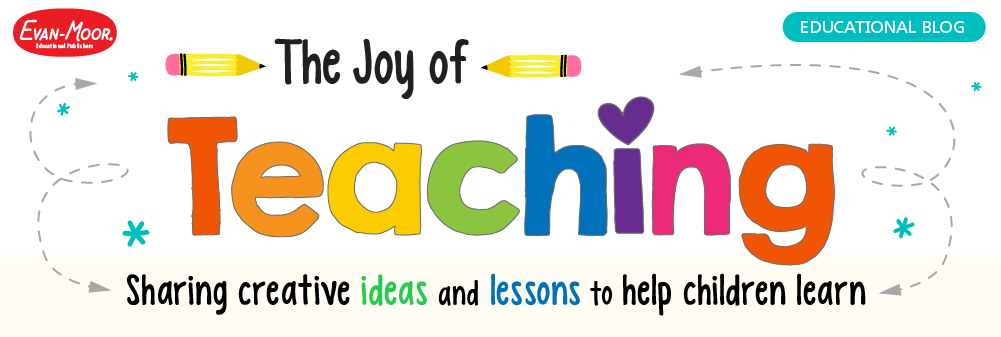 100 Sample Report Card Comments and 5 Strategies for Simplifying Report CardsApril 7, 2020 by Evan-Moor | 1 Comment  I don’t know any teacher who looks forward to doing report cards. This time always seems to be packed to the max with additional testing days and long to-do lists. Despite this, report cards are an important tool that schools employ to show parents how their child is progressing in school and should be completed with careful consideration. Report card comments should be personalized for each student and provide meaningful feedback to help parents understand their child’s progress. The most important concept to remember when writing report card comments is to frame each statement in encouraging and positive language. Here are a few tips to help you provide honest and valuable feedback while being encouraging and professional, including 100 sample report card comments that you can use today. Download a free PDF of 100 Report Card Comments here! 5 strategies for simplifying report cards, 1. employ the sandwich feedback technique:. - Always begin with a positive comment and end with a positive comment. This approach can help parents receive any negative feedback with the understanding that you “see” their child and are approaching his or her learning with a “growth mindset” and not criticism.
2. Highlight areas of growth- Every student has areas of growth throughout the school year. Find an area he or she has improved on and mention it. It could be in a field of study such as reading comprehension, fluency, math facts, handwriting, asking important questions or a personal attribute such as persevering, helping others, leadership in the classroom, etc.
3. Expand on areas of improvement- Highlight important areas for improvement and provide practical advice/examples of how to work on this at home. Provide simple strategies that parents can implement that will give them a tangible tool to help their child at home. Even if you think the parent won’t or isn’t interested, it is a good idea to provide documented options for your school files.
4. Be transparent- Being honest about students’ progress takes careful consideration. Be tactful in your comments and back up your observations with specific examples. (I recommend taking notes on students’ progress throughout the semester and using this documentation during report card time.) This is also a great time to include helpful strategies/ resources and offer advice on how parents can support their student at home.
5. Proofread- Always proofread your reports before sending them. Report cards reflect you as a teacher and should be treated with the same consideration you show your students in the classroom.
100 Report Card CommentsParticipation/behavior/attitude. - Takes an active role in discussions.
- Consistently cooperates with the teacher and other students.
- Listens well and shares ideas frequently.
- Works democratically with peers.
- Shows self-confidence in…
- Works well in groups, planning and carrying out activities.
- Follows directions well.
- An enthusiastic learner who enjoys school.
- Tackles new challenges with a positive attitude.
- Has a positive attitude about school.
- Consistently makes good choices during the school day.
- Shows respect for peers and teachers.
- Transitions easily between classroom activities and is not a distraction to others.
- Is sensitive to the thoughts and opinions of others.
- Is a leader and positive role model for students.
- Is enthusiastic about participating.
- Takes an active part in discussions about (topic).
- Speaks with confidence.
- Volunteers often.
- Has a great sense of humor and enjoys our class assignments.
Needs Improvement- Has difficulty staying focused and on task. · Needs to actively participate in classroom discussion.
- Needs to work on not distracting others during class.
- Is learning to be careful, cooperative, and fair.
- I would like to see him/her work on…
- One area for improvement is…
- Eager to participate in class but needs to raise his/her hand.
- Is becoming more independent when completing class assignments.
- Needs frequent reminders to stay focused throughout the day.
- When motivated, does well on class assignments.
- Needs to work on following written and oral directions.
- Needs to actively participate in classroom discussions.
- Frequent absences are affecting (name’s) schoolwork.
- Needs to work on treating others with respect.
- Needs to work on completing homework assignments on time.
- Frequently comes to class unprepared.
- Often seems tired at school.
- Gets upset easily when (topic).
- Although _____________’s growth in social skills and maturity is continuing, it is not consistent.
- _______ continues to make nice progress this year concerning his/her attitude in the classroom and on the playground.
Time Management/Work Habits- Uses class time wisely.
- Is a self-motivated student.
- Completes work on time.
- Is very organized.
- Demonstrates problem-solving skills and is persistent.
- Has done a great job facing and overcoming big challenges this year.
- Is very responsible and turns in work on time.
- Is a flexible learner and adapts to changes easily.
- Has made improvements in the area of…
- Has strengthened his/her skills in…
- Does not complete assignments on time. Seems unable to finish.
- Is encouraged to use time wisely to finish tasks in the time required.
- Struggles to stay organized and find appropriate materials (paper/pencil).
- Needs to slow down to improve the quality of his/her work.
- Is not working to full potential.
- Is easily distracted.
- Needs to listen and follow directions more carefully.
- Needs more opportunities to…
- Grades are suffering because of missed assignments.
- Would benefit from…
Growth Mindset- Has demonstrated very good progress this year.
- Is learning how to be a better listener and takes direction well.
- Has worked very hard this year and has made strong gains in the area of ______.
- Has shown great improvement with ______.
- Is progressing nicely and shows consistent improvement in many areas of schoolwork, including ______.
- Is learning to be cooperative when working in groups.
- Is developing more positive ways to interact with others.
- Is listening to directions more carefully.
- Has continued to make steady progress with…
- Has shown noticeable improvement in…
General Subject Area Comments- Has good reading and decoding skills.
- Is reading well at level…
- Uses reading strategies to increase his/her reading comprehension.
- Is reading smoothly and with good expression.
- Struggles with reading comprehension.
- I would like to see (name) read for 15 minutes each night.
- Is choosing books that are too simple for his/her level.
- Has difficulty using reading strategies to decode new words.
- Needs to learn basic sight words to improve decoding skills.
- Needs to build reading vocabulary.
- Uses various strategies to solve one- and two-step word problems.
- Demonstrates a good understanding of math concepts.
- Demonstrates strong problem-solving skills.
- Has strengthened his/her critical thinking and problem-solving skills.
- Has difficulty understanding/solving word problems.
- Understands skills and strategies but has a difficult time explaining processes.
- Would benefit from memorizing math facts.
- Has difficulty solving multi-step problems.
- Needs to slow down and check work.
- Memorizing basic math facts would be helpful to…
- Is willing to learn new writing skills and quickly applies these skills within his/her writing.
- Understands and applies the correct use of punctuation within writing.
- Writing is clear and follows grammar and punctuation rules.
- Enjoys writing stories and can construct unique and interesting sentences.
- Is able to create clear and effective writing that is interesting to read and easy to comprehend.
- Has shown great improvement with his/her writing skills and is consistently increasing his or her writing comprehension and techniques.
- Has difficulty writing clear and understandable sentences.
- Words are often misplaced throughout his/her writing.
- Frequently displays grammatical errors within his/her writing.
- (Name) needs to slow down and review his/her writing.
Report cards are used to show parents what students have learned, areas they excel in, and areas for improvement. Although report card grades reflect how well a student is performing against a set of standards, I would refrain from any comparisons on report cards. Every student matures and develops at a different rate, and it is important not to focus on how well children compare to their classmates, but rather to highlight how they are excelling in their personal goals/growth.  For more great teaching tips and lessons, sign up for our monthly e-newsletter ! Visit www.evan-moor.com for resources to support your classroom!  One CommentLeave a reply → Leave a Reply Cancel replySubscribe Today! Sign-up for education inspiration for PreK–8 teachers and parents. Email address: Grade Level Pre-K Kindergarten 1st Grade 2nd Grade 3rd Grade 4th Grade 5th Grade 6th Grade 7th Grade + I am a ... Teacher Homeschooler Parent School Admin Other By submitting this form, you are consenting to receive emails from Evan-Moor. You can unsubscribe at any time by using the Unsubscribe link found at the bottom of every email. MAKE WAVES WITH THIS FREE WEEKLONG VOCABULARY UNIT!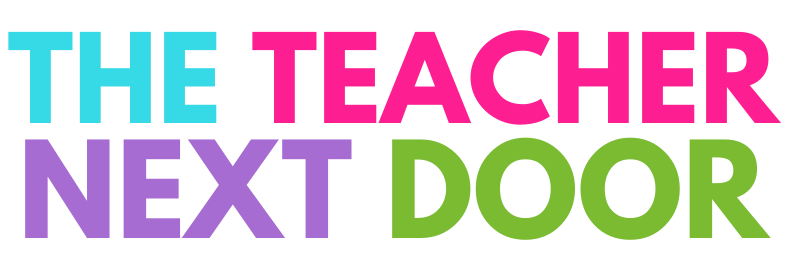 100 Report Card Comments You Can Use Now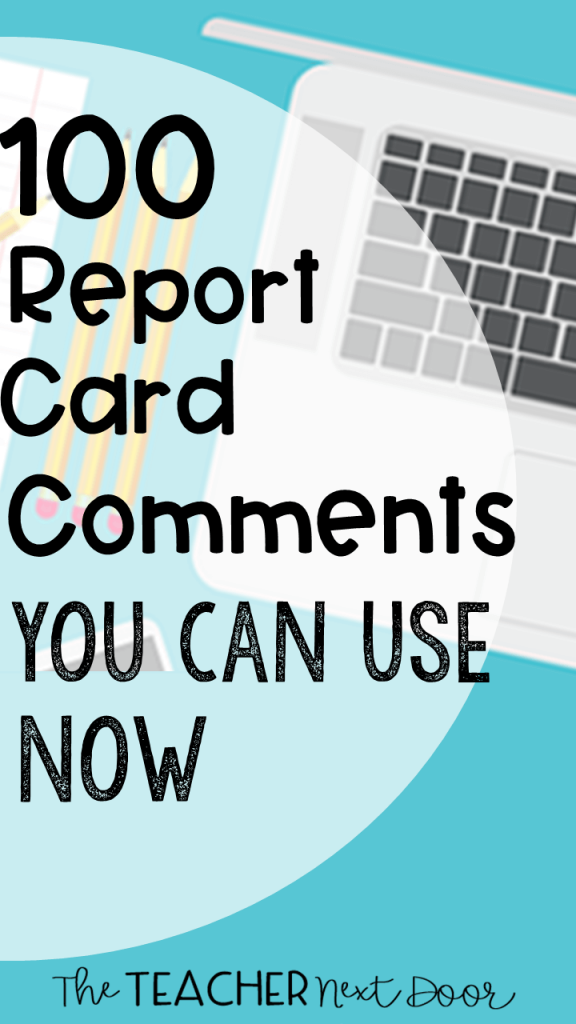 When teachers talk about the joys of teaching, I’m pretty sure they aren’t talking about report card writing. It may just rank right up there with indoor recess, yard duty, and staff meetings. But report cards don’t have to be such a pain. Here are a few report card general principles, followed by my handy dandy list of editable go-to phrases… Three Report Card Comment Principles 1. Be Truthful but KindA report card’s main purpose is to inform parents about their child’s progress. While there should be no major surprises ( BIG/major issues should have already been discussed with the child’s parents/guardians ), regardless of how well the child is doing or how poorly, the report card should be an honest reflection of that child’s performance. Having said that, of course, we want to word things in a way that is as positive as we can be and in a way that is encouraging, offering suggestions for improvement, rather than discouragement. 2. Follow the Magical Report Card Comment FormatIf the child is doing well overall… you are golden!!! An easy report card is one that I LOVE to do. Unfortunately, not all students are Einsteins or angels, and we have to mention some areas that need improvement. That’s when we use the magical format, which is… A. Start with a compliment… you might have to dig deep here and get creative, while still being genuine. Remember, every student has attributes we can praise, even the most challenging ones. You might mention the child’s attitude, personality, social skills, sense of humor, willingness or desire to help, special skill in art/music, etc. B. Next, add a line or two about what is challenging the child , and how he/she struggles in a certain area. Don’t include a laundry list of 20 things to work on. Prioritize the list and highlight the MOST important issues. Also, do make sure to offer a solution or suggestion that is practical and helpful . C. End on a positive note. Again, a compliment is a nice touch any time of the year, and for the end of the year report card, a best wishes for ____ grade or have a wonderful summer, or I’m so glad to have been ____’s teacher this year, and so on works well. 3. Proofread and Check, then Proofread AgainReport card time is crunch time, and when we’re trying to speed through things and get them done, those nasty little typos pop up where we least expect them. Do make sure to double-check everything before you hit enter/print to send them home. All communication with parents is seen as a reflection of ourselves as teachers and should be as perfect as we can make it. Now that the principles are out of the way, here is my list of 100+ report card comments (updated to include 150 comments!).I’ve included a wide variety of comments for the wide variety of ability levels and behavioral challenges of the students that we teach in our classrooms.. Want your own set of 150 comments in three formats – Printable PDF, editable PowerPoint, and Editable Digital? Click here to take a peek! OPENING / CLOSING – POSITIVE:- _____has worked very hard this semester/year, and I am proud of all of his/her accomplishments.
- ______ is making/has made good/excellent/wonderful/outstanding progress in _____ grade.
- _____ has done a(n)/fantastic/exemplary/wonderful/excellent job this year/semester in _____ grade and has worked so very hard.
- I appreciate _____’s quality work/motivation to do well/attitude, and I am enjoying/have enjoyed being his/her teacher.
- ______ arrives at school each day with a positive/cheerful/happy attitude, ready to learn.
- _____ is an excellent _____ grader, and he/she has made our classroom a better place.
- _____ is doing/has done an(a) excellent/ outstanding/wonderful/ great/ fantastic job overall this semester/year.
- _______has made good/excellent/extraordinary/fantastic/outstanding progress in all academic areas.
- _____ is bright, motivated, and hard-working and can be proud of his/her accomplishments this semester/year.
- _____ is intrinsically motivated and strives to please/produce top-quality/excellent work. I am enjoying/have enjoyed being his/her teacher.
- _____ seems to enjoy school, and his/her positive attitude brightens up our classroom.
- _____is a bright and inquisitive student who enjoys learning. He/she is a pleasure to have in class.
- _____ has learned a great deal this semester/year and has shown particular progress/improvement in _____.
- _______ is a(an) hard-working/attentive/determined student and is working/doing well in all subject areas.
- _____ is a very polite/hard-working/bright student and a pleasure to be around. I am enjoying/have enjoyed being his/her teacher.
- _____is a(n) awesome/wonderful/amazing/fabulous ____ grader, and I have enjoyed getting to know him/her this year.
- I am so proud of _____ and wish him/her well for _____ grade and beyond.
- I have truly enjoyed being _____’s teacher and will miss him/her next year.
- I have enjoyed teaching ______ this year. He/she loves to learn and has shown growth throughout the year. Wishing him/her continued success.
- _____ has been a wonderful_____ grader, and I’m so glad to have him in class. His/her great attitude/strong work ethic/hard work/determination are to be admired. He/she has a bright future ahead.
- _____ is a hard-working/bright/likable/motivated student. I have thoroughly enjoyed having him/her in class this year. Have a wonderful summer!
ACADEMIC – POSITIVE :- _______has made good/excellent/wonderful/fantastic/outstanding progress in all academic areas.
- _______ is a(an) hard-working/attentive/determined student and is working well in all subject areas.
- _____ shows strong knowledge/strengths in the area of _____.
- _____ has exceeded expectations in ______.
- _____ demonstrates superior work in ______. I appreciate his/her dedication and effort.
- _____ consistently puts forth his/her best effort in _____, which is wonderful/lovely/great to see.
- _____ shows special/unique/particular strengths in the area of social studies/science/reading/writing/math… and has done very well this trimester/year.
- _____ seems to enjoy reading/writing/math/science/social .. and has done an excellent/amazing job this year.
- _____ has a good understanding/sense of theme/the main idea/ characters/ plot/ inferences, which strengthens his/her reading ability.
- _____ reads smoothly and with good expression.
- _____ is able to use data from graphs and charts/use a compass successfully/convert measurements correctly.
- _____ uses reading strategies such as _____ effectively, which increases his/her reading comprehension.
- _____ has a large/extensive/rich vocabulary, which adds to his/her ability to write effectively.
- _____ enjoys poetry/reading/music/science/art… and excels in it.
- _____ is a very talented artist/writer, and I truly enjoy the detail/attention/ passion he/she puts into his/her artwork/writing.
- _____ excels in creative/narrative/opinion/expository/report writing…
- _____ produces stories/essays/paragraphs/research reports that are well-organized/ developed.
- _____ has strong reading comprehension/math computation skills.
- _____ is a creative student, and I have enjoyed seeing the wonderful writing/art projects/drawings he/she has created/written.
- _____ uses higher-level thinking skills to complete challenging assignments.
- _____ demonstrates a good understanding of math/reading/social studies/science… concepts.
- _____ shows strong problem-solving skills in math/decoding skills in reading/grammar skills in writing/map skills in social studies…
- _____ goes beyond grade-level expectations in _____. He/she often/ consistently sets and meets/exceeds academic goals.
- _____ demonstrates a deep understanding of _____ concepts.
- _____ has an impressive understanding and knowledge of _____.
ACADEMIC PROGRESS SHOWN – POSITIVE:- ______has strengthened his/her skills in _____.
- ______has made good/excellent/wonderful/fantastic/outstanding progress in all academic areas.
- ______ has made good/great/tremendous/significant improvement in _____.
- _____ has worked hard to raise his/her grade in _____, and I appreciate his/her effort.
- _____ has learned a great deal this semester/year and has shown particular improvement in _____.
- _____ has shown steady progress/strong gains/excellent progress in the area of _____. I’m pleased with his/her effort.
- _____ is making good progress in ______ this semester. Please encourage him/her to continue to ______.
- _____ has shown improvement in _____, which is great to see. Please encourage him/her to continue to _____ each day/in the coming weeks to keep the momentum going.
- _____ is making good progress in ______ but would benefit from ______ to continue showing growth.
- I have been pleased to see that _____ is continuing to grow/consistently progressing/improving steadily in independence in/with ______.
- _____’s quality of work has shown good/great/exceptional growth this semester.
ACADEMIC – IMPROVEMENT NEEDED:- _____is intelligent but works below his/her capacity/potential due to a lack of motivation/attention to quality work.
- Unfortunately, _____’s grades have suffered from missing assignments.
- _____is gaining confidence in _____ but would benefit from _____.
- Please encourage _____ to _____each day to help him/her improve in _____.
- _____ seems to find _____ challenging and would benefit from reading nightly/practicing math facts/working online…
- _____ is capable of achieving a higher grade in _____ but needs to______ in order to make progress.
- _____ seems to have difficulty at times with reading comprehension/ math computation/writing paragraphs… and would benefit from _____.
- _____ needs to slow down in order to produce quality/carefully done work.
- _____ needs to memorize his/her basic math facts in order to complete complex math problems more easily/efficiently/quickly.
- _____ would benefit from _____ to fully memorize basic math facts.
- Memorizing basic addition/multiplication math facts would be very helpful to _____.
- Science/social studies tests have been very difficult for _____, and he/she would benefit from increasing the time spent studying the material.
- This trimester, I would like to see _____ to work on _____.
- This trimester, it would be helpful for _____ to focus on _____ in order to _____.
- _____ needs lots of repetition and practice in order to retain _____.
- I would like to see _____ pay closer attention to _____ in order to _____.
- When ______ is motivated, he/she does well on class assignments.
- _____ is excelling in many skills but needs to concentrate on ______.
- I would like to see ____ focus on _____ each day/in the coming months.
- _____ shows interest/has enthusiasm/seems motivated for everything we do in class. However, he/she is having some difficulty with ______. It would be helpful if he/she would ______ each night.
- Even with extra help, _____ experiences difficulty with _____. It would benefit ______ to ______.
- _____ rarely asks for help when he/she is confused/doesn’t understand something. We will continue to encourage _____ to ask for assistance whenever it is needed.
- _____ exhibits minimal confidence in his/her ______ skills. It would be helpful to _____.
- _____ is struggling to meet/maintain grade-level expectations in _____. Let’s work together to help _____ be successful in this area.
WORK HABITS AND QUALITY OF WORK – POSITIVE:- _____ completes his/her work carefully and completely/thoroughly.
- I appreciate _____’s neat work, which is carefully done.
- _____ is very organized and finds needed materials easily.
- ______ pays attention to detail in his/her assignments, and I appreciate the high quality of his/her work.
- _____ turns in work that is beautifully/carefully/thoroughly done.
- _____ has a strong work ethic and never completes any assignment halfway.
- _____ is very responsible and turns in assignments/homework on time.
- ____ takes tremendous pride in his/her work and completes assignments carefully.
- _____ is focused on creating quality work and completes assignments carefully/thoroughly.
- _____’s attention to detail can be seen in the quality of his/her work. I appreciate the care he/she takes in each assignment.
- _____ takes pride in his/her work and consistently turns in neat and carefully completed work.
- _____’s motivation/attitude is reflected in the work he/she turns in/creates. I am pleased to see his/her well-thought-out/thoroughly completed assignments.
- I appreciate ______’s dedication to his/her learning/studies in class.
WORK HABITS AND QUALITY OF WORK – IMPROVEMENT NEEDED:- _____ needs to complete his/her work carefully and completely/ thoroughly.
- _____ would benefit by taking responsibility to turn in assignments and/or homework on time.
- I am concerned about _____’s organizational skills and his/her responsibility related to turning in assignments on time.
- ______ struggles with organizational skills in the classroom and needs to keep his/her desk/workspace neater to make his/her day run more smoothly.
- _____ struggles to find needed papers/materials and would benefit from using a folder/a binder/keeping a neater desk…
- _____ tends to work too quickly, often resulting in careless mistakes.
- I would like to see _____ focus on _____ in the coming months.
- This trimester, I would like _____ to work on _____.
- I would like to see _____ pay closer attention to ____ in order to _____.
CLASSROOM BEHAVIOR – POSITIVE:- _____ follows classroom rules consistently and is a good role model.
- _____ has a positive attitude and is a joy to teach.
- _____ is on task regardless of the activity.
- _____ seems to enjoy school, and his/her positive attitude brightens up our classroom.
- _____ listens attentively to directions, and I appreciate his/her ability to understand the assignment and to start work right away.
- _____ has an excellent attitude and is always willing to lend a hand.
- _____ is a(an) wonderful/excellent helper and a classroom leader.
- _____ is polite to classmates and to all adults on staff at school.
- _____ arrives at school each day with a positive/happy attitude, ready to learn.
- _____ works independently and is able to complete enrichment activities when he/she is finished with required assignments.
- _____ is able to focus and stays on task during independent working times.
- _____ uses class time constructively/efficiently/wisely.
- _____ works respectfully during independent work times.
- ____ is a hard-working student who sets goals and reaches them.
- _____ is a dependable/responsible/conscientious student.
- _____ has made great strides this year in terms of _____ in the classroom/on the playground.
- _____ has a strong work ethic and takes responsibilities seriously.
- _____is a very respectful/kind/caring/considerate classmate/student, and I appreciate having him/her in class.
- _____ shows determination/perseverance when faced with a challenging task.
- _____ enjoys participating in class lessons, and his/her background knowledge adds a great deal to our discussions.
- _____ is able to share appropriate and relevant information, which adds to classroom discussions.
- _____ is an active participant in small groups as well as whole-class discussions/activities/projects.
- _____ listens well and takes an active role in class lessons/class discussions/class activities/group work.
- _____’s persistence/determination/hard work in _____ is exemplary.
CLASSROOM BEHAVIOR – IMPROVEMENT NEEDED:- _____ is intelligent but works below his/her capacity/potential due to off-task behaviors/a lack of motivation/attention to quality work.
- _______ has done well in many areas, but I am concerned that his/her lack of listening/focus/motivation and following directions/working independently/working quietly has contributed to his lower grade in _____.
- _____ struggles with following classroom rules and needs to focus on working quietly/staying in his/her seat…
- _____ is very talkative during quiet working periods and distracts others around him/her.
- Working quietly is very difficult for _____, and I would like him/her to focus on his/her work so that he/she, as well as others around him/her, are able to attend to the task at hand/learn more effectively/concentrate…
- _____ needs to listen and follow directions carefully during class time.
- I would like to see _____ put more effort into showing respect/kindness/ thoughtfulness to his classmates to strengthen social skills.
- _____ needs to work on taking turns speaking/working more cooperatively with classmates.
- _____ needs to focus on raising his/her hand to speak/listening to others/waiting for others to finish before speaking/listening skills.
- ______’s listening skills need improvement.
- This trimester, I would like _____ to focus on _____ in order to _____.
- Academically, _____ is doing well overall. I would like him/her to focus on showing more kindness/respect/cooperation to his/her classmates.
- _____ needs frequent reminders to stay on task throughout the school day.
- _____ needs to follow school rules at lunchtime and on the playground.
- _____ gets along well with classmates, but needs to work on staying on task and not socializing.
- _____ is an intelligent student with great potential. However, he/she needs to work on staying focused in class and following directions.
- _____ is very social and is well-liked. His/her conversations during independent work times, though, have made it difficult for _____, as well as those around him/her, to finish work successfully/to create quality work/to concentrate on the task at hand/to learn/ to complete assignments.
- _____ has a social personality, but his/her chatting in class can be disruptive. He/she needs to work on staying focused during class so he/she and others around him/her can complete class assignments/stay on task.
- _____ is often eager to participate in class discussions but needs to remember to raise his/her hand/wait to be called on…
- _____ has made progress with ______ but is still struggling. Let’s continue to encourage ______ to ______.
MOTIVATION – POSITIVE:- _____ succeeds at whatever task he/she puts his/her mind to.
- _____ sets high standards for himself/herself and reaches them.
- _____ is intrinsically motivated and strives to please/produce top-quality/excellent work.
- _____ enjoys being challenged and would benefit from _____.
- I appreciate _____’s quality work/motivation to do well/positive attitude, and I am enjoying/have enjoyed being his/her teacher.
- _____ is truly/genuinely eager to learn and asks questions appropriately when needed.
- _____ shows interest and enthusiasm for classroom activities and seems to enjoy learning.
- _____ shows determination/perseverance when faced with any task/a challenging task.
- _____ is a hard-working student who sets goals and reaches them.
- _____ is self-motivated and consistently produces quality work.
SOCIAL SKILLS/CHARACTER – POSITIVE:- _____ is respectful to his/her classmates and is very well-liked.
- _____ is helpful and kind and is a pleasure to be around.
- _____ works well with other students.
- _____ not only works well with his/her classmates but is a natural leader.
- _____ is very compassionate and always shows kindness to others.
- _____ is polite to classmates and to all adults on staff at school.
- _____ is respectful and considerate of others.
- _____ demonstrates positive character traits in the classroom.
- _____ is positive/confident and is a great role model for his/her classmates.
- _____ is an exceptionally thoughtful student who is consistently considerate/respectful/kind to others.
- _____is a very respectful/kind/caring/considerate classmate, and I appreciate having him/her in class.
- _____ is a likable student with strong social skills. He/she works well with others.
- _____has a positive attitude/is a very polite student and is a joy to teach.
- _____ is a hard-working student who sets goals and reaches them.
- _____ is a problem solver and shows a great deal of persistence.
- _____ displays good citizenship in our classroom.
- _____ has an excellent attitude and is always willing to lend a hand.
- _____ is a(an) wonderful/excellent helper and a classroom leader.
- I am enjoying/have enjoyed _____’s sense of humor in our classroom.
- _____ has a wonderful personality, and his/her sense of humor makes me smile.
- _____ is a flexible learner and adapts easily to new challenges.
- _____ works respectfully during independent work times.
- _____ makes a sincere effort and works hard in class.
- _____ is a kind and caring student who is a good friend to others.
- _____ does his/her best in school each day. I appreciate his/her positive attitude/motivation/determination.
- _____ is an enthusiastic member of the class and comes to school each day ready to learn. I appreciate his/her positive outlook/hard-working attitude/approach to learning.
SOCIAL SKILLS/CHARACTER – NEEDS IMPROVEMENT:- _______ is an intelligent student with great potential. He/she needs to work on staying focused in class and following directions.
- ______ needs frequent reminders to stay on task/focus throughout the school day.
- _____ is excelling in many skills but needs to concentrate on ______.
- I would like to see ____ focus on/work to improve _____ in the coming months.
- ___ needs to focus on/practice raising his/her hand to speak/listening to others/waiting for others to finish before speaking/listening skills.
- I would like to see _____ put more effort into showing respect/kindness/ thoughtfulness to his classmates to strengthen/improve social skills.
- _____ needs to work on taking turns speaking/working cooperatively with classmates.
- _____ has a wonderful personality but needs to work more respectfully during independent/quiet work times…
- _____ needs to work on showing more respect/kindness/ compassion/ cooperation to his/her classmates.
- _____ needs to practice showing cooperation when working with other students/in small groups/during centers/during specials…
If you’d like your own set of report card comments in three formats (printable PDF, editable PowerPoint, and editable Digital in Google Slides) from The Teacher Next Door, please click here: 👉 100+ Report Card Comments You Can Use Now Need a new favorite marking pen for your report cards? These are my personal favorite. I love ballpoint pens because they don’t bleed through, and they come in a rainbow of colors. 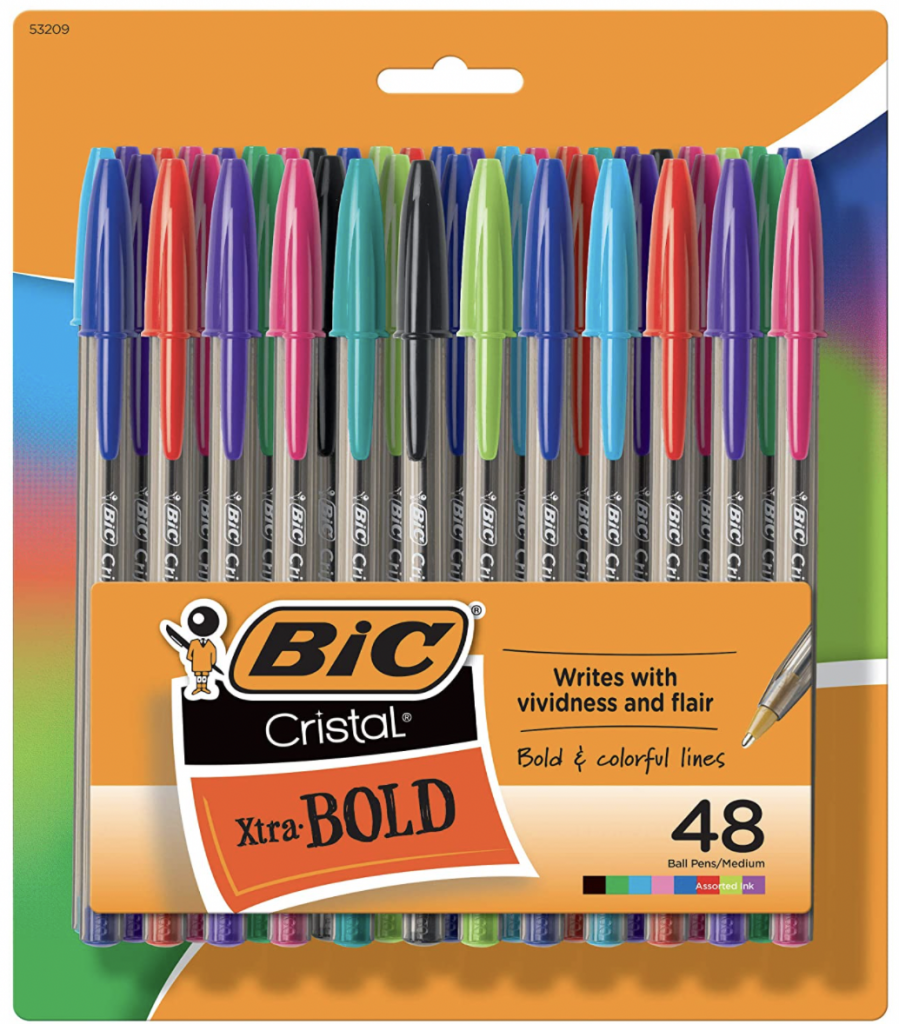 Click here to grab a set of your own! WHILE YOU’RE HERE…Did you know that i have a free resource library full of exclusive upper elementary resources that you won’t find anywhere else. Click the image below to grab your resources now! CHECK OUT THESE RELATED BLOG POSTS: What is standards-based grading why is it so hard and how to tackle it, how to make the most of reading assessments, why reading centers are more important than ever in the upper elementary classroom. Thanks for stopping by!   * This post contains Amazon Affiliate links. If you purchase through one of these links, The Teacher Next Door, LLC receives a few cents on the dollar. This commission directly supports us as a small business and ensures that we can continue to create high-quality content for upper elementary teachers, like yourself! As always, the products shared are tried, true, and tested. Enjoy! - Read more about: Classroom Ideas
You might also like... 20 Must-Have TikTok Amazon Finds to Improve Your Teacher-LifeIf you’re anything like me, you love all the tips, tricks, and deals to make your life easier! As a teacher and a mom, I 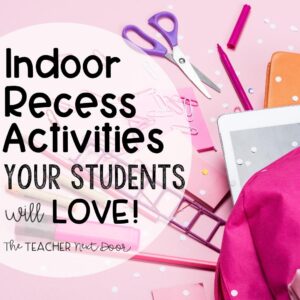 Indoor Recess Activities Your Students Will LOVE!Two little words that teachers everywhere dread: indoor recess. Did you get chills just reading that? Totally understandable, it’s no one’s favorite thing! Indoor recess 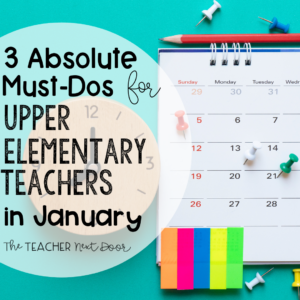 3 Absolute Must-Do’s for Upper Elementary Teachers in JanuaryIt might be hard to believe, but January is already here again! The school year is certainly flying by. I hope that you and your  Hi, I’m Jenn, CEO and owner of The Teacher Next Door! I know that you strive to be an effective upper elementary teacher while maintaining a healthy work-life balance. In order to do that, you need resources that are impactful, yet simple . The problem is that most resources and curriculums out there are far from simple. The pages upon pages of daily lesson plans are just plain overwhelming . At TTND, we believe teachers should be living their lives outside of the classroom, and not spend hours lesson planning and searching for resources. We understand that now, more than ever, teachers need space to be themselves which is why we create and support teachers with timesaving tips and standards-aligned resources. Want access to TTND's Free Resource Library? Sign up for our newsletter and we'll email you the exclusive password!Trending posts. 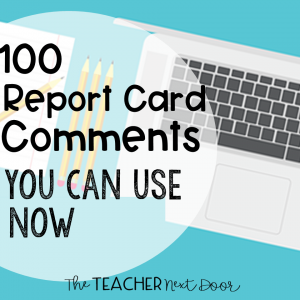 SEARCH BY TOPIC- Classroom Ideas
- Holidays and Seasonal
- Mentor Texts
- Reading Block
- Uncategorized
- Writing & Grammar
POPULAR RESOURCES Facebook Group Teachers Pay Teachers Free Resource Library 💌 Contact Us Disclosures Privacy Policy Refund Policy Purchase Orders Your Downloads Reward Points © The Teacher Next Door, LLC. All rights reserved. 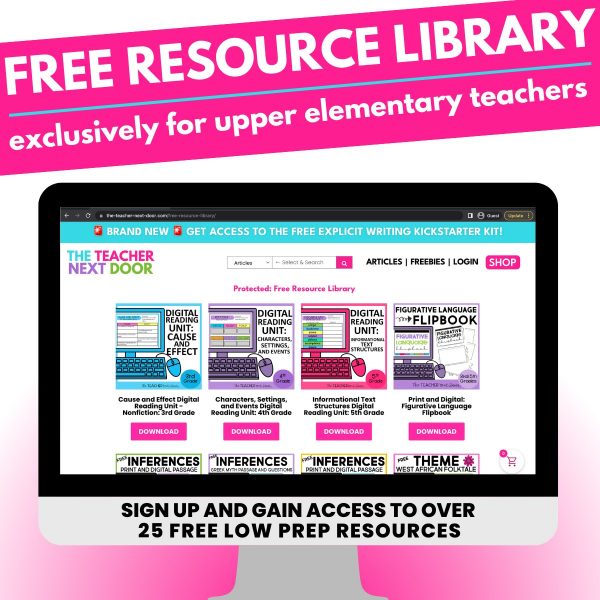 * Please note: If your school has strong email filters, you may wish to use your personal email to ensure access.  100+ Great End of Year Report Card Comments Teachers Can Use In Every Classroom – Encouraging & Appropriate Tips Every parent wants to know how their child is doing at school. End of year report card comments is valuable insights on how the teacher assessed the child for that year. These card comments tell parents, and students, about their performances, accomplishments, and required improvements. Table of ContentsGreat ideas for how to make it easier to write appropriate report card comments, general concepts to remember when writing report card comments for students. - Report Card Comments on Student’s Strengths, Skills, Achievements or Positive Habits & Attitude
Negative Report Card Comments Focused on Potential Areas of ImprovementFree downloadable report card comments for students, final report card comments for the end of the year, eo year report card comments for good reading comprehension, project based learning, a positive growth mindset, excellent attitude and participation. Communication skills, language attention and student behavior and wellbeing all go together great during the year. Whether distance learning or in community classroom, perseverance for children is key. For Math, History, Vocabulary, Writing and other homeworkPraises desire to improve and build great habits, thoughtful negative feedback for homework mistakes and social skills improvement to build confidence in classrooms. We will cover end of year report cards creative motivation in classroom comments for all years. Library year report cards, solution-focused thinking and curriculum, emotional social skills and worksheets. Comment when improvement is difficult, learning directions and discussions makes great writing strategy for others. Difficulty in grade school, middle school and high schoolThe average college professor isn’t an online prodigy – they have a variety of lifestyle skills and character traits. Teachers know the value of report card comments, and they don’t take writing it lightly. Despite knowing how important report card comments are, few teachers look forward to writing it. We’ve created a list of ideas for comments that teachers can use as inspiration and adapt for each student. Often writing report card comments are at the bottom of the end-of-year to-do-list. There are so many other things that need to happen at the same time, and good report card comments take time to write. It’s not something that can be rushed. By making notes throughout the year, the teacher will have ready-to-use data to draw from. These notes help to remember specific achievements or memorable things the student did or said. Create a databank of comment ideas that you can adapt for a specific student. A list of comment ideas may inspire and help to say similar things differently. Begin with the card comments of students that you know what to write. Writing the easy comments first starts the process and makes it easier to continue. If stuck, create a list of adjectives that describe the student. Then use these words to write the report card comments.  Before you start, make sure you are familiar with the school’s rules regarding writing report card comments. Does the school prefer a personalized comment, or do they use general comments? If left to the last minute, errors could occur. Write the comments with enough time available to proofread for any grammatical or spelling errors. Proofreading also helps to make sure the comment says what the teacher meant to say and that it is clearly understood by the reader. Make sure the student’s name is spelled correctly and that letters in words weren’t interchanged like “ot” instead of “to.” Here is a checklist of things to look out for when creating comments. - Always write the truth.
- Be specific.
- Write clear, simple, and concise.
- Avoid educational jargon and terms.
- Use synonyms instead of repeating the same words.
- Write sentences of different lengths.
Generally, comments should be in line with the student’s grades. The comments should be in context to the rest of the assessment. Explaining the student’s grade may be helpful to the parents to know why the child did so well, improved or why they underachieved. 100 Report Card Comment IdeasReport card comments includes the student’s best achievements, strengths or attributes; their areas of success; and where they need improvement. Report Card Comments on Student’s Strengths, Skills , Achievements or Positive Habits & Attitude- I enjoyed having _____ in my class
- It was wonderful to have ___ in my class
- It was a pleasure to have ____ in my class. He/she positively contributed to group activities
- It was wonderful to have ___’s enthusiasm in the class
- ____ helped make the year a pleasant one
- ____ is a pleasant addition to any class with his/her friendly and cooperative attitude
- ____has a pleasant personality and makes friends easily
- ____ is friendly and sincere
- ____’s friendly and fair manner makes him//her good at mediating conflict
- ____’s friendly and polite manner made him/her a popular member of the __ grade.
- ____ is eager to help and mentor classmates
- ____is willing to help
- ____volunteers regularly
- ____ is anxious to please
- ____ showed a willingness to learn with an enthusiastic and positive attitude
- ____ works well in a group
- ____ showed appreciation for the contribution and efforts of classmates
- ____ comfortably takes a leadership role and works well in a team
- ____ effectively makes and receive suggestions in group activities
- ____ has a positive attitude toward classmates
- ____ looks for ways to be helpful in the classroom
- ____ comprehends quickly
- ____ enthusiastically participates in
- ____ is focused in class and eagerly participates
- ____ is willing to participate in the class and group discussion
- ____has improved steadily throughout the year
- ____ accepts responsibility and owns up to his/her mistakes
- ____’s work habits improved greatly
- ____ is ready to accept more responsibility
- ____ has a positive attitude in improving
- ____ has earned a fine report card
- ____ progressed consistently
- ____ pays attention in class and follows directions carefully
- ____ listens and follows instructions well
- ____ listens attentively, wants to learn, and tries to avoid distractions
- ____ listens attentively and follows instructions accurately
- ____learned to listen better and paying attention in class
- ____ participates actively in classroom discussions. He/she has matured so much this year and now eagerly raises his/hands
- ____ follows directions precisely
- ____ responsible and accountable for his/her actions. He/she admits mistakes and is eager to improve. He/she listens to suggestions on how to improve.
- ____ communicates maturely with classmates
- ____ uses his/her time wisely and finishes assignments on time
- ____ expresses ideas clearly
- ____ exhibits organizational skills
- ____ does neat and thorough work
- ____ is a willing worker who takes a keen interest in all his/her work
- ____ has great potential and diligently works toward achieving his/her goals
- ____ is a conscientious worker
- ____ demonstrates leadership skills
- ____ performs well in everything he/she undertakes
- ____ is a hard worker and performed solidly this year with growth in
- ____ matured nicely this year, academically and socially
- ____ demonstrates maturity in solving problems and challenging situations
- ____ has grown in so many ways this year and worked hard to meet
- ____ manages emotions maturely with appropriate responses to feedback
- ____ has matured nicely and is no longer so shy but participates enthusiastically and easily in social situations
- ____ has done wonderfully in overcoming challenges this year. Thank you for your help and cooperation in supporting him/her
- Thank you for your assistance at home with _________
- Thank you for the help I know you have given him/her
- Thank you for your cooperation
Writing the truth isn’t always that easy. Here are card comments ideas to write negative traits or achievements positively. - ____ could benefit from
- ____ could benefit from reading more/many library books
- ___ needs help with organizational skills, such as
- ___ could benefit from improving his/her work habits such as
- ___ needs repetition to retain information
- ___ would benefit from improving self-control skills
- Please continue this summer with as many reading experiences as possible
- ___ has done well in facing challenges this year. Please continue to encourage this behavior over the summer
- ___ needs to listen more attentively during lessons and group sharing times
- ___ needs frequent reminders to be attentive during
- ___ needs to be more attentive during
- ___ would benefit from contributing and participating more actively in class
- ___ would benefit from cooperating more in group activities. He/she could work on how to listen to others and voicing his/her opinions
- ___ would benefit from working more independently and asking assistance only when needed.
- ____ needs to improve using time wisely when completing assignments
- ____ needs more practice in completing assignments on time
- ____ grasps difficult concepts but needs to work faster
- ____ is encouraged to be responsible in
- ____ would benefit from practicing ____ this summer. His/her eagerness to do the right thing will help him/her to improve in
- ____ is encouraged to focus more on completing work within the time frame.
- ____ would benefit more in engaging in the learning process with improved quality of work and using time wisely
- ____ needs to work on increasing his/her speed in completing tasks
- ____ has shown improvement in ____ He/she will benefit more by practicing these skills during the summer
- ___ sometimes takes too long in completing assignments. With additional practice to working faster, he/she will accomplish even more
- ___ needs to develop a more mature sense of responsibility
- ____ will benefit if he/she improves his/her work habits
- ____needs to listen more attentively to directions
- ____ has difficulty in retaining
- ____ needs more practice to complete
- ____ will benefit if he/she is more consistent in his/her efforts, especially in
- ____ needs to finish assignments
- ____ will benefit from practicing his/her handwriting
- ____ needs the motivation to complete tasks
- ____ does not work according to his/her ability
- ____ needs to proofread his/her work before handing in assignments
- ____’s assignments aren’t neat
- ____ needs to spend more time on assignments
- ____ needs to learn to be less sensitive about
- ____ needs to learn to listen and wait until someone has finished talking and not interrupt them
- ___ will benefit from applying his/her skills to all work, especially
Great Year End Report Card Extras For Kindness, Respect, Extra Time Preschool Social Skills – Quality Report Card CommentsEnd of term development of time management – end messages – ending comments for grades, hard work habits and skills. If you’d like a Free Downloadable copy of this list, we now have that available. Just click the button below to download the pdf file of these report cards for students. Bryan Bigari is the current editor of Fractus Learning. As a father of three, Bryan has a passion for helping kids to both excel in school and have fun with friends and parents. He has worked on education issues at the state and federal level, and is looking forward to sharing his first hand education and toy knowledge with you. Leave a Reply Cancel replyYour email address will not be published. Required fields are marked * This site uses Akismet to reduce spam. Learn how your comment data is processed .  Report Card Comments & Phrases for All Subjects Meaningful Report Card Comments & PhrasesReport card comments help parents to understand where their child is growing or struggling as a student. Save time while properly addressing each student's needs with our selection of resources. 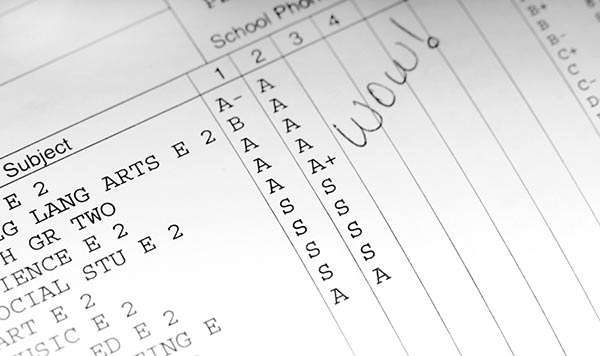 Stumped by what to say and tired of writing the same things over and over again while writing report card comments? Our report card comment resources will help you: - Save time and speed up your report card process
- Address any grade and subject with easily adaptable phrases
- Cover important areas such as: work habits, citizenship, math, reading, and attitude
As every teacher knows, report card comments are a critical part to each student's evaluation and assessment —and now one knows your students better than you. Report card comments help parents to understand where their child is growing or struggling as a student. Are there things that their child excels at or struggles with? The valuable information you provide can help the parent address any challenges their child may be struggling with in the classroom. They can also be used to praise a child's accomplishments and hard work, giving that student the encouragement they deserve. Our editors gathered hundreds of report card comments, phrases, and ideas for teachers to better evaluate student progress, communicate more effectively, and work more efficiently. You'll also find handouts to give to parents that include advice on dealing with report cards and grades. Report Card Comments by GradeReport Card Comments for Kindergarteners This list of 96 ready-to-use comments covers academics, personality and attitude, work habits, and social skills for kindergarten report cards. Report Card Comments for Preschool This list of 38 ready-to-use comments covers academic subjects, social skills, behavior, and time/task management for preschool report cards. Looking for more report card comment examples?Download or purchase over 90+ pages of grading comments examples, tips, and advice for managing student grades. Report Card Comments by SubjectReport Card Comments for Academic Achievement & Improvement Creative and applicable academic achievement/improvement comments and phrases to use while completing the report card process. Report Card Comments - General and Handwriting General and handwriting comments and phrases to ease the report card crunch. Easy to modify and tailor to individual students. Report Card Comments for Language Arts & Reading An assortment of report card comments and phrases focusing on reading, writing, listening, and speaking skills. Report Card Comments for Math Suggested math report card comments and phrases to assist you at the end of every quarter. Report Card Comments for Science Science report card comments and phrase for student evaluation during the grading process. Report Card Comments for Social Studies Make the most of your report card writing time using these suggested comments and phrases for social studies. Report Card Comments by Student TopicReport Card Comments for Citizenship Help parents and students understand how being a good citizen in the classroom enhances learning and community. Report Card Comments - End of Year Provide a fitting look back on the full year in the classroom with these comments and phrases. Appropriate for all grade levels. Report Card Comments for Personality & Attitude Comments and phrases appropriate for all students. Also a great resource to prepare for parent-teacher conferences. Report Card Comments for Work Habits A set of comments and phrases that can be used to address a student's work habits. Report Card Comments for Character and Social/Emotional Traits Help parents and students appreciate the development and importance of 21st Century skills and character traits. Positive Report Card Comment Descriptions of Student Behavior An extensive list of verbs and phrases that will help you to prepare positive, descriptive statements about a student's behavior. Report Card Comments for Distance Learning A selection of report card comments focused on aspects of student performance during distance learning. Report Card Comments for ESL Students This list of 30 ready-to-use report card comments covers language growth, speaking, listening, writing, and reading skills for ESL and ELL report cards. Advice for Teachers- A Grading And Assessment Workbook For Teachers
Advice for Parents- Report Card Advice for Parents
- Understanding Report Cards: Tips for Parents
Recommended Report Card Comments & Phrases for All Subjects Resources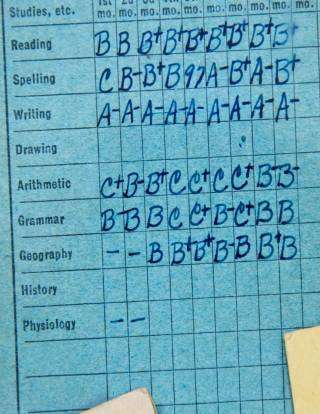 CLASSROOM TOOLS Report Card Comments — Academic Achievement & Improvement 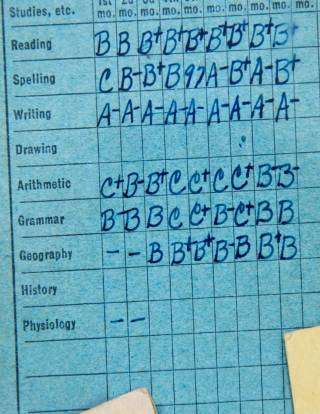 Report Card Comments & Phrases—End of Year 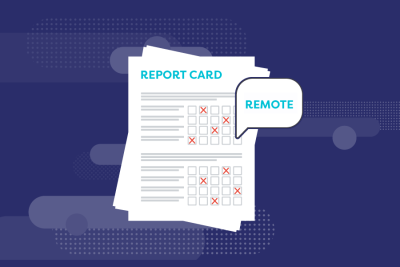 TEACHING RESOURCE Report Card Comments & Phrases for Distance Learning and Homeschooling 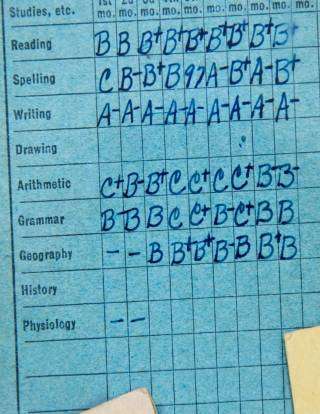 Report Card Comments & Phrases—Personality & Attitude 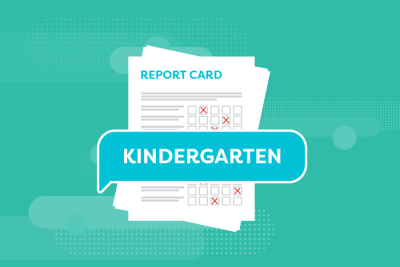 Report Card Comments & Phrases for Kindergarten 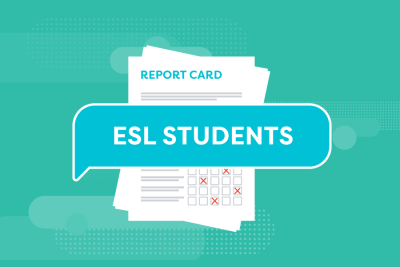 Report Card Comments & Phrases for ESL Students 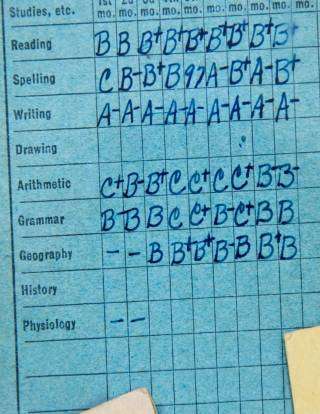 Report Card Comments for Language Arts and Reading 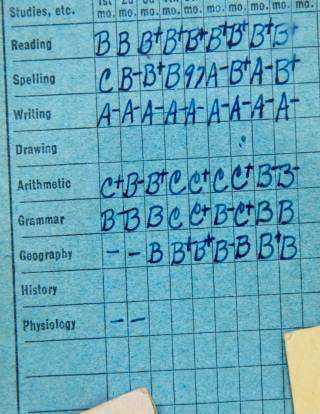 Report Card Comments for Math 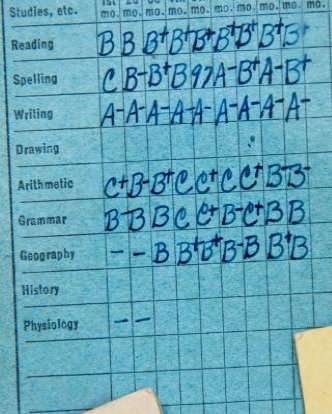 Report Card Comments & Phrases—Work and Study Habits  Report Card Comments & Phrases—Science 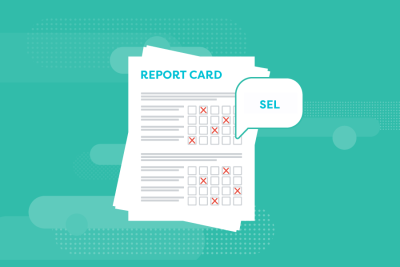 Report Card Comments & Phrases — Character and Social/Emotional Traits 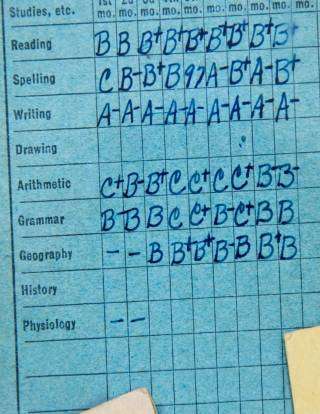 Handwriting Report Card Comments & Phrases 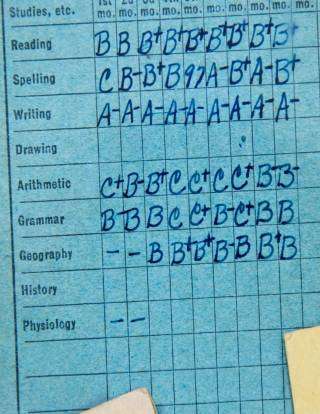 Report Card Comments & Phrases—Social Studies  Positive Descriptions of Student Behavior 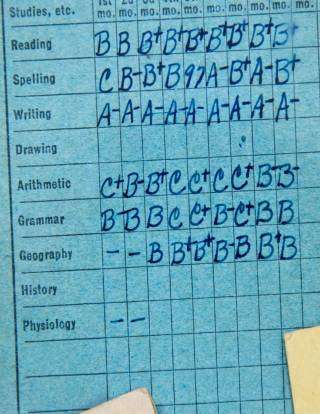 Report Card Comments & Phrases for Preschool 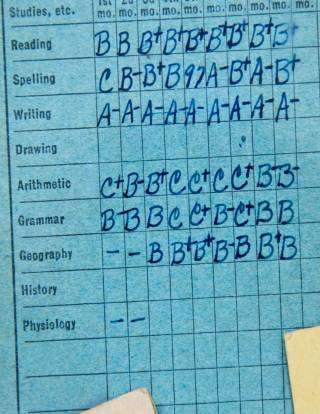 Report Card Comments & Phrases—Citizenship Report Cards: Advice for Parents Conspicuous Strategies Guidelines for Behavioral Observations  EDITOR'S COLLECTIONS TeacherVision's Favorite Report Card Tips  107 Report Card Comments to Use and Adapt Written by Justin Raudys Reviewed by Sarah Tino, M.Ed. See your students' performance at a push of a buttonWith Prodigy's reports, teachers can easily track student progress and see their strengths and growth opportunities – all while the student has fun playing Prodigy Math! Learning skills (positive comments)Learning skills (needs improvement), addition and subtraction, skip counting, place value, comparing numbers, addition with regrouping. - Word problems
- Language (general)
Reading responsesReading comprehension, response journal, note taking, distance learning. - Tips for writing effective report cards
- Key considerations for effective end-of-year report cards
Just about every teacher agrees: report card comments are important to provide insights and next steps to students and families. But there are few who actually look forward to writing them. Because every instructor knows working under tight deadlines to create upwards of 20 unique and detailed reports at the end of the year or term isn’t exactly straightforward (or particularly fun). That's especially true in the era of distance learning. And while no one at your school knows your students better than you do, writing valuable report card comments for each of them can be a huge challenge. That’s why we created a list of 107 sample report card comments — starters to help you find ideas, inspiration, and insights while writing your own report cards. The 107 report card comments in this list will help you: - Instill a growth mindset in students
- Build stronger home-to-school connections
- Write stronger leads and use livelier language
- Choose the right phrasing when writing positive and constructive report card comments
Report card comment startersYou'll notice that the report card comments below can act as a springboard for more fully developed ones. But don't worry, using them you'll be able to take some of these one-liners and turn them into insightful and actionable next steps! For example, you'll be able to take a 1st grade number sense comment like "Your child is able to add and subtract numbers up to 20 using various manipulatives" and transform it into: Your child is able to add and subtract numbers up to 20 using various manipulatives. This was evident when he was working independently to solve a real-world problem by adding toys in the classroom toy bin. As a next step, they should continue to add to larger numbers to encourage his skills. You can support him by asking him to add his own toy piles at home. Or taking a responsibility-related learning skill comment from "Your child is able to take responsibility for her own actions both in and out of the classroom" to: Your child is able to take responsibility for her own actions both in and out of the classroom. She often checks her agenda and day planner to make sure she has all of the necessary materials to complete work at home before leaving. During indoor recess, she takes time to tidy up everything she was playing with. Notice the difference? Compared to a single number or letter grade, report card comments can provide even more value to your students and their families. In other words, a number or letter or grade captures the what , while an accompanying comment captures the how . Depending on the age group or grade level you teach, a letter or grade letter might be enough. However, research in Phi Delta Kappan, the professional journal for educators, suggests: Comments that identify what students did well, what improvements they need to make, and how to make those improvements, provided with sensitivity to important contextual elements, can guide students on their pathways to learning success and ensure that all learn excellently. Gather insights into student performance all year long and make report card writing easier with Prodigy, the adaptive math game that students love.- ________ is confident, positive and a great role model for his/her classmates.
- ________ is frequently among the first to help and mentor other classmates. He/she is a valuable part of the classroom.
- ________ has shown excellent ability to set goals and be persistent in achieving them.
- ________ is interested in his/her own learning, listens attentively, and makes a solid effort to avoid distractions that could interrupt the learning process.
- ________ is accountable and responsible. He/she makes smart decisions, admits mistakes and listens to opportunities to improve.
- ________ relates well to classmates and is appreciative of different perspectives and experiences.
- ________ manages his/her emotions maturely and responds to feedback appropriately.
- ________ always looks for ways to be helpful in the classroom.
- ________ is dependable and reliable, follows directions effectively, and follows through on his/her commitments to him/herself and others.
- ________ is thoughtful, insightful and thorough in written and verbal communication, and has a talent for expressing his/her ideas clearly.
- ________ works well with classmates in group work and often takes a leadership role.
- ________ shows a positive attitude with classmates in group projects and activities, and both takes and gives suggestions and directions effectively.
- ________ shows maturity when solving problems with classmates and uses good communication.
- ________ excels at applying what he/she learns in the classroom to real-world and real-life situations.
- It has been a pleasure to have _______'s enthusiasm, positivity and maturity in my class.
- ________ is an enthusiastic member of the class and shows a willingness to learn.
- ________ shows responsible behavior, works well with a group and shows appreciation for the efforts of classmates.
- ________ is focused during classroom activities and willingly participated in class discussions.
- ________ performs independent work with confidence and focus.
- ________ works independently and takes pride in work done well.
- ________ is focused in class and willingly participates in group discussion.
- ________ is very conscientious and shows excellent effort and care with daily work.
- ________ demonstrates a willing and conscientious effort in his/her daily work.
- ________ shows a conscientious effort to learn.
- ________ has done a great job facing and overcoming big challenges this year. Please continue to nurture and encourage this behavior over the summer.
- ________ shows responsibility and follows directions whenever they are given.
- ________ listens to and follows directions precisely and attentively.
- ________ follows directions promptly and accurately.
- ________ is an active participant in class.
- ________ is a hard worker who calmly perseveres through challenging topics.
- ________ is encouraged to demonstrate more responsible attitudes and behavior in the classroom.
- ________ needs to show more appropriate behavior when interacting with classmates.
- ________ needs to pay attention to the use of appropriate language at all times
- ________ requires encouragement to listen attentively during group sharing times.
- ________ needs to listen to directions more attentively during lessons.
- ________ would benefit from showing a greater desire to contribute ideas in class.
- ________ needs frequent reminders to be attentive during instructions and lessons.
- ________ needs to improve his/her cooperation in group settings. He/she should work on voicing feelings and opinions and listening to others.
- ________ needs to improve his/her work with others. He/she must ensure to accept a share of the work when participating in a group assignment.
- ________ needs to improve on working independently and be sure to ask for assistance only when it is needed.
- ________ often struggles to focus in class, which harms his/her ability to engage well with class activities and assignments.
- ________ is encouraged to use time wisely to finish tasks in the time required.
- ________ is encouraged to be more responsible in completing tasks without needing regular reminders.
- ________ needs to show by the quality of work and use of class time that he/she is properly engaged in the learning process.
- ________ consistently needs reminders to focus on time management.
- ________ needs to follow classroom rules more closely throughout the school day.
Math (general comments)- ________ is having considerable difficulty with math. I recommend he/she work on studying ________ and ________. This extra practice will help him/her feel more relaxed when doing math in the classroom. Please contact me if you need materials to get him/her started.
- ________ has a good understanding of all math concepts taught so far this year. He/she continues to turn in excellent assignments and especially enjoys hands-on math activities.
- ________ has a positive attitude towards math but continues to have trouble in a few key areas. He should practice every evening at home. Areas that need extra attention are ________ and ________ .
- ________ demonstrates a good understanding of all math concepts studied and communicates with clarity and good justification of reasoning.
- ________ needs to work on increasing his/her speed in math facts. He/she should continue with daily practice with a focus on addition, subtraction, multiplication and division.
- ________ seems to need continuous encouragement in math. He/she continues to struggle with basic math concepts for his/her grade level.
- ________ is having a difficult time in certain areas of math. Areas in need of extra work are ________ . Working on these problem areas every night would help improve his/her learning outcomes.
- ________ is struggling to keep up in math. He/she could benefit from practicing the multiplication table and should also continue to practice the long division process.
- ________ is easily distracted during math lessons and behavioral issues are interfering with his/her learning. We will be working on more difficult subjects and he/she will struggle if he/she does not pay attention in class.
- ________ is having trouble with math tests. He/she does well on assignments, but does not seem to retain information for tests. I always give a week’s notice before tests, so please be sure ________ studies and adequately prepares for them as they approach.
- ________ is able to calculate addition and subtraction facts to 18 with confidence and accuracy.
- ________ is becoming more able to calculate addition and subtraction facts to 18 with confidence and accuracy.
- ________ requires more time and practice in calculating addition and subtraction facts to 18
- ________ needs to put more effort into learning to calculate addition and subtraction facts to 18.
- ________ is able to skip count forward and backward by twos, fives, tens, and hundreds to complete short patterns.
- ________ is learning to skip count forward and backward by twos, fives, tens, and hundreds to complete short patterns.
- ________ needs practice with skip counting forward and backward by twos, fives, tens, and hundreds to complete short patterns.
- ________ needs considerable practice with skip counting forward and backward by twos, fives, tens, and hundreds to complete short patterns.
- ________ is able to demonstrate place value concepts to give meaning to numbers from zero to 1000, identifying ones, tens, and hundreds.
- ________ is developing an understanding of place value concepts to give meaning to numbers zero to identifying ones, tens, and hundreds.
- ________ requires more time and practice to demonstrate place value concepts to give meaning to numbers 0 to 1000, identifying ones, tens, and 100s.
- ________ is able to compare numbers to 1000 using terms such as greater or less and greatest or least.
- ________ is learning to compare numbers to 1000 using terms such as greater or less and greatest or least.
- ________ requires support to compare numbers to 1000 using terms such as greater or less and greatest or least.
- ________ demonstrates a limited understanding in comparing numbers to 1000 using terms such as greater or less and greatest or least.
- ________ can demonstrate and explain the process of addition of whole numbers up to 100, with and without regrouping.
- ________ requires ongoing support to demonstrate and explain the process of addition of whole numbers up to 100 with and without regrouping.
- ________ requires considerable attention and individual instruction to demonstrate and explain the process of addition of whole numbers up to 100 with and without regrouping.
Word problems (math)- ________ is able to complete word problems using one- and two-digit addition, showing his/her work and writing a full sentence answer.
- ________ is becoming more confident in his/her ability to complete word problems using one- and two-digit addition, showing his/her work and writing a full sentence answer.
As we move into language and literacy, the following sections include starter report card comments which cover reading, writing, oral communication and critical thinking skills. Language arts (general)- ________ ’s (comprehension, spelling, reading) has greatly improved, but he/she still needs extra work in (comprehension, spelling, reading). Please contact me if you need supplemental learning materials to use at home for practice.
- ________ is conscious of putting care into his/her daily writing work, and frequently goes beyond the minimum requirements for assignments.
- ________ has trouble with his handwriting. I believe he/she can form letters well, but has to slow down and take a little more time. Neater handwriting will improve his/her schoolwork overall.
- ________ makes a good effort to make his/her handwriting legible. He/she is able to print on the lines, use good spacing, and form letters correctly.
- ________ needs to focus on her spelling. More improvement is needed in the areas of (dictation, weekly spelling tests, sentence structure). Daily practice at home will help improve his/her results.
- ________ shows the ability to quickly use spelling, punctuation and grammar rules that were recently taught. He/she is able to quickly learn new skills and is eager to apply them to his/her writing.
- ________ is having considerable difficulty with reading, particularly with fluency and comprehension.
- ________ speaks well in front of the class, but requires improvement in written language. He/she is having trouble with (dictation, copying words correctly, story writing, creating logical sequences). Further practice is needed in this area.
- ________ continues to make excellent progress in spelling and reading. He/she works hard to submit work that is free of grammatical errors.
- ________ has difficulty remembering previously discussed writing skills and often makes errors with punctuation, grammar, and overall sentence structure. Basic writing skills need improvement.
- ________ is able to offer direct responses to his/her readings and supports ideas with sound reasoning and specific examples.
- ________ is learning to offer more direct responses to her reading experiences supported by reasons, examples, and details.
- ________ needs frequent support to offer direct responses to his/her reading experiences supported by reasons, examples, and details.
- ________ shows good ability when completing reading comprehension tests.
- ________ would benefit from extra practice with reading aloud and discussion of content.
- ________ consistently demonstrates comprehension of short spoken texts by answering questions, and explaining the events described.
- ________ consistently reads grade-level material independently.
- ________ uses good editing skills and correctly places capitals, quotation marks, question marks, apostrophes, commas, and periods.
- ________ is doing a good job of breaking a story into paragraphs
- ________ determines various forms of writing and identifies important ideas through the development of insightful questions and answers.
- ________ is able to analyze character actions, story plots, and shows strong fluency with reading.
- ________ uses correct spelling, grammar and punctuation when writing simple sentences.
- ________ is encouraged to show increased attention to the use of correct spelling, grammar and punctuation with general writing skills.
- ________ needs more time and practice in the use of correct spelling, grammar and punctuation with general writing skills.
- ________ requires considerable assistance to achieve the correct spelling, grammar and punctuation when writing simple sentences.
- ________ shows an excellent understanding of note taking from lectures and readings in preparation for tests and assignments.
- ________ requires ongoing support to develop an understanding of note taking from lectures and readings in preparation for tests.
- ________ was very engaged and focused during distance learning activities, and participated in class discussions.
- ________ stayed motivated to complete assignments during distance learning, and turned in all required materials on time.
- ________ needed some extra prompting to stay engaged during online lessons, but participated well in discussions when called upon.
- ________ modeled good online learning behavior for other students.
- ________ was disruptive during online learning and did not meaningfully participate in class discussions.
- ________ handled technical problems well and was always prepared.
- Although he/she couldn’t always access a device, _________ consistently completed online assignments and asked thoughtful questions.
- ________ should ask more questions during online discussions to avoid confusion later.
- ________’s attendance during online lessons was infrequent and assignments were not always completed.
- ________ worked well independently and in a group setting during distance learning activities.
- ________ is excellent at completing distance learning activities independently, but struggled to engage with his/her classmates during breakout sessions or class discussions.
- ________ is a technology superstar! He/she rarely needed assistance and even helped other classmates troubleshoot issues.
- ________ asks good questions and always reaches out proactively when he/she needs help with an assignment or lesson.
Tips for teachers to write more effective student report card comments1. give yourself extra time and start writing comments early.  Somewhere around the halfway point to your deadline for report cards, you make your best effort to use time at the end of each week to reflect — and jot down notes — about your students’ performance and class week. What are their strengths and weaknesses? How are their social skills developing with classmates? How is their class participation - are they an enthusiastic learner? Have they shown great improvement in one particular subject area? Are homework assignments getting done? Have any new challenges come up that affect learning? Even just a few minutes of note-taking in the weeks preceding report card deadlines will help to ease your stress when the time comes to write your final comments. Moreover, having a dated log of information detailed throughout the school year will help you remember how students are performing throughout each week, which can be valuable information come parent-teacher conference time. This will also help to engage and reassure parents who want relevant and detailed commentary about their child’s performance at school. 2. Use free, curriculum-aligned apps for teachers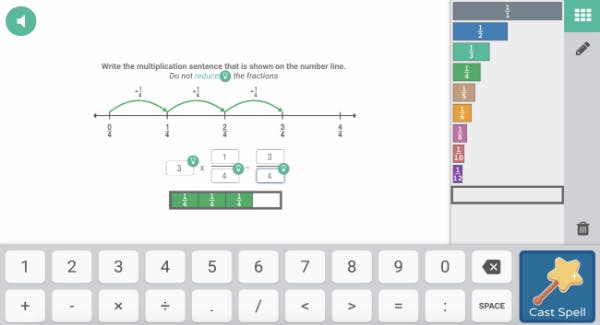 Use Prodigy to write insightful report cards with a minimum of hassle. Prodigy Math is an engaging math adventure for students where success depends on correctly answering adaptive math questions. As students play, you’ll get insights into: - Which skills students are practicing
- How far they’ve progressed through the curriculum
- What they’ve mastered and where they need more support
Use one of Prodigy’s eight reports to track student progress throughout the year. When the time comes to write report card comments, you’ll have detailed reports on all your students’ achievements. Just getting started with Prodigy? No problem! The first time students explore the world of Prodigy Math, they’ll start completing the Placement Test — without even knowing. Once they’re done, you’ll have a snapshot of the grade level they’re at, what they know and specific skills they still need to work on. 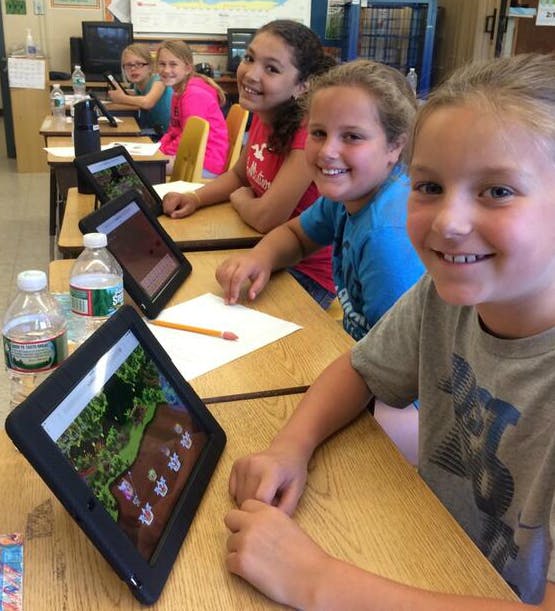 Spend more time teaching and less time gradingPrep for standardized tests, deliver adaptive skill practice or test students on a new skill — all while they play Prodigy Math, Prodigy English, or both! 3. Be encouraging, informational and professional Although every report card cannot be glowingly positive, do strive to write in an encouraging and informational tone. As you write constructive report card comments, use encouraging language that focuses on the student’s opportunity for improvement. For example, instead of describing a student struggling with listening as a “bad listener,” remark that the student “would benefit from listening more carefully.” If appropriate, frame a negative comment in terms of what students are doing well -- and consider how this more successful characteristic can help them bolster performance in other areas. 4. Use a consistent format Lead your report card comments with the positive comments, followed by areas that need more attention. Choosing the right format for reporting information will simplify the entire process, while resulting in a clearer and more organized final product. If you are unclear about your school’s format for report cards, request samples or consult with other teachers or staff members to clarify. 5. Be honest Being open and honest about a student’s performance requires tact and consideration with regard to how you express those comments. Be transparent, and remain mindful that your goal is to improve your students’ learning experience. Openness and honesty are key to ensuring that experience is the best it can be. If possible, discuss what intervention strategies you can use to help improve the student’s learning outcomes. As elementary teacher Donna Donaghue remarks in her book A Guide for Beginning Elementary Teachers: Getting Hired and Staying Inspired : If there is a problem, most parents will be grateful to you for telling them and will want to help you correct it as soon as possible. Many problems that show up at school are also problems noticed at home, so your comments will not surprise parents. Ideally, at some point prior to receiving the progress report, parents have already discussed the problem with you. 6. Move on if you get stuck If you get stuck completing the comments for a particular student, move on to your other students and return to it later. You will likely have more trouble completing comments for students who have multiple areas needing further improvement and attention. Feel free to move on and return to those students periodically or as you find the right language to express your insights. 7. Keep parents and guardians in mind While every report card comment is ultimately about your student, think of your students’ parents or guardians as much as possible and offer suggestions for their participation. In fact, if you can, keep parents up to date on an ongoing basis. This will help ensure they don't get caught off guard by any of your comments. As you make note of your students’ strengths and weaknesses, endeavor to include practical insights into how parents can involve and support their child at home. If possible, make reference to how you use differentiated instruction to support the student in question. Simple examples of tips for parents include: - "Encourage your child to read. It doesn't have to be on your own either. Dedicating time before bed to read together can help make it seem like less of a chore."
- "Find homework help for your child if needed. Myself and other parents who are also getting homework help for their child are great resources to get started."
- "Ensure that your child completes their homework by creating a homework routine with your family where incentives like TV or computer time come after homework."
- "Help your child with organization skills at home. If a room in your house could be tidier, try using that as an opportunity to sort things like toys or dishes and utensils."
- "Help your child prepare for math tests by focusing their skills in addition and subtraction. If they don't like studying with traditional worksheets, try a digital game-based learning tool to help get them excited about the process."
As high school educator and teaching comprehension expert Anne Goudvis writes in her book Strategies That Work: It is important that you include the parents in your comment so they know the child’s education is a joint mission. Sometimes you need to sound firm so that parents know you need their help and that you will not allow their child to continue inappropriate behavior. 8. Try not to repeat yourself It is unlikely that your students or parents will compare their report card comments, but it is still a best practice to aim for unique commentary for each student that reflects each, individual learning outcome. 9. Proofread, even if you don’t want toReport card time is perhaps your busiest period of the year, and it is understandable that you want to simply get them over with. Despite this, you should make sure to double check all your comments before hitting print and handing them out. All your communications to parents are a reflection of you as a teacher, and should mirror the care and attention you show your students in class. 10. Notify parents Make use of your school’s parent portal or email system to let parents know — as needed — that report card time is coming up. This will help parents be prepared, and will also ensure that any important questions they may have are addressed before the final report cards are delivered. Did you know?If you're using Prodigy Math in your classroom, you can connect parents to follow their child's progress. A free parent account comes with a monthly report card and insights into classroom learning, helping them stay informed of how their child is doing in class. They can also send their child an encouraging message to cheer their child on as they play and practice skills in Prodigy! 11. Use specific examples with the help of direct observation Record and use classroom anecdotes in your assessments. No matter how involved you are in your students’ progress, it can still be difficult to produce specific examples related to their performance if you haven’t recorded them along the way. When you notice a positive or negative skill, ability, strength, or weakness in a class activity or assignment, be sure to note it down so that you may refer to it in your report card comments. Likewise, consider noting a sample of a student’s work every week or two. To help with ease of access, keep ongoing files of this work in a personal folder or use a digital tool such as a Google Doc. Putting this into practice is a time-saver and helps prevent last-minute stress. A strategy like direct observation and note-taking (as soon as possible) is far more reliable than trying to recall information and behaviors from weeks or months prior. 12. Try using tech to helpWriter's block happens to all of us, including teachers. If the report card comments in this article didn't help, fear not, there are still plenty of tools and resources to give you a helping hand. One new option for teachers is using artificial intelligence (AI) to assist with report card ideas. For example, teachers can use tools like ChatGPT to generate examples for their specific needs. When using chat technology, try to keep your prompt concise and easy to follow. A good template prompt to follow is: "Write [number] report card comments for students studying [subject] in [grade]." Here are some more specific examples to help get you started: - Write 50 report card comments for students studying social studies in 5th grade.
- Generate 20 report card remarks commending a student for a positive attitude to learning.
- Create 10 report card comments that focus on a student needing to improve their attitude to learning.
Alternatively, you can use spreadsheets and report card builders to manually piece together a report card based on a template of comments. Important tip: When using AI chat technology, make sure you don't submit any personal details about you or your students. Instead let the tool use a placeholder like "Student". Key considerations for report card comments at the end of the yearReport card comments should aim to deliver feedback to students and parents that is personalized, detailed, and meaningful .  Writing report card comments doesn’t have to be stressful. Use these strategies to create livelier, more meaningful evaluations. Effective report card comments emphasize and discuss: - The specific, notable strengths that a student has shown and should attempt to continue to show
- The specific elements of knowledge, skills, and other outcomes recognized in the curriculum that are the most pertinent to a student’s achievement or development in the period of assessment
- The major next steps for improvement that will: identify the student’s most important learning needs, offer next steps for students and offer specific recommendations for how parents and guardians can help the student’s learning habits and skills (or the development of those habits and skills)
Effective report card comments are personalized – customized to each, individual student – and discuss: - The student’s learning preferences, willingness to learn, and interests
- Detailed evidence of learning or skill-development gathered from in-class observations, and/or student assignments
Effective report card comments are expressed with clear and simple phrasing, using: - An encouraging and/or positive tone
- Language that is easy to understand for both students and parents, as opposed to educational jargon used from the curriculum
Report Card Comments: Final Thoughts Common Sense Education observes that "effective parent communication is crucial in helping students learn. But, for busy teachers it can be challenging just to keep up... Transparency and equity are key to managing any communication between home and school." Personalized report card comments that are clear, precise, and meaningful are essential for informing students and their parents about what students have learned, what their strengths are and how they can effectively progress. Among the pressure and deadlines of writing report cards, it can be helpful to keep these key goals in mind. Get inspired by the report card comment examples — and strategies for success — above to ensure that precision, clarity, and meaning shine through in your report card comments. When it comes time to hand out your report cards, you can do so with the full confidence that you are doing yourself — and each of your students — the justice your hard work deserves. Gather student insights on ProdigyCreate or log in to your free teacher account on Prodigy — a standards-aligned, game-based learning platform that assesses student progress and performance as they play. Use Prodigy to motivate student learning, control the questions they answer as they play and collect student learning insights all year long.  Writing Report Card Comments: A Teacher’s Cheat sheet for SUCCESSPosted on Published: October 17, 2023 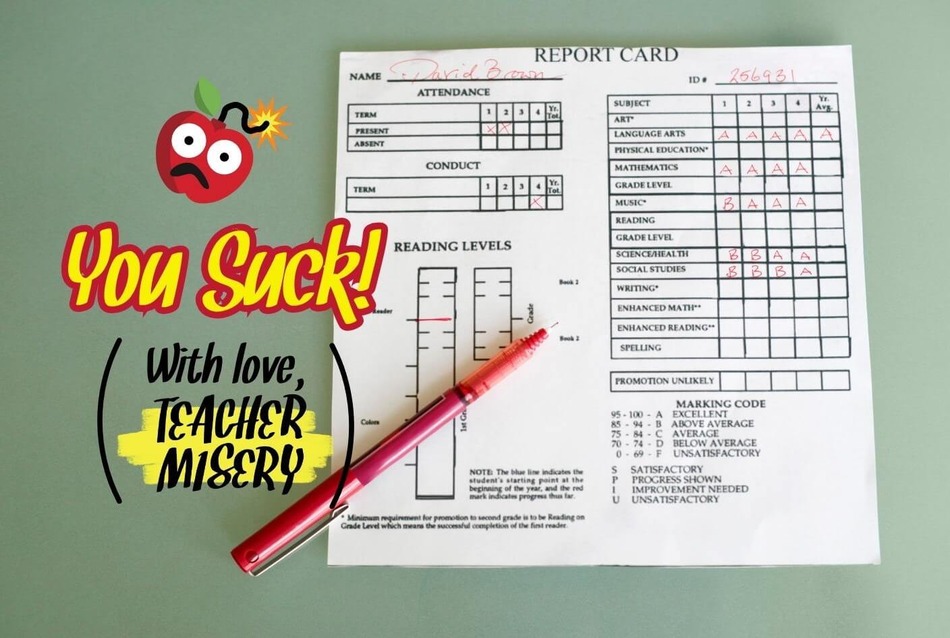 By: Author Jane Morris Ahh, the art of writing report card comments. None of us love, but we all got to do it! When teachers are asked to write report card comments, we know we must oftentimes sugarcoat the reality of a child’s performance as much as possible. There must be a nice, productive way of saying even the worst things, e.g. “Your kid kinda sucks!” . Does the student sit around all day, staring out the window, eating boogers? Just say that he “Has quite an appetite for life!”. Do they ask to use the bathroom forty times a day? Try “They make a willing and conscientious effort to maintain good hygiene.” Or if the student cannot stop yelling out inappropriate comments about the teacher’s body parts, you can say they are “Excellent at self-expression!” . In lieu of meaningful report card comments (because parents can be a wee bit allergic to the truth), there are plenty of helpful words and phrases for writing reports that we can utilize to obfuscate what we mean. The secret is to dodge, duck, and weave like a pro. Little did you know your life in the teaching profession would be playing the role of a politician and mastering the trade of covert communication! And much like a politician, you can’t come out and tell the truth. It’s just not allowed. So instead, to help you figure out how to comment on a student report card, I’ve listed a bunch of tips and examples for teachers in this article. As well as some generally hilarious ones. This article will help you save some time and mental labor, of course, but it should also help you formulate remarks on student performance in a way that lets you keep your job! So without further ado, here are all the comments that you would REALLY like to write on some student report cards. And more importantly, how to make them SFW. 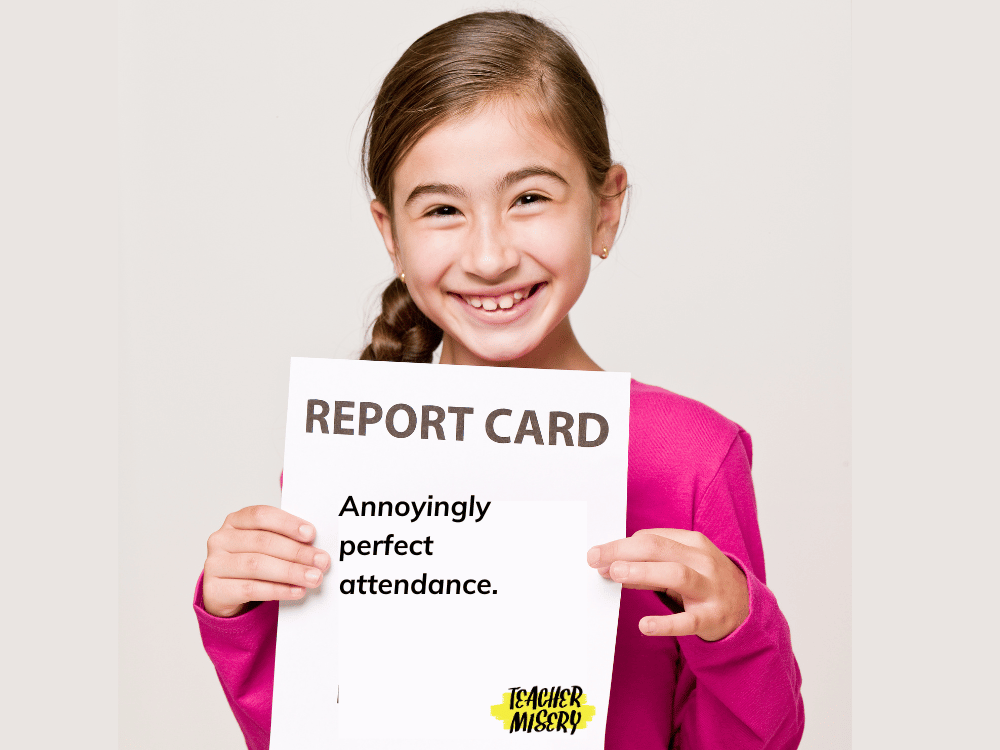 Teacher Report Card Comments By Category: How to Dodge, Duck, and WeaveAlrighty, you ready, fellow educators? The art of writing effective report card comments ( “effective” meaning least likely to rock the boat) is much like the art of quiet quitting teaching ! It takes ingenuity to keep everyone happy while not taking on the stress yourself. Here’s how you take all those negative comments from teacher evaluations and pad them for parental eyes. I’ve broken it down by category, focusing on: - Student Behavior
- Work Habits and Performance
- Class and Assessment Grading
- Interim and Midterm Progress Reports
So just skip ahead to the relevant topic. Or read them all because writing ANY report card comments is a pain in the posterior! Either way, keep it evasive and remember to DODGE. Get the Books That Started It AllBefore the blog, the podcast, the merch store… there were the best-selling books. If you like the content on this site, then you’ll LOVE the Teacher Misery books. They’re jam-packed with teaching insanity, ridiculous true stories, and all the commiseration about the profession you’ve come to know, adore, and respect. Follow the links below to get your copies today! 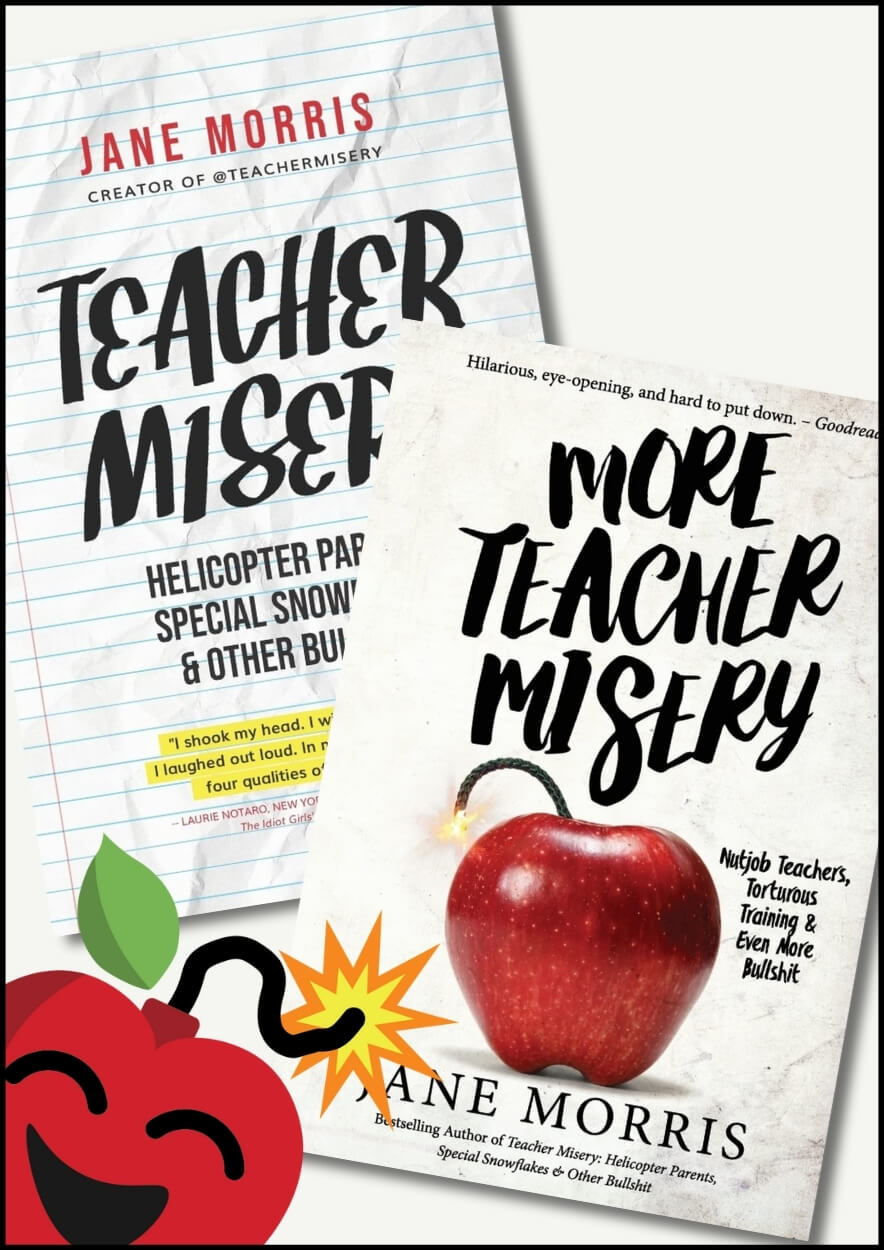 #1: Comments on BehaviorOh boy, behavior. Does the student have a positive attitude? Does the student follow classroom rules or just behave like an animal ? These are the questions we can’t answer honestly. So instead, try these report card comments for failing students! - If the student is annoying, simply say that they are enthusiastic or eager.
- If the parent’s personality is clearly the reason the kid is awful, just say, “Learning begins at home.”
- When the student is torturing you during classroom activities with their terrible behavior, try saying, “It’s been an interesting semester.”
- “Always smiling” is a good substitute for a kid with no idea what’s happening.
- For students who won’t ever shut up, try writing phrases like “Great language skills” or “Active participant in discussions” .
- A bossy kid “Has many insightful ideas to share during class discussions,” or has “excellent leadership skills” .
- If the kid simply farts too much in class, try “Behavior can be a bit unpredictable.”
- Does the student say, “I hate you” on a daily basis? Just say they are working on having a more positive attitude and better social skills in class.
- If you can’t find anything constructive to say about a kid, consider this: can they tie their own shoes? Then say, “Problem solves independently.”
 #2 Comments on Work HabitsMoving away from the ever-worsening crisis of student behavior and over to the ever-worsening crisis of their work habits, let’s look at some more ways to phrase your comments on teacher report cards. Here’s what to do for kids with crap work ethic! - Do you have to write a comment for one of six kids in class with a similar name and you can’t really remember which one this is? Just write, “Follows directions,” or “Turns class assignments in on time,” or even “Uses class time wisely.”
- Does the kid lose their mind when working on group tasks? Then say, “Works well independently.”
- Also, “Takes an active role and shows commitment to schooling,” is a nice way of saying they could be absent a bit more.
- The child “Lacks focus and is easily distracted,” is a cordial way of telling a parent that their kid is lost for hours when a bug flies by the window.
- You can always say that the child is “Learning how to be a better listener,” when, in reality, they ask what we are doing after you already explained the directions five times in a row.
- They have “a mature vocabulary” when they curse a lot.
 #3 Comments on GradesOkay, it’s CRUCIAL you get your wording right and use good words in reports about student grades. If there’s one area where parents love shirking responsibility and blaming teachers for their missteps , it’s regarding student grades. So on that note, here are a few ways you can gently help parents understand their kid’s turd-ness. If there has been zero academic progress and there’s no way in hell the kid is going to pass, you can say, “I’m not sure passing is possible at this point in the semester.” But of course, assure them that you will do everything you can to help them succeed.  If you have given up trying to get the kid to do just about anything throughout the school day, just say that you’re concerned about their ability to complete tasks. Are you done giving chances to a particular student? Then say, “____ is a great resource for help with this,” and name the library or a random person in the building. If the kid has lied about their grades, try saying, “I think we are having a misunderstanding.” #4 Interim and Midterm CommentsInterims are usually issued for a student who is failing or in danger of failing. If you have to write a comment for these, they will expect you to explain why the student has the particular grade they have (although those zeros should be obvious). You should also outline what the student can do to improve (even though doing the missing homework assignments and paying attention in class should be obvious). Then, list any outstanding assignments the student owes. You should always throw in the line about doing whatever is necessary to help them succeed because it gives people warm and fuzzy feelings. Maybe some teacher-centric toxic positivity too about being the candle that will light the student’s way in the dark or whatever nonsense satisfies them.  If you are stuck using “a pleasure to have in class” too much, here are some more things you can comment positively on: - Intellectual Curiosity
- Academic Motivation
- Academic Promise
- Leadership and Involvement
- Sense of Responsibility
- Participates in Class Discussions
- Warmth of Personality
- Sense of Humor
- Positive Attitude
- Concern for Others
- Open-Mindedness
- Self-Confidence
- Reaction to Setbacks
- Faculty View of Student
- Attitude Towards Learning
- Critical Thinking Skills
- Bright Future Ahead
Buy Some Merch · Support the Site!Teacher Misery is by the teachers and for the teachers. Our mission to improve the lives of teachers everywhere. If you’d like to support the cause, buy yourself (or the burnt-out educator in your life) a gift from our merch store. And, YES, they are all as sarcastic as you’d hope. 😉 Every dollar supports the commiseration!  More General Report Card Comments: The Good and the UnfilteredAlrighty! Moving out of the categories now, I want to give you some more generalized comments for teacher report cards. Some students will be top-notch and probably your favorites too. There are SOME diamonds in the rough.  But then, some students will be so shocking that you’ll be tempted to take your professional filter and throw it out the nearest window. It doesn’t matter whether you’re a beginner teacher on their first day or a jaded and seasoned multi-decade veteran of the profession, you will have all kinds of students. And these comments are great for the extremes of that spectrum. Comments on Student Performance Reserved for Shining StarsSave these epic soundbites for your favorite students! Parents eat this shizz up. Om nom nom. - They intrinsically seek full understanding and mastery of the subject matter.
- They are a model for other students to emulate.
- They initiate and consistently participate in meaningful class discussions.
- They thrive on new insights and discoveries.
- They have shown the ability to bounce back from adversity.
- They demonstrate their thinking in authentic and creative ways.
- They interact with and appreciate diverse perspectives.
- They develop original claims and draw evidence from texts to support those claims.
- They reflect on their learning and use feedback to grow.
Report Card Comments for Failing Students (Unfiltered Edition)To wrap up, we’re going to have a grand ol’ giggle at my favorite (very) NSFW report card comments teachers wish they could say but don’t. But on a final note of helpful advice, get out there and cut some shortcuts! Getting sample comments is one thing, but did you know can just get AI to write your comments altogether? Seriously! - Writing Faster Report Cards With ChatGPT
- Using ChatGPT for Better Report Comments
 And now, to make wrap up the post, let’s make you laugh! And feel seen. Understood. In the effort of solidarity across the woes of the profession, here are some entirely unhelpful comments that teachers wish they could make but sadly must keep to themselves: - When he’s sitting on your couch at 40, please remember I tried!
- Needs to practice saying, “Would you like fries with that?” as career prep.
- I encourage him to take more showers. This will lead to better hygiene and improved social skills.
- Just FYI, she can miss up to nine days this semester without losing credit.
- Good luck with this one!
- I have to hold his hand in the hallway because he cannot stop touching others.
- Hopefully, the family has some inheritance lined up for him.
- A good kick in the behind would go a long way.
- She says she will be either a pediatric surgeon or an Instagram influencer. I don’t have much hope for either.
- I want him in class as little as he wants to be there.
- I don’t even know what your kid looks like because he has never shown up.
- He is in an ongoing romantic relationship with the classroom fan.
- She has a potential future in the custodial arts.
- Your child is like a blender without a lid.
- Complete opposite of a pleasure to have in class.
- Someone’s gotta dig ditches.
- Has the I.Q. of a chair.
- He continues to call me “bro” and stares blankly when given simple directions such as “sit down” .
- She would be a great seat filler at a funeral.
- Class participation consists mainly of farts.
- A pleasure to have absent.
- Annoyingly perfect attendance.
- He picks his scabs and eats them.
- Too much body spray, not enough bathing.
- Your child is the reason alcohol should be a tax deduction for teachers.
- A very friendly girl who is always willing to share her milkshake with the boys during recess.
- My heart fills with joy when your child is absent.
- Great by Friday, but comes back to school a terror on Monday. It’s your fault, Patricia!
- Has a lot to say but has no sense of timing, appropriateness, or any other social skill required for real-world success.
- Humps the radiator but pretends he is sharpening his pencil.
- I hope he’s not afraid of the dark because there are definitely no lights on upstairs.
- The barking in class has become less frequent, but the howling is problematic.
- If being a jerk was a skill, your child does it at a mastery level.
- Least disruptive when sleeping.
- I think he’d really benefit from homeschooling.
  - Math for Kids
- Parenting Resources
- ELA for Kids
- Teaching Resources
 How to Teach Number Recognition to Kids in 8 Easy StepsHow to Teach One to One Correspondence To Kids: 4 Easy Steps How to Teach Odd and Even Numbers in 4 Easy Steps How to Teach Long Division to Kids in 6 Easy Steps 15 Famous Mathematicians in History That Kids Should Know How to Prepare a Schedule for Kindergarten With Examples How to Prepare a Schedule for Preschoolers With Sample 12 Best Funny Short Stories for Kids to Read in 2024 6 Best Alternatives to Public Schooling: A Guide for Parents How to Cope With Test Anxiety in 12 Easy Ways List of 58 Best R Words for Kids in 2024 List of 180 Animal Names in English for Kids How to Teach Pronouns to Beginners in 6 Easy Steps 12 Best Spelling Apps For Kids in 2024 How to Teach Parts of Speech: 15 Fun Ways for Kids 13 Best Assessment Tools for Teachers in 2024 12 Best STEM Programs for Kids in 2024 12 Best Tips for Substitute Teachers 30 Best Classroom Reward Ideas for Elementary Students 12 Best Websites for English Teachers  76 Best Report Card Comments Samples for Teachers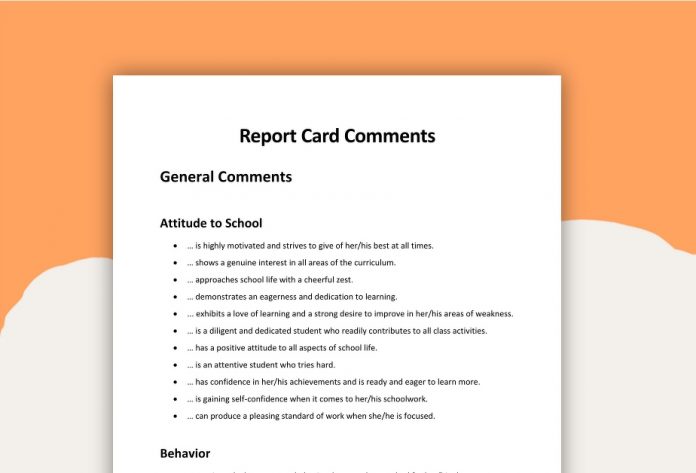 What Makes a Good Report Card Comment?76 report card comments examples, 5 tips for writing effective report card comments. Giving students constructive criticism is one of the most important tasks a teacher faces. It can be difficult to know how to best communicate with a student about their progress, especially when it comes to report card comments . This guide will help you write effective report card comments that are clear, concise, and accurate. So let’s get started! SplashLearn: Most Comprehensive Learning Program for PreK-5 SplashLearn inspires lifelong curiosity with its game-based PreK-5 learning program loved by over 40 million children. With over 4,000 fun games and activities, it’s the perfect balance of learning and play for your little one. 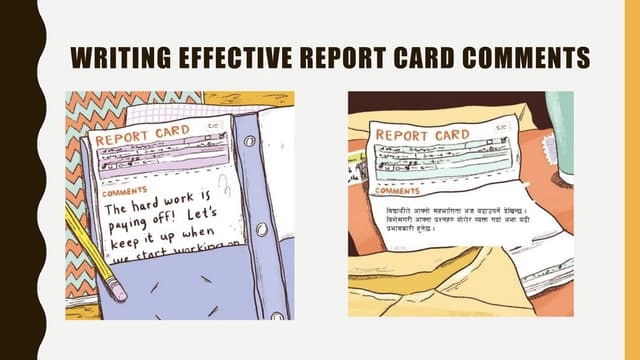 There are a few key things to keep in mind when writing report card comments. Here is what makes a good report card comment: 1. Positive and Solution-FocusedIt’s important to focus on the positive when writing report card comments. For every negative comment, there should be at least two positive comments. This report card comment strategy is a great way to make sure you’re including both positive and negative feedback in your comments. 2. Clear and ConciseA good report card comment Report card comments should be clear and concise. This means avoiding generalities and using specific, concrete examples. This will help the student (and their parents) understand what they need to work on. 3. AccurateReport card comments should be accurate. This means making sure your comments align with the grades the student has earned. There’s no point in sugar-coating a bad grade – it will only confuse the student and their parents. Now that we’ve gone over what makes a good report card comment, let’s look at some tips for writing effective report card comments. 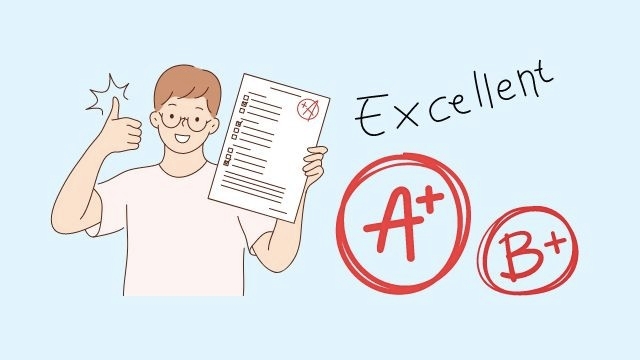 11 Academic Achievement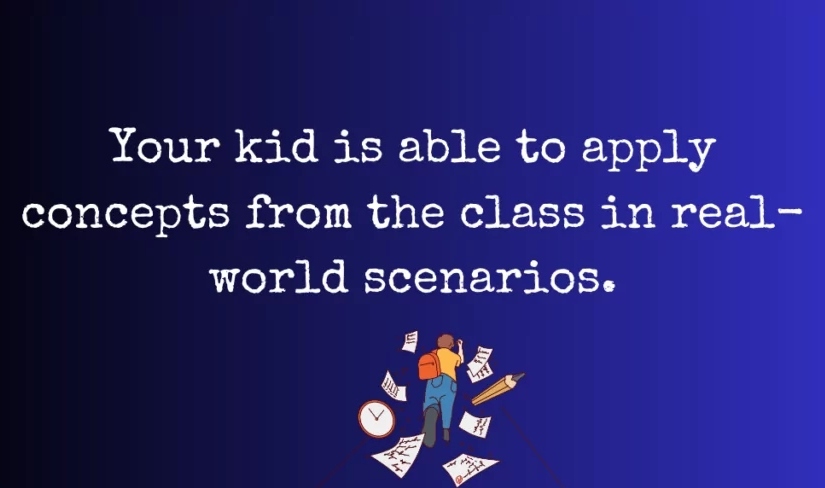 6 Outstanding Academic Achievement Comments This is for students who have performed well academically. These comments assess a student’s progress and encourage future academic success. 1. ______ is an excellent student who always comes prepared for class. He is a joy to have in class and is always willing to help out other students. 2. _______ is a smart and inquisitive student who loves to learn. She is a pleasure to have in class and is always asking questions. 3. _______ is a hard-working student who is always trying his best. This year, he has made great progress, and I’m excited to see what he does next year. 4. _______ is a gifted student who excels in all her subjects. She has a bright future ahead of her, and I’m excited to see what she accomplishes. 5. _______ is a talented student who has a real passion for learning. He is always asking questions and is eager to get his hands on new material. 6. _______ is a well-rounded student who consistently performs at a high level. Their strong work ethic and positive attitude contribute to their success. 5 Partially Meeting Expectation Comments This is for students who are partially meeting expectations academically. 1. _______ is an intelligent student who has great potential. He needs to work on staying focused in class and following directions. 2. _______ is a hard-working student who is making progress. She need to work on ___________ and ___________. 3. _______ has moments of greatness, but he needs to be more consistent with his effort and focus. 4. _______ is a bright student, but she needs to learn to apply herself more consistently. 5. _______ is a hard worker, but he needs to improve his organizational skills. 5 Social/Emotional Development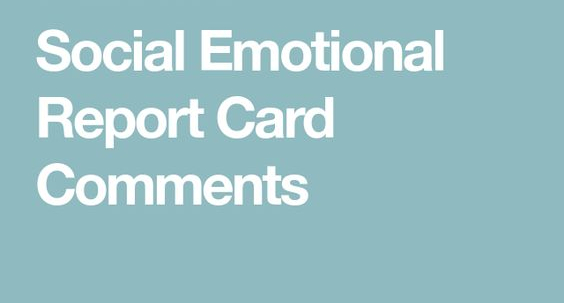 This is for students who are developing well socially and emotionally . 1. _______ is a kind and caring student who always looks out for others. He is a good friend to all and is always willing to help. 2. _______ has made great strides in his/her social development this year. She/he is more confident and able to express herself/himself well. 3. _______ works well with others and is able to take turns and share. 4. _______ is a leader among his/her peers and is often looked up to by other students. 5. _______ is an independent thinker who is not afraid to express his/her opinions. 5 General DevelopmentThis is for students who are developing well academically, socially, and emotionally. 1. _______ has made great strides in his/her development this year. He is more confident and independent and is doing well academically. 2. _______ is a happy and thriving student who loves school. She is making friends and doing well academically. 3. _______ is a well-rounded student who is doing well in all areas. He is a good friend, does his best in school, and loves to learn. 4. _______ is a joy to have in class. She is polite, hard-working, and always has a smile on her face. 5. _______ is a model student who always puts his best foot forward. He is a role model to others and sets a good example for all to follow. 10 Communication Skills Report Card Comments 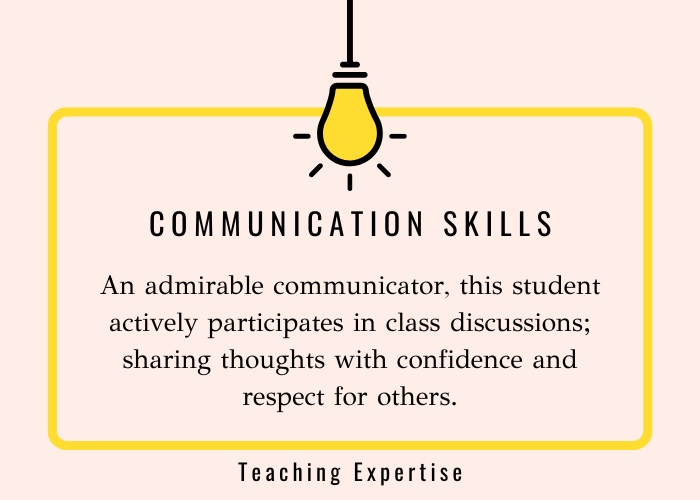 5 Positive Communication Skills Report Card Comments 1. ______ communicates their ideas effectively and listens attentively during class discussions. 2. ______ excels in expressing themselves clearly both verbally and through written work. 3. ______ demonstrates strong persuasion skills when presenting arguments or opinions in class. 4. ______ is respectful and thoughtful in their interactions, always ensuring to give others a chance to speak. 5. ______ uses polite and appropriate language in all forms of communication, setting a great example for peers. 5 Needs Improvement in Communication Skills Report Card Comments 1. ______ would benefit from participating more in class discussions to build their confidence in public speaking. 2. ______ needs to work on organizing their thoughts more clearly before speaking to improve clarity. 3. ______ should focus on listening more attentively to instructions and peers’ contributions during discussions. 4. ______ is encouraged to ask for clarification when they do not understand something, rather than remaining silent. 5. ______ could improve their ability to follow multi-step directions by repeating back what they need to do. 10 Classroom Behavior Report Card Comments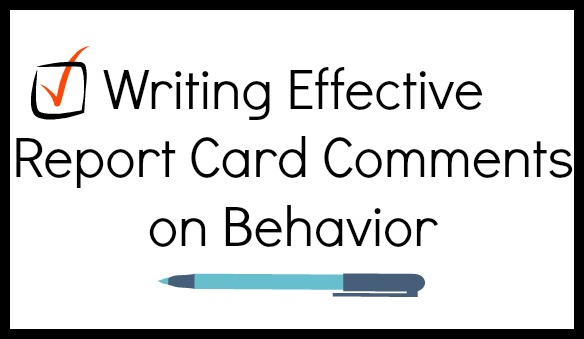 5 Positive Behavior Report Card Comments 1. ______ consistently demonstrates responsible behavior by following class rules and completing tasks on time. 2. ______ is a role model in the classroom, always behaving with integrity and respect towards others. 3. ______ listens attentively and actively participates in class discussions. 4. ______ maintains a positive attitude towards learning and is always eager to participate in school activities. 5. ______ shows great respect for school property and the belongings of others, always treating them with care. 5 Needs Improvement Behavior Report Card Comments 1. ______ occasionally disrupts class by talking out of turn, which can distract peers. 2. ______ needs to work on following directions the first time they are given. 3. ______ sometimes has difficulty controlling impulses, which leads to rushed decisions and actions. 4. ______ can improve in showing respect during class time by not interrupting others. 5. ______ would benefit from developing better strategies to manage frustration and stay calm under pressure. 20 Academic Level Report Card Comments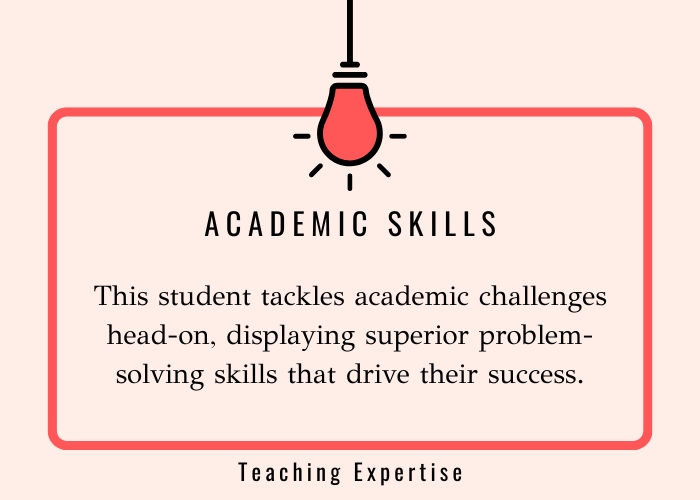 10 Language Arts Comments 5 Positive Report Card Comments for Language Arts 1. ______ has shown impressive progress in reading comprehension and can now summarize the key points of a story accurately. 2. ______ expresses their thoughts clearly and creatively in writing, showing a strong understanding of grammar and sentence structure. 3. ______ actively participates in class discussions and demonstrates a strong ability to use new vocabulary in context. 4. ______ has developed a genuine enthusiasm for reading, exploring a variety of genres and authors. 5. ______ consistently demonstrates excellent listening skills during story time and class instructions. 5 Improvement Report Card Comments for Language Arts 1. ______ would benefit from spending more time on spelling and phonics exercises to improve reading fluency. 2. ______ is encouraged to focus on developing clearer handwriting to enhance the legibility of their written work. 3. ______ needs to work on organizing their thoughts more coherently in writing, using paragraph breaks and transitional phrases. 4. ______ has a strong foundation in grammar. Focusing on sentence structure and vocabulary will further enhance their writing 5. ” ______ is advised to participate more actively in group discussions to boost their confidence in speaking. 10 Math Report Card Comments 5 Positive Math Report Card Comments 1. ______ has mastered the concepts taught this term and is able to solve complex math problems with accuracy. 2. ______ demonstrates a solid understanding of mathematical concepts and applies them effectively in problem-solving. 3. ______ is very methodical and thorough in their approach to solving math equations and rarely makes careless mistakes. 4. ______ shows excellent analytical skills, which helps them excel in math challenges and competitions. 5. ______ consistently completes math assignments on time and with a high degree of precision. 5 Needs Improvement Math Report Card Comments 1. ______ should practice multiplication and division facts to increase speed and confidence in problem-solving. 2. ______ needs to work on understanding and applying word problems more effectively by breaking down the problems into simpler steps. 3. ______ could improve in checking their work for errors before submitting assignments to avoid simple calculation mistakes. 4. ______ is encouraged to ask more questions in class when unsure of a concept, to avoid falling behind. 5. ______ would benefit from using visual aids and manipulatives to better understand complex math concepts. 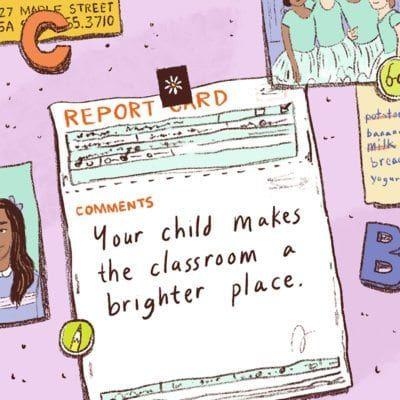 1. Use Specific, Concrete ExamplesOne of the most important things to do when writing report card comments is to use specific, concrete examples. This will help the student understand what they need to work on. For example, instead of saying, “______ needs to work on his behavior,” you could say, “_____ needs to work on staying seated during class.” 2. Avoid GeneralitiesWhen writing comments on a report card, it’s important to avoid generalities. For example, instead of writing “Your child is a joy to have in class,” try something more specific, such as “Your child is always willing to help out other students.” This will give the student and their family a better idea of what they’re doing well and what areas they can continue to improve in. 3. Use Positive LanguageIt’s essential to use positive language when writing report card comments. This means avoiding negative words like “doesn’t,” “won’t,” and “can’t.” For example, instead of writing “_____ doesn’t pay attention in class,” try “_____ is working on paying attention in class.” This small change can make a big difference in how students and their families perceive their progress. 4. Employ Sandwich TechniqueThe sandwich technique is a great way to deliver both positive and negative feedback in a report card comment. This means starting with a positive comment, followed by constructive criticism, and ending with another positive comment. This gives the student a sense of their progress while still providing areas for improvement. 5. Proofread Your CommentsWhen writing report card comments, it’s important to be clear and accurate. However, it’s also important to make sure that your comments are free of typos and grammatical errors. After all, you don’t want to give a student or their family the wrong impression about their academic progress! Make sure to proofread your comments before sending them home. Now that we’ve gone over some tips for writing effective report card comments let’s take a look at some examples. Let’s Grade!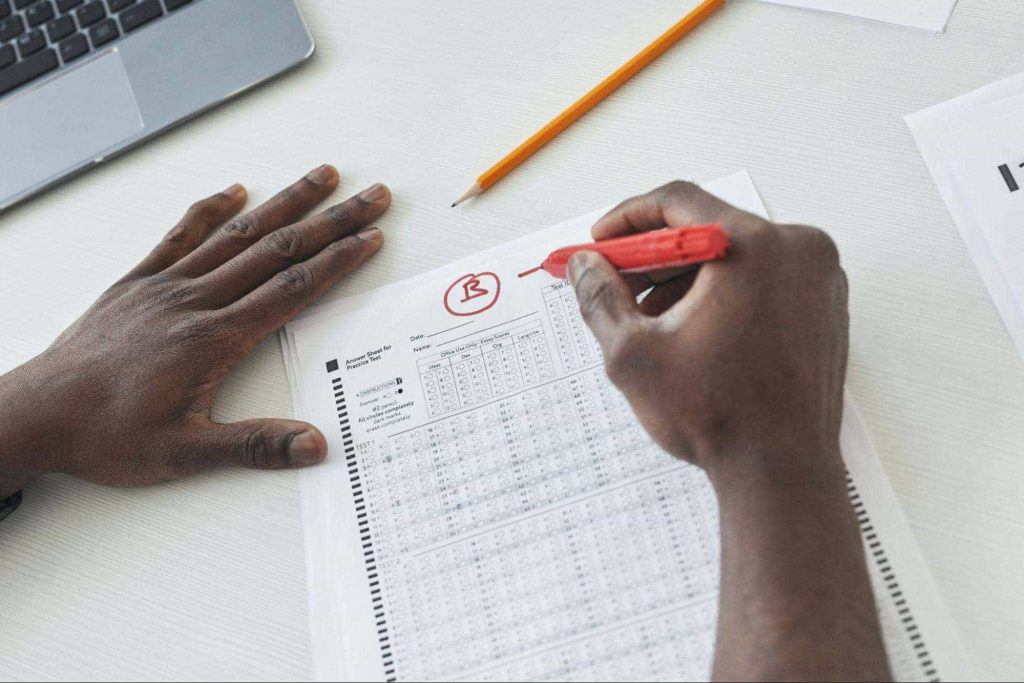 Now that we have gone over some tips for writing effective report card comments and examples of what to write, it’s time to get started on those report cards! We hope this guide has been helpful and wish you the best of luck in the new school year. Frequently Asked Questions (FAQs)What should i do if i’m having trouble coming up with something to write. If you’re struggling to come up with something to write, try focusing on the positive. Instead of starting with what the student needs to work on, start with what the student is doing well. This will help you brainstorm some ideas of things to say. You can also ask other teachers or the student’s parents for input. Can I use report card comments from other sources?While you can use comments from other sources as inspiration, you must take the time to personalize each comment. This way, the student and their family will know that you took the time to write something specifically for them. What if I need to give a student negative feedback?If you need to give a student negative feedback, it’s essential to be clear, concise, and constructive. For example, instead of writing “________ is lazy and doesn’t do his work,” try “________ needs to work on being more diligent with his schoolwork.” It’s also important to balance any negative comments with positive ones. This way, the student and their family will know that you still see potential and are invested in their success. Do I need to write a comment for every subject?While you don’t need to write a comment for every subject, it’s generally a good idea to do so. This way, the student and their family will have a complete picture of their progress. If you’re short on time, try focusing on the subjects that the student is struggling in or that you feel are most important. What is the best way to end a report card comment?The best way to end a report card comment is with a statement of hope or encouragement. For example, you could write, “I’m looking forward to seeing ________ progress in the second half of the year” or “I know that ________ can reach his/her goals if he/she continues to work hard.”  - Pre-Kindergarten
- Kindergarten
Most Popular 117 Best Riddles for Kids (With Answers) 40 Best Good Vibes Quotes to Brighten Your DayRecent posts.  40 Best Scavenger Hunt Riddles For Kids [With Answers] How to Teach One to One Correspondence To Kids: 4 Easy...Math & ela | prek to grade 5, kids see fun., you see real learning outcomes.. Watch your kids fall in love with math & reading through our scientifically designed curriculum. Parents, try for free Teachers, use for free  About SplashLearnEnter the Splashverse! Inspire lifelong curiosity with this game-based PreK-5 learning experience loved by over 40 million children. SplashLearn is the perfect balance of learning and game-play that your little one needs to build math and reading confidence. - Games for Kids
- Worksheets for Kids
- Math Worksheets
- ELA Worksheets
- Math Vocabulary
- Number Games
- Addition Games
- Subtraction Games
- Multiplication Games
- Division Games
- Addition Worksheets
- Subtraction Worksheets
- Multiplication Worksheets
- Division Worksheets
- Times Tables Worksheets
- Reading Games
- Writing Games
- Phonics Games
- Sight Words Games
- Letter Tracing Games
- Reading Worksheets
- Writing Worksheets
- Phonics Worksheets
- Sight Words Worksheets
- Letter Tracing Worksheets
- Prime Number
- Order of Operations
- Long multiplication
- Place value
- Parallelogram
- SplashLearn Success Stories
- SplashLearn Apps
- [email protected]
© Copyright - SplashLearn  Make learning a game for your studentsUnlock endless learning fun with 14,000+ games & activities, 450+ lesson plans, and more—free forever. Teachers, Use for Free 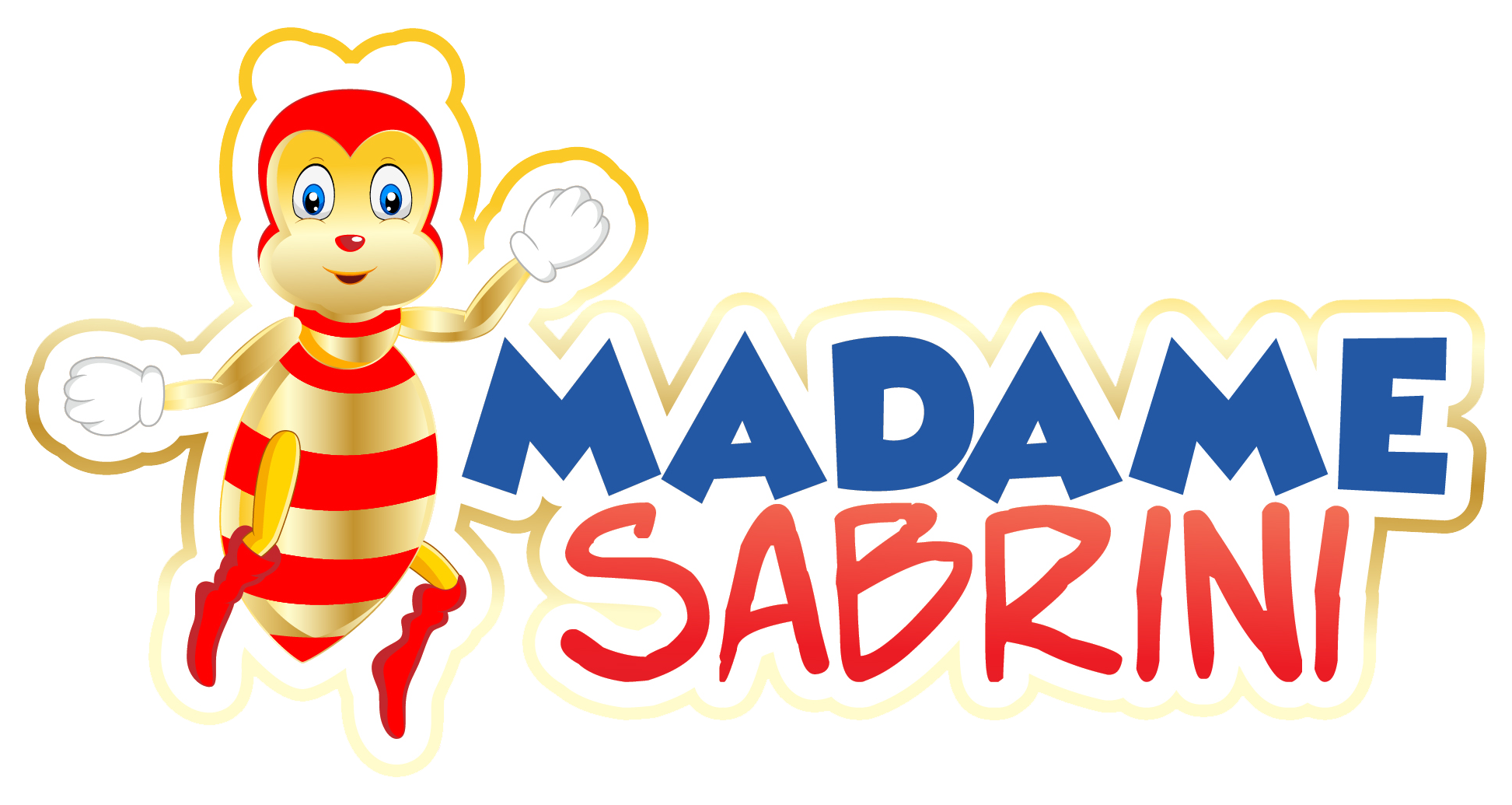 Fine Motor and Crafts Teacher Tips An Easy Guide to Report Cards for Kindergarten Teachers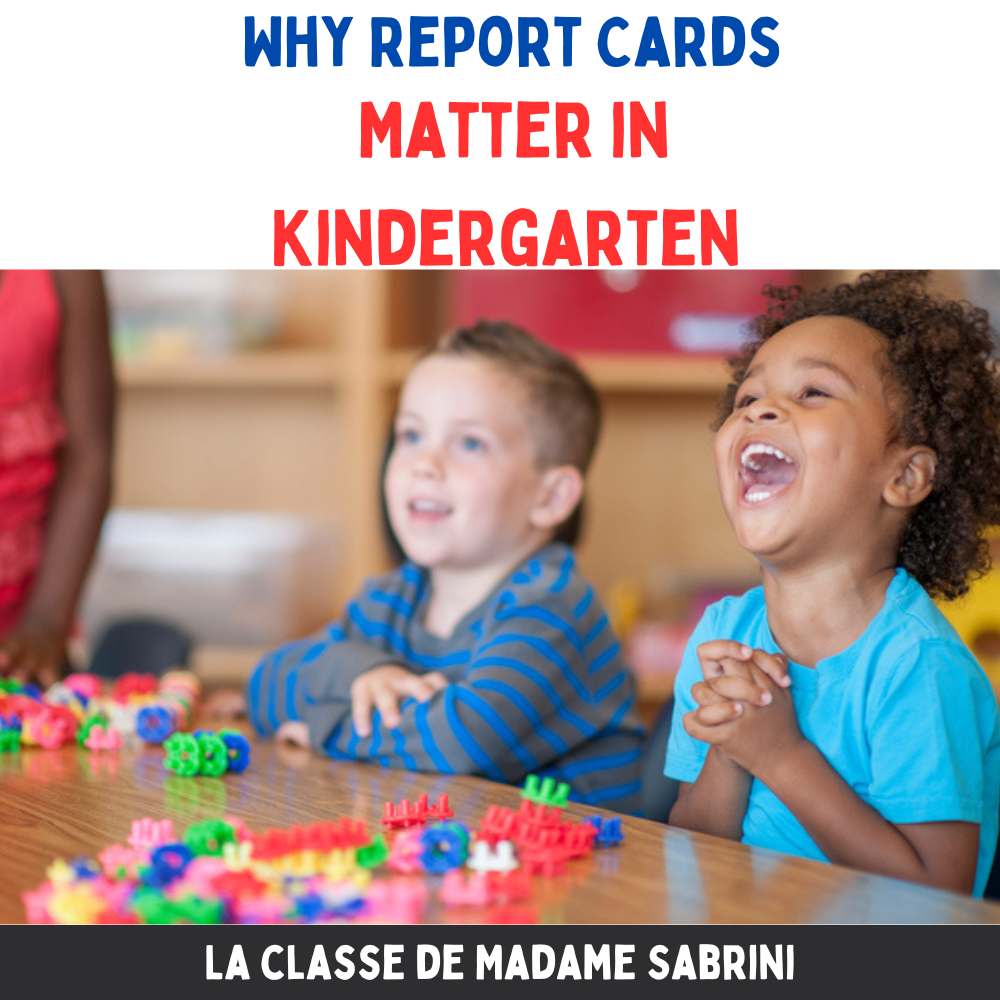 This post may contain affiliate links which means I may receive a commission for purchases made through links. I will only recommend products that I have personally used! Learn more on my Private Policy page. As a kindergarten teacher, you may be feeling overwhelmed with the task of preparing report cards for your kids. Writing reports can be a daunting task, but it doesn’t have to be! In this blog post, we will provide an easy guide to creating report cards for kindergarteners. With just a few simple steps, you can quickly and easily create meaningful report cards that accurately reflect your students’ academic progress and growth. From setting up the layout to writing meaningful comments, we’ll cover everything you need to know about report cards for kindergarteners. So, let’s get started! 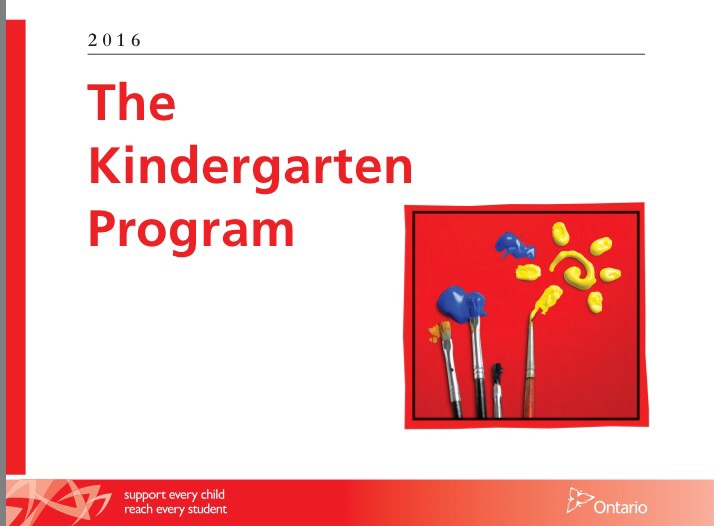 Why Report Cards Matter in Kindergarten As a kindergarten teacher, you may be wondering why report cards matter for such young students. After all, they are just starting their educational journey and may not even understand what a report card is. However, report cards play a crucial role in assessing and communicating the progress of kindergarten kids. First and foremost, report cards provide parents and guardians with valuable information about their child’s academic and social-emotional growth. By receiving a report card, parents can see how their child is progressing in key areas such as literacy, numeracy, social skills, and more. This information can help them better understand their child’s strengths and areas for improvement, and they can use it to support their child’s development. Report cards also serve as a useful tool for kindergarten teachers. They help teachers to evaluate their students’ progress and identify areas where they may need to provide additional support. By tracking their students’ growth over time, teachers can adjust their teaching strategies to better meet the needs of each individual child. In addition, report cards help to create accountability. They hold teachers, students, and parents accountable for their roles in the education process. For teachers, report cards provide a means of demonstrating their effectiveness and the impact of their teaching methods. For students, report cards show the results of their effort and hard work. And for parents, report cards provide a clear understanding of their child’s educational journey and how they can support them in reaching their full potential. Overall, report cards matter in kindergarten because they provide a snapshot of each student’s progress and help to create a collaborative effort between parents, teachers, and students. They serve as a valuable tool in promoting academic and social-emotional growth in young learners, and are an essential part of the kindergarten educational experience. 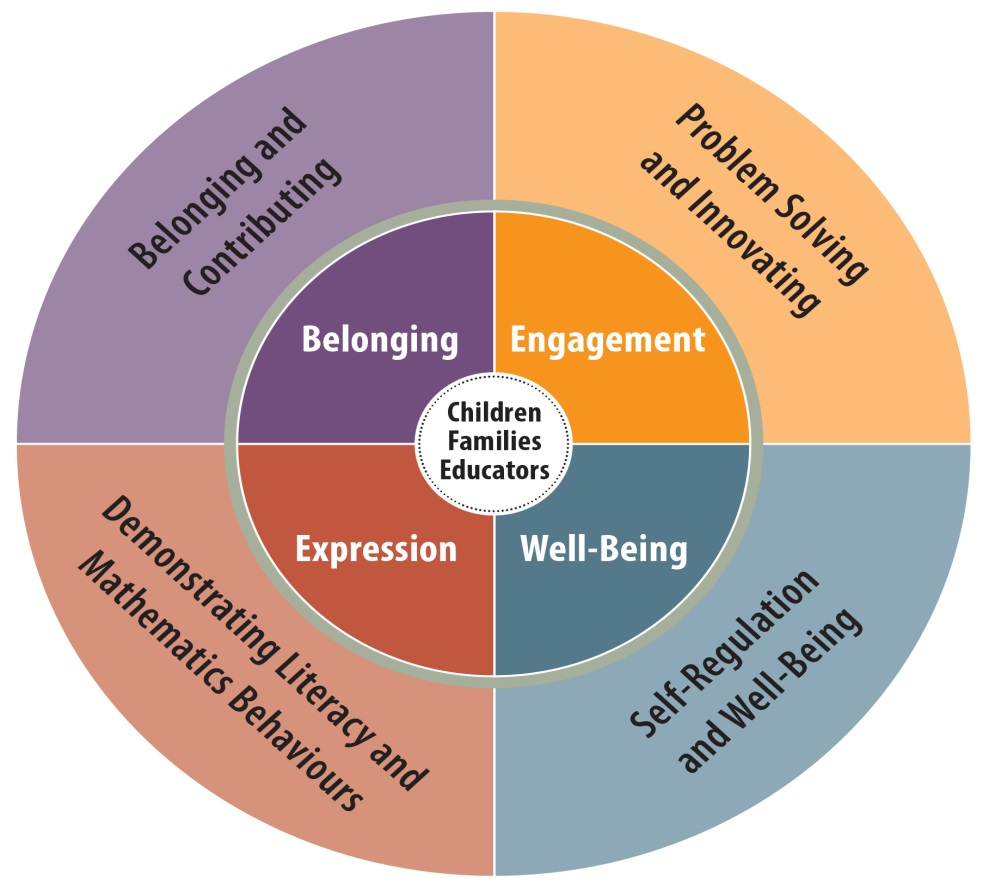 What to Include in a Kindergarten Report Card When it comes to creating a kindergarten report card, it’s important to include specific information that accurately reflects each student’s progress. As the teacher, it’s your responsibility to provide parents and caregivers with an in-depth look at their child’s academic and social growth throughout the year. Here are some key components to consider when designing your report cards: 1. Skills Assessments – Report cards for kindergarten should include an assessment of each child’s development in important areas such as language arts, math, social studies, and science. Consider including subcategories such as reading comprehension, counting, and problem-solving abilities. 2. Attendance and Behavior – A child’s attendance and behavior can play a significant role in their overall success. Including information about how often a child was present and any notable behavior patterns is crucial for parents to know. 3. Accomplishments and Achievements – While report cards primarily focus on academic performance, it’s also important to highlight a child’s achievements and accomplishments throughout the year. Whether it be completing a difficult task or participating in a class project, these accomplishments can contribute to a child’s overall success. 4. Goals and Objectives – Lastly, report cards for kindergarten should include specific goals and objectives for each student moving forward. These can be academic or social goals and should be achievable within a reasonable timeframe. Overall, creating effective kindergarten report cards requires a keen eye for detail and a thorough understanding of each child’s individual strengths and weaknesses. By including all the necessary information, parents and caregivers will be able to work with teachers to provide the best possible educational experience for their children. 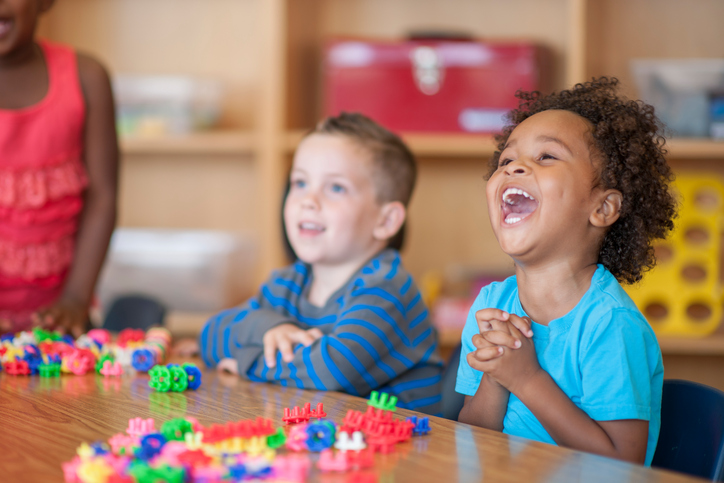 How to Assess Kindergarten Students’ Progress Assessing the progress of kindergarten students can be challenging for any teacher. However, with the right tools and strategies, it is possible to accurately evaluate a child’s performance and create a meaningful report card. Here are some tips for assessing kindergarten students’ progress: 1. Use a variety of assessment tools: In order to get a well-rounded understanding of a child’s progress, it is important to use a variety of assessment tools such as observations, portfolios, checklists, and assessments. 2. Look at individual progress: Each child progresses at their own pace and has their own strengths and weaknesses. As a teacher, it is important to look at individual progress rather than comparing them to other students in the class. 3. Focus on key areas: When assessing kindergarten students’ progress, it is important to focus on key areas such as language development, math skills, social skills, and self-help skills. 4. Keep accurate records: It is important to keep accurate records of each child’s progress throughout the school year. This will help you create a more accurate and detailed report card at the end of the year. 5. Involve parents: Parents are an important part of the assessment process. Keep them informed about their child’s progress and involve them in goal-setting and planning. By using these strategies, you can create an accurate and meaningful report card that reflects each child’s progress and achievements. Remember, report cards are not just a way to communicate progress to parents but are also a valuable tool for helping kids continue to grow and develop.  Tips for Writing Effective Comments on Kindergarten Report Cards As a kindergarten teacher, one of the most challenging aspects of creating report cards can be writing effective comments. Comments are the place where teachers have the opportunity to give parents a more detailed understanding of their child’s progress and growth throughout the school year. Here are some tips for writing comments that will leave parents feeling informed and empowered: 1. Be specific: It’s easy to fall into the trap of using generic comments like “great job!” or “good work!” While these comments may be well-intentioned, they don’t give parents a clear sense of what their child has accomplished. Instead, try to be as specific as possible. For example, instead of “good job in math,” try “Your child has shown a real talent for recognizing patterns and numbers in our math activities.” 2. Use data: Whenever possible, use data to back up your comments. For example, if you are noting that a child has made progress in reading, share what reading level they started the year at and where they are now. This helps parents see concrete evidence of their child’s growth. 3. Keep it balanced: While it’s important to share areas where a child is excelling, it’s also important to note areas where they may need some extra support. Try to keep your comments balanced so that parents get a clear picture of their child’s strengths and areas where they can improve. 4. Be professional: Remember that report cards are an official document that will be shared with parents, so it’s important to maintain a professional tone in your comments. Avoid making comments that could be interpreted as negative or critical, and focus on constructive feedback. By following these tips, you can write effective comments that will help parents better understand their child’s progress in kindergarten. Remember that report cards are just one piece of the puzzle, and ongoing communication between teachers and parents is key to supporting students’ growth and success. Tools and Templates for Creating Kindergarten Report Cards As a teacher, creating report cards can be a time-consuming task. Fortunately, there are tools and templates available to help make the process easier. Here are a few options: 1. Online report card templates: Websites like Canva and Microsoft Office have a variety of templates specifically designed for report cards. Simply choose a template, add your information, and print. 2. Gradebook software: Many gradebook software programs have report card features built-in. This can save time as all of the grades and comments are already in one place. 3. Google Sheets: If you’re comfortable using spreadsheets, Google Sheets can be a great option. You can create your own custom report card template and easily input grades and comments for each student. No matter which tool or template you choose, make sure to keep the needs of your kindergarten kids in mind. The report card should be easy to read and understand, with clear explanations of what each grade means. Remember, the report card is not only for parents, but also for the student themselves to understand their progress and set goals for the future. If you want to learn more about how to write effective report cards comments, click here now 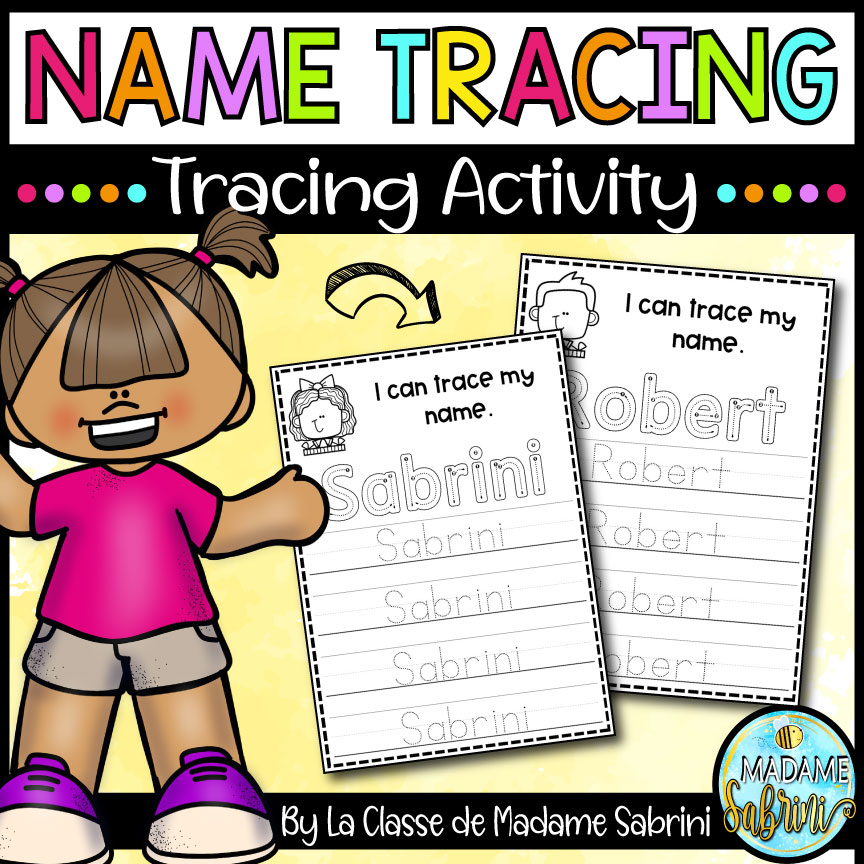 Name Tracing ActivitySign up for my free name tracing activity YOU MAY ALSO ENJOY THESE POSTS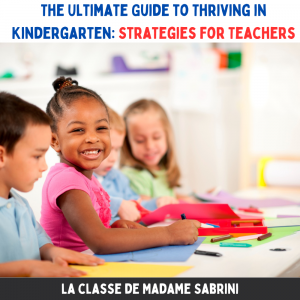 Strategies for Teachers Teaching kindergarteners about Earth Day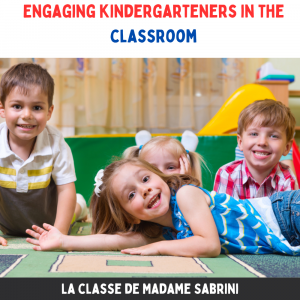 Creating an Engaging Kindergarten Classroom: A Guide for Teachers and ParentsLeave a comment cancel reply. Your email address will not be published. Required fields are marked * Hot in the Shop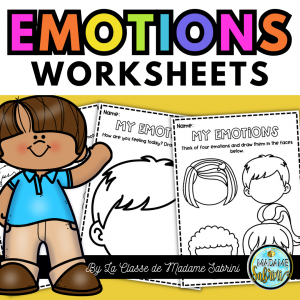 Identifying Emotion Worksheets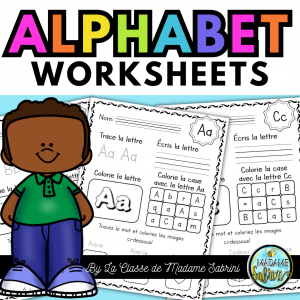 Alphabet Activities in French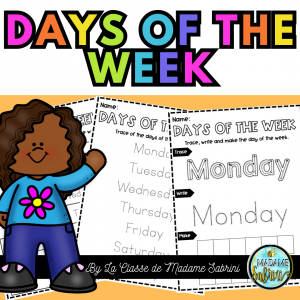 Days of the Week Worksheets for Kindergarten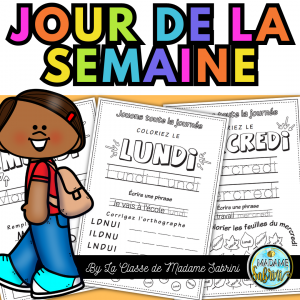 Jour De La Semaine ALL WE'RE MISSING IS YOU!Join us over on instagram for even more great resources, ideas, and teaching tips for kindergarten and early elementary teachers! 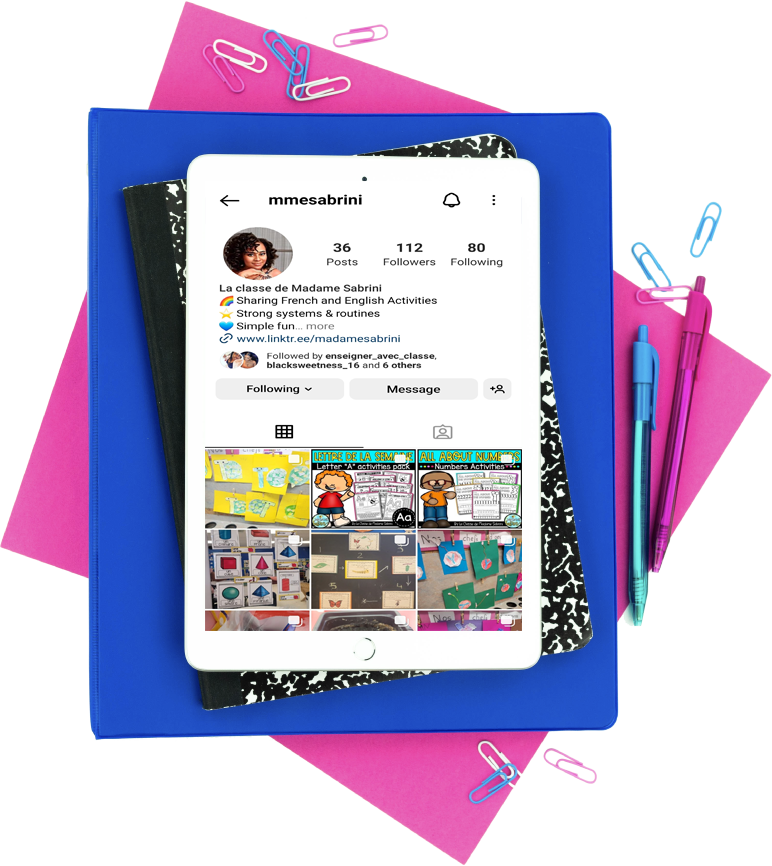 Welcome Friends!My name is Sabrini and I am the face behind La classe de madame sabrini. In my classroom, I love to make learning fun and engaging through hands-on activities and games. My goal is to help students develop a love for language and learning that will last a lifetime  - Privacy Policy
- Disclosures
- SITE DESIGN BY ANIK WHITE Fiverr
Do you love free stuff?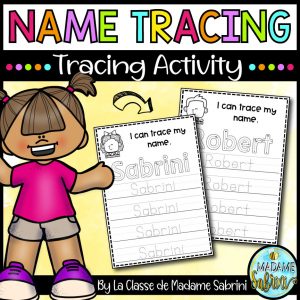  Writing Effective Report Card Comments in the PYP As teachers, writing report card comments is one of the most important tasks we have at hand, and also one of the most challenging. We want the reporting to be meaningful, to clearly communicate student learning to all involved, and to be personalised for each of our students. Each school and system has its particularities on the language of feedback, the tone and style, as well as must-dos particularly for schools bound by local or national mandates. In this resource, we will dissect “how might we approach writing ‘effective’ report card comments to meet the needs of all stakeholders?” We will navigate through – - The purpose of comments in a report card
- Dos and don’ts for writing comments
Structuring a comment- Useful words and phrases/sentence starters to write comments with
- Bank of comments to get you started
What is the purpose of comments in a report card? A good starting point when we approach effective comment writing is to think about the purpose of reports . How often do we really reflect on the why of report comments? Have you ever stopped to consider this question from different perspectives? Take a moment to consider the purpose of report comments for: - Students
- Parents/guardians
- School leaders & Administrators
When we take the time to think like this, it is evident that there is not a singular purpose to comments. In general terms, we are likely to see the purpose as giving students/parents/guardians personalized and meaningful feedback on learning, sharing successes and challenges with a description of possible supports. Actionable suggestions on how learners may achieve their learning goals are also appreciated. From a teacher’s perspective, comments are a way to reflect on teaching and learning. Observing previous reports can assist in the planning for the next sequence of learning from year to year. This helps teachers meet learners where they are and plan for their next steps. School leaders & administrators often view reports from a big picture lens and see report card comments as being reflective of school-wide practices. They may use information from these to make informed decisions about learning cultures. So as you sit down to write your comments, it would be useful to first acknowledge these purposes and craft your comments in response to them. We have put together some actionable guidelines below to help you get started. Dos and don’ts for comment-writing- Useful words and phrases/sentence starters
- Sample Comments
To set the ball rolling on writing comments, we thought it would be useful to come up with a broad understanding of what report card comments should and should not include. You can use these general dos and don’ts, that likely apply to most contexts, to get a headstart with your writing.  We know it can be daunting to come up with an original comment for each of your students! To make the task more manageable, and to ensure you are covering everything you intended to, we recommend that you give a working structure to each of your comments. You may like to consider dividing the comment into the following four parts, and commenting on each: - Anchor/general positive stroke (behaviour, character, learner profile)
- Student’s subject-specific strengths (can also include ATL skills)
- Student’s need and challenges (academic and/or behavioural)
- Next steps/parental support
Useful words and phrases/sentence starters Certain words & phrases, often drawn from our common language of learning, can help create insightful comments. In PYP terms, they are drawn from the learning outcomes from Scope and Sequence documents, Approaches to Learning Skills and Sub-Skill Sets, and the IB Learner Profile Attributes . We have drawn on each of these aspects and developed a writing pack full of useful words, phrases, and sentence starters for comments in keeping with the four-part structure recommended above. While you can readily use these when writing your comments, do also consider taking inspiration from your school’s mission, vision, and shared culture.  Get the entire writing pack of useful words, comments, and sentence starters. Access our ATL comment bank to start reporting skill progression Select the curriculum relevant for you: You may opt out anytime. Terms of Service and Privacy Policy .  Join 40,000+ educators in getting high-quality PD resources and insights delivered right to your inbox.  Easy Report Cards Report Cards Made Easy! Report Card Comment IdeasFind Comments Report Card Writing Center - Report Card Writing Center
- Member Dashboard
- Add Students, Notes & Comments
- Bookmark Content
- Download Report Card Comments
- Download our App
- Contact / FAQs
- Become a VIP Member
Find CommentsKindergarten, often forgets capital letters and punctuation. - Read more about often forgets capital letters and punctuation
@ continues to practice talking it out as a first strategy before approaching educators for assistance.- Read more about @ continues to practice talking it out as a first strategy before approaching educators for assistance.
@ enjoys exploring outside and is learning how to respect the Earth by taking care of it.- Read more about @ enjoys exploring outside and is learning how to respect the Earth by taking care of it.
@ explores numbers and counting using classroom materials.- Read more about @ explores numbers and counting using classroom materials.
@ is continuing to practice listening to other peers’ points of view and how to take them into consideration when working together during centre time.- Read more about @ is continuing to practice listening to other peers’ points of view and how to take them into consideration when working together during centre time.
@ is continuing to practice taking a moment to breathe and calm down before problem solving.- Read more about @ is continuing to practice taking a moment to breathe and calm down before problem solving.
@ is learning how to describe what he/she is creating using math words- Read more about @ is learning how to describe what he/she is creating using math words
@ is learning how to use new vocabulary words in his/her conversations.- Read more about @ is learning how to use new vocabulary words in his/her conversations.
@ is learning which problem solving strategies work best for him/her and shares this with both educators and his/her peers when problem solving- Read more about @ is learning which problem solving strategies work best for him/her and shares this with both educators and his/her peers when problem solving
@ listens to discussions on the parts of the Liturgical Year- Read more about @ listens to discussions on the parts of the Liturgical Year
@ participated in a dance workshop with the class and learned different dance moves and various types of dance- Read more about @ participated in a dance workshop with the class and learned different dance moves and various types of dance
a positive role model for other students- Read more about a positive role model for other students
accepts new challenges and works well in group activities- Read more about accepts new challenges and works well in group activities
actively participates in creative movement and daily activities- Read more about actively participates in creative movement and daily activities
actively participates in discussions, songs, and prayers- Read more about actively participates in discussions, songs, and prayers
actively participates within activities- Read more about actively participates within activities
adds many details and colour to his work- Read more about adds many details and colour to his work
- Read more about Aidan
- Read more about Aleah
- Read more about Allen
Although slow at completing work, he/she completes crafts with care.- Read more about Although slow at completing work, he/she completes crafts with care.
always completes crafts with care, adds detail and colour to work.- Read more about always completes crafts with care, adds detail and colour to work.
always takes pride in his final product- Read more about always takes pride in his final product
- Read more about Angela
- Read more about Annie
Download Our List of Report Card CommentsDownload a copy of our report card comments that you can print and use as a guide for completing your report card comments Download our App! Take Our SurveyContext here. Take our Survey Help make our website better so we can offer you more content and features. Take our Survey  100 Quick Report Card Comments For Preschool [PDF Included]Last Updated on May 7, 2024 by Editorial Team Preschool is that time and the age when kids are least bothered about their grades and are lost in their own world of exploration and learning. While they’re trying to make sense of the world around them, teachers play their crucial role as a guiding light that nurtures young minds and helps them flourish. Along this journey, report card comments communicate essential information about the progress of the child to parents and guardians. These quick remarks provide a snapshot of the child’s performance and achievements highlighting the areas of progress and improvement. Besides the basic curriculum, there are other skills and activities that are important for toddlers to learn at this age which calls for a keen eye for observation on the part of teachers as well as parents to make a note of it in terms of report card comments. In view of this, you’ll find 100 quick report card comments in the following section of the blog that can help teachers and parents mark their child’s progress and discuss the potential opportunities for the child to improve and develop further. Addressing progress and performance: 100 Quick report card comments for preschool1. shows enthusiasm and curiosity for learning., 2. demonstrates good listening skills during group activities., 3. participates actively in classroom discussions and activities., 4. follow instructions and routines effectively., 5. displays good manners and shows respect for others., 6. shares and takes turns with classmates., 7. shows creativity and imagination in play and artwork., 8. displays good fine motor skills in writing and coloring., 9. demonstrates an eagerness to explore new concepts., 10. shows improvement in social interactions and making friends., 11. uses language effectively to express thoughts and needs., 12. shows a growing understanding of numbers and counting., 13. exhibits good problem-solving skills during activities ., 14. takes initiative and shows independence in tasks., 15. displays good self-help skills, such as dressing and toileting., 16. shows an interest in books and storytelling., 17. demonstrates good gross motor skills during physical activities., 18. shows an understanding of basic shapes and colors., 19. participates actively in music and movement activities., 20. demonstrates good hand-eye coordination., 21. shows progress in recognizing and writing letters., 22. exhibits good memory and recall skills., 23. shows enthusiasm for science and nature exploration., 24. demonstrates good emotional awareness and self-regulation., 25. shows an understanding of basic concepts like big/small, up/down., 26. participates in cooperative play and sharing with peers., 27. displays good attention span during group activities., 28. shows progress in following a daily routine., 29. demonstrates good hygiene habits., 30. exhibits good problem-solving skills during conflicts., 31. shows improvement in expressing feelings and emotions., 32. participates in simple math and counting activities., 33. demonstrates good coordination in art and craft projects., 34. shows improvement in letter recognition and sound awareness., 35. exhibits good spatial awareness and coordination., 36. participates actively in outdoor play and physical exercise., 37. shows growth in understanding time concepts (morning, afternoon)., 38. demonstrates good self-control in managing impulses., 39. shows improvement in recognizing and naming colors., 40. exhibits good attention to detail during tasks., 41. participates enthusiastically in circle time activities., 42. shows progress in using scissors and other tools., 43. demonstrates good turn-taking skills during games., 44. shows growth in understanding positional concepts (in, out, on)., 45. exhibits good listening comprehension during stories., 46. participates in pretend play and role-playing activities., 47. shows improvement in identifying and matching shapes., 48. demonstrates good coordination in building with blocks., 49. shows an understanding of basic weather and seasons., 50. participates actively in sensory exploration activities., 51. is an energetic and curious child, always eager to learn new things., 52. is a determined kid who keeps up with a task until it is done to perfection., 53. thank you, _______, for being a part of my preschool classroom. it’s a joy to teach you every day, 54. i am impressed with _______’s creativity. her/his doodles are always cute and colorful, 55. _______ strength lies in handling misunderstandings at such a young age., 56. _______ is a true outdoor person her/his energy and enthusiasm are exceptional during outdoor activities., 57. works in collaboration with peers during group activities., 58. is on top of the chart when it comes to exhibiting good behaviors in school., 59. handles new situations well without feeling overwhelmed., 60. _______ loves to read books regular visits to your local library can keep her/his interest alive., 61. is one of the brightest students in our class. more power to her/him, 62. _______’s progress in basic math and language development is phenomenal, 63. _______ has wonderfully adjusted to the preschool environment. she/he is a quick learner and has good social skills too, 64. uses good manners and polite language when interacting with others., 65. always asks for help and is eager to learn and grow., 66. has a strong vocabulary and knows how to use words appropriately in a sentence., 67. is an artist in making she/he loves art projects and enjoys working with different art supplies and materials., 68. is an active listener who always responds when called out in class., 69. _______ puts in her best efforts in every task she/he works on., 70. exhibits good communication skills by never interrupting other students while talking., 71. _______ can benefit from a little help at home to improve color recognition skills., 72. _______ often struggles with sitting in a criss-cross applesauce position during circle time., 73. _______ could use a few minutes of extra practice for letter identification and writing., 74. _______ has difficulty transitioning from one activity to another., 75. _______ has a tough time when using the toilet. regular practice at home can be helpful., 76. encouraging _______ to learn the value of sharing can help promote kindness and build cooperation., 77. i have noticed _______ having a hard time in the music class because it is too loud for her/him. a discussion with a pediatrician might help., 78. _______ can sometimes resort to hitting. request you to have a gentle discussion to help her/him understand that this is unacceptable behavior at school. , 79. _______ can benefit from learning how to communicate calmly., 80. _______ finds it hard to regulate her/his emotions. breathing exercises and talking about feelings can help., 81. _______sometimes has difficulty following directions. we are working on it to get better at it., 82. i have noticed _______ leaving ongoing work incomplete and moving to other projects. frequent reminders are being given to address this issue., 83. _______ seems to struggle when it comes to connecting with peers., 84. _______ needs to work on building closer friendships. learning to share and collaborate with others can help her/him with it., 85. _____ keeps to himself/herself during group projects and recess. she/he may benefit from more opportunities to mingle with other kids at home and school., 86. _______ doesn’t seem to be interested in taking up leadership roles in class., 87. _______ has frequent meltdowns in class. let’s discuss this together to help her/him through it., 88. _______ may benefit from an evaluation by a pediatric psychologist to help address his/her behavioral issues., 89. _______ seems anxious at many instances in class, such as _______. i would recommend visiting a therapist to help ease his/her anxiety., 90. _______ prefers to stay in her/his comfort zone and avoids taking on new challenges., 91. _______ often appears sleepy during school time. an early bedtime can ensure she/he is well rested and ready for school activities., 92. i have noticed _______ using negative self-talk. we need to help her/him get over this to boost her/his confidence and overall growth., 93. _______ needs to learn about the importance of classroom rules and follow them every day., 94. _______ is often seen mishandling school property. we have been working on this, and her/his behavior has improved., 95. _______ needs to improve speaking respectfully with peers, teachers, and other school staff., 96. _______ can be a model citizen of our class if she/he learns to take care of classroom materials and keep them clean., 97. please help _______ with her at-home writing assignments. it will massively help in improving her writing skills., 98. _______ needs to work on fine motor skills. activities like painting, playdough, and paper cutting with scissors can promote these skills effectively., 99. many times i have seen _______ running in the classroom. please talk to her/him about following safety rules so everyone, including her/him, remains safe in class., 100. regularly practicing number recognition and counting can help _______ develop basic math skills..  Tips to make the comments more encouraging for parents and budding learnersEncouraging report card comments serves as a powerful tool to celebrate the achievements of budding learners and inspire parental involvement. By using uplifting language, acknowledging strengths, and providing specific examples, these comments foster a positive learning environment and motivate children to continue their growth with confidence. 1. Be specificProvide specific examples and details to support your comments. Instead of using generic statements, mention particular instances or projects where the child excelled or made progress. This shows that you have been attentive to their efforts and achievements. 2. Use growth mindset languageEncourage a growth mindset by emphasizing the child’s progress, effort, and potential. Use phrases like “shows improvement,” “demonstrates growth,” or “is making great strides” to convey the idea that learning is a continuous process and that effort leads to success. 3. Include praise and recognitionAcknowledge the child’s hard work, dedication, and enthusiasm for learning. Highlight their unique qualities, creativity, or perseverance. This recognition boosts their confidence and motivates them to continue their positive efforts. 4. Connect with real-world applicationsRelate the child’s accomplishments to real-life skills or future applications. For example, mention how their effective communication skills can benefit them in forming friendships or how their problem-solving abilities can contribute to future academic success. 5. Personalize the commentsTailor the comments to each child’s individual progress and achievements. Consider their unique strengths, interests, and challenges. Personalized comments demonstrate that you genuinely care about their growth and development. 6. Provide constructive feedbackWhen mentioning areas for improvement, offer constructive feedback in a supportive manner. Suggest specific strategies or activities that can help the child enhance their skills such as motor skills activities or word recognition strategies . Frame the feedback as an opportunity for growth rather than criticism. 7. Encourage parental involvementEncourage parents to continue supporting their child’s learning at home. Provide suggestions for activities or resources they can utilize to reinforce the skills and concepts being learned in the classroom. Also, they can offer rewards for their good behavior at home . Throughout the incredible journey of little ones, we have witnessed their incredible growth, from conquering new challenges to forming friendships and discovering their individual strengths. We have celebrated their infectious enthusiasm, their inquisitive minds, and their boundless imagination. To all the dedicated teachers and parents who play a pivotal role in shaping these young minds, we applaud your unwavering commitment and passion. So, check out the above-given report card comments and use them to encourage each child as they blossom and grow, ready to embark on new adventures in the world beyond the preschool walls.  An engineer, Maths expert, Online Tutor and animal rights activist. In more than 5+ years of my online teaching experience, I closely worked with many students struggling with dyscalculia and dyslexia. With the years passing, I learned that not much effort being put into the awareness of this learning disorder. Students with dyscalculia often misunderstood for having just a simple math fear. This is still an underresearched and understudied subject. I am also the founder of Smartynote -‘The notepad app for dyslexia’, Leave a Comment Cancel replyYou must be logged in to post a comment. Money blog: Rival to Netflix - Tubi - launching in UK from FoxWelcome to the Money blog, your place for personal finance and consumer news and tips. Leave a comment on any of the stories we're covering below. Wednesday 3 July 2024 00:01, UK - Popular electric car 'has potential fault that could pull it onto wrong side of road'
- Morrisons and Heinz team up to offer free meals
- Rival to Netflix launching in UK from Fox - and it's free
- NatWest and Lloyds hike fees for some current accounts
- Thinking about switching energy supplier? These are the cheapest tariffs available right now
Essential reads- Women in Business : 'We don't get invited to golf' - The women who coordinated pregnancies to start virtual cancer care business and raised £5m
- What are your rights if your holiday is disrupted by wildfires?
- Basically... What is income tax?
- Money Problem : 'I hired a car via EasyJet but they are directing my complaint to someone else - what can I do?'
- How to split housework fairly with your partner
- Best of the Money blog - an archive
Ask a question or make a commentA free streaming service to rival the likes of Netflix, Amazon Prime and Disney+ is being launched in the UK by Rupert Murdoch's Fox Corporation. The service called Tubi will be funded by advertising and provide personalised streaming. It already operates in North America where Fox said it has attracted 80 million active users. More than 20,000 films and TV episodes will be on offer, Fox said, "one of the largest and most diverse content libraries in the UK". While no specific titles were listed, Fox said users can expect blockbusters, original stories and hidden gems. Is it any good? It depends who you ask. It has a pretty bad 2.3 score on Trustpilot - but it's a relatively small sample at 66 reviews. A PC Mag review was way more positive - rating it "excellent" with four stars out of five. They said: "Tubi is a free, ad-supported video streaming service that features a delightfully large and frequently updated library of movies and shows. There's no reason not to give it a try." Drawbacks were said to include no ad-free options and the 720p streaming resolution cap. Why is it coming to UK? Business presenter Ian King has been looking at this today. He says: "Tubi's entry to the UK market has got some scratching their heads. "Not only is the market seemingly saturated but production costs are rising, obliging the streamers to either raise subscription fees or rely on an increasingly smaller pool of advertisers. "But rivals would do well to take the new competitor seriously and not least because Tubi has already, in the US, shown a clean pair of heels to many of the businesses it will be competing with here." Read King's full analysis here ... The average UK house price ticked up in June, leaving first-time buyers spending almost £2 out of every £5 on their mortgages. Typical house prices rose by 0.2% to £266,064, meaning there has been a 1.5% increase on the same time last year, a report by Nationwide found. June saw prices rise at half the pace they did in May, but housing affordability is "still stretched", said Robert Gardner, Nationwide's chief economist. And Amy Reynolds, head of sales at estate agency Antony Roberts, observed more people were looking to downsize to release capital to live on and pay bills in a "hugely concerning" trend. A bank with millions of customers in the UK will soon start charging people to use their debit cards abroad . Metro Bank emailed customers last week to tell them it will introduce a 2.99% charge on all transactions outside the UK, including Europe, as of 29 August. Anyone wanting to withdraw cash from their account will also pay the fee plus a £1.50 ATM charge. The bank currently does not charge for debit card use and cash withdrawals in Europe. Walkers have confirmed one of its snacks has been discontinued . The Walkers Stax, which were similar to Pringles, are no longer available in the UK. Writing on X, a customer said he had been able to find the product abroad and asked if he could buy them over here. "We used to make Walkers Stax here in the UK, but sadly they're no more," the crisp brand replied. It also said there were no plans to bring them back to market. However, it seems like the crisps might not have been around for some time... In 2021, Walkers replied to another online post saying it was sorry that they were no longer available. Savers transferred £4.2bn extra into cash ISAs in May, according to new figures from the Bank of England - a record for the month. It built on the previous record £12.3bn poured into the accounts in April, as people made the most of their annual tax-free savings. Investment platform AJ Bell said figures show the 2024-25 tax year has "started with a big bang" for cash ISA savers. Laith Khalaf, head of investment analysis, said: "Early bird ISA savers are no doubt out in force because they know taxes are rising as a result of frozen income tax thresholds." He added: "At the same time tax thresholds have been frozen, interest rates have risen, making it more likely that savers will breach their tax-free savings allowance," he said. "That means more people pushed up into the higher rate income tax band, where the personal savings allowance (the amount of interest you can earn each year before paying tax) falls from £1,000 to £500, or indeed to £0 for those in the additional rate tax bracket." ISA savers can earn tax-free interest on their ISA savings, which are limited to £20,000 each year. The Mortgage Works has announced it will reduce its rates by up to 0.3% across a range of its buy to let products tomorrow. The new rates, which will be available to new and existing customers, will start at 3.69%. Here are some of the deals: - Buy-to-let - two-year fixed rate (purchase and remortgage) at 3.69% with a 3% fee, available up to 65% LTV
- Buy-to-let - five-year fixed rate (purchase and remortgage) at 4.04% with a 3% fee, available up to 65% LTV
- Buy-to-let - five-year fixed switcher rate at 4.14% with a 3% fee, available up to 75% LTV
- Buy-to-let - two-year fixed rate (purchase and remortgage) at 5.69% with a £3,995 fee, available up to 75% LTV
"Our products are some of the most competitive in the sector and, with rates now starting from 3.69%, these new deals will improve affordability and help widen market access for buy to let investors," said the company's Joe Avarne. It comes after The Telegraph reported three major lenders had already cut rates this week. Halifax and NatWest slashed rates by up to 0.23% - Clydesdale Bank by 0.38% The cuts come as economists hope interest rates will fall in August, which will increase buyer activity. Wimbledon is in full swing (sorry!) and the world's best tennis players are battling it out on the famous grass courts in the hopes of being presented with the trophy in under two weeks' time. But it's not just pride that comes with winning - there's a fairly decent prize fund as well. This year, the prize for winning the singles is a huge £2.7m - up by an inflation-busting 15% compared with £2.35m in 2023. The prize money is the same for both sexes and has been since the rules changed in 2007. Players don't have to win the championship to get their hands on some cash though, as there's also a prize fund for getting through each stage of the competition. Here's a breakdown for the singles championship: - First round - £60,000
- Second round - £93,000
- Third round - £143,000
- Fourth round - £226,000
- Quarter-finalists - £375,000
- Semi-finalists - £715,000
- Runner-up - £1.4m
Meanwhile, the prize for winning the doubles is £650,000, with runners up getting £330,000. For mixed doubles, it's £130,000 and £65,000 respectively. Players taking part in wheelchair singles have the chance to nab £65,000 for winning. Overall, the total prize money on offer across all championships is a whopping £50m - up 12% from last year. Food inflation has fallen to its lowest level since 2021, new figures show. New data from the British Retail Consortium (BRC)-NielsenIQ Shop Price Index reveals that food prices in June were 2.5% higher than a year ago. This was down from 3.2% in May, and marked the fourteenth consecutive slowing of food inflation. It means the rate is now lower than at any point since December 2021, with the drop fuelled by tumbling prices for staple products such as butter and coffee. Inflation on fresh food slowed to 1.5%, down from 2% in May, while overall shop price inflation fell to 0.2% - the lowest level since October 2021. BRC chief executive Helen Dickinson said the winner of Thursday's general election "will benefit from the work of retailers to cut their costs and prices, easing the cost of living for millions of households". In the eastern Aegean, the islands of Chios and Kos experienced dangerous fires yesterday - with blazes raging on Kos for a second day today amid tinderbox conditions and unusually strong winds. The Greek prime minister has warned his country faces another dangerous summer for wildfires. Beyond the human tragedy these blazes can cause, there's a knock-on effect on tourism in the country. So what are your rights if your holiday is disrupted by the fires? We've got a quick explainer here… What if I have a package holiday and face cancellation or disruption? The Foreign Office is not currently advising against travel to Greece, and with the majority of the country and its surrounding islands unaffected, holidays are still going ahead. But holiday operators do have the right to cancel holidays for situations out of their control. If the company you booked your package holiday with cancels your trip, the Competition and Markets Authority says customers are entitled to a refund within 14 days of the cancellation date. Alternatively, they should be offered a replacement holiday of the same or better quality, or a lower-grade holiday with a partial refund. If something goes wrong while you're away on a package holiday, Citizens Advice recommends getting in touch with the company or travel agent you booked with as soon as possible. The Association of British Insurers (ABI) advised package holiday customers during last year's wildfires they may be entitled to a partial refund for a trip cut short due to wildfires, depending on several factors including what services were included and how much of the holiday had already been taken. Will my insurance cover any issues? This depends on a few things - including when you took out the policy, who you took it out with and what the exact terms and conditions are. If your policy includes trip disruption or natural disaster cover, you should be covered if you have to cut short or cancel your holiday due to wildfires, according to the ABI. Natural disaster cover isn't included in every policy, so read the T&Cs carefully. You're unlikely to be covered if you took out the policy or booked the trip to a specific area affected by wildfires after they were known about. You also won't be covered if you travel against Foreign Office advice. If you have booked a package holiday with an operator and it comes with an Atol certificate, you'll have extra protections, although you'll still need insurance for health and accident cover. If you've booked the separate parts of your trip yourself, you're more reliant on insurance and will need to make sure you've got a policy in place that would cover you for wildfires and other natural disasters such as floods and storms. What are my rights if my flight is cancelled? Your flight is covered by UK law if it departs from a UK airport, arrives at a UK airport on a UK or EU airline, or arrives at an EU airport on a UK airline. Under UK law, if your flight is cancelled the airline must either give you a refund or book you on an alternative flight - either with them or a rival airline. Each airline will have its own cancellation policy for customers. If your flight is cancelled within 14 days of travel - and you can prove it was the airline's fault - you are entitled to compensation. However, extreme weather and other "extraordinary circumstances" mean the airline can get out of paying. And if I cancel the holiday myself? If the Foreign Office doesn't advise against travel to a wildfire-affected country or area then under normal booking conditions, you'd be ineligible for a refund. However, you could speak to your travel agent or holiday company if you're particularly concerned. They may offer a change of dates or destination - but there's no guarantee. Some holiday accommodation will allow refunds until a certain date - so just check the details of your booking first. By Sarah Taaffe-Maguire , business reporter The rate of price rises is slowing but consumers are still shopping "more cautiously" at J Sainsbury plc, the company that owns Argos and the Sainsbury's chain of supermarkets announced today. "Unseasonal" wet weather in recent weeks dampened some sales. Argos sales were down a worse-than-expected 6.2%, particularly purchases of consumer electronics, most notably gaming sales. As a result, J Sainsbury plc was the biggest share price faller on the FTSE 100 index of most valuable companies with a 4.34% tumble. Overall the index was down 0.38% on Tuesday morning while the larger FTSE 250 list was 0.15% down. The strength of the euro still means the pound buys less than for the majority of the last month - £1 = €1.1778. Sterling is also down against the dollar, around levels seen six weeks ago. One pound buys $1.2630. Bad news for motorists as the oil price is at a two-month high - a barrel of Brent crude oil costs $89.90. It's still below last year's September high point of $98.36. A popular electric car sold in the UK has a "potentially significant" issue that could veer the driver into oncoming traffic, research has found. Consumer group Which? says it discovered issues with the MG4's lane-assist technology while testing it on public roads. It said the system, which is designed to keep the car in lane, twice pulled the car onto the wrong side of the road, with the tester having to use a "significant amount of force" to steer it back. In another incident on a narrow country road, the lane-assist tech steered the car towards an oncoming vehicle, again forcing the tester to manually intervene. According to Which?, visibility was good in all cases and the wider road had a "clearly defined centre line, while the country road had a clearly defined edge line". It said the incidents were noticed during testing outside of controlled lab conditions, and couldn't be repeated in subsequent tests. The issues come despite MG4 boasting a five-star Euro NCAP score, which takes into account safety features such as lane assist. A spokesperson for the assessment programme told Which? that manufacturers "have a responsibility to ensure that the vehicle performance seen on a test track is also reflected in on-road driving". Meanwhile, MG told the consumer watchdog it was "aware of some inconsistencies relating to the lane-departure warning system", making it "oversensitive" in certain conditions. "We have been working on a continuous improvement programme with the supplier and the relevant regulatory authorities," the company said. "This has resulted in an improved calibration of the ADAS systems, which we are close to having approved. Once this has been completed, we will implement it as a full software upgrade at no expense to the customer." MG added that customers can turn off the lane-assist function via the car's touchscreen menu - but it insisted it had received no safety-related reports. Just 18% of companies in the UK are led by women, and while data suggests female entrepreneurs are on the rise, men still receive more funding and are entrusted with higher average loans to get them started. In an eight-part series every Tuesday, Money blog reporter Jess Sharp speaks to women who are bossing it in their respective fields - hearing their stories, struggles and advice for those who want to follow in their footsteps by starting a business. This week, she has spoken to Kelly McCabe, the co-founder of the UK's first virtual cancer care clinic Perci Health... When Kelly and her co-founder Morgan Fitzsimons set up their business, they made an unusual decision - they sat down and planned when they'd both have children. It's a topic many men will never feel the need to discuss with their business partners, but as two women, it was something they realistically needed to think about. "We had a long conversation and made a decision that we would have children at different times so that one person would stay in the business to allow the other to take the time out they needed," Kelly said. "Of course, you can't plan this thing perfectly, but we were fortunate enough that it kind of happened that way." Morgan was the first to have her baby and returned to work after a couple of months off, and Kelly gave birth six months later. A month after having her now nearly two-year-old son, Kelly returned to work and Perci Health has continued to grow ever since. 'Whether it was NHS or private care - I saw the same problem' Despite Perci Health being a virtual care clinic, Kelly's career background had nothing to do with app development - she started out in the NHS. One of the roles she had was helping people with cancer eat and drink while receiving treatment. Working mostly with people with head and neck cancer, she supported them with tube feeding and their rehabilitation back to solid foods. After working in a similar area in private healthcare, she realised all cancer patients were experiencing the same problem. "There was a universal experience at the end of treatment where you would have your final review with your cancer nurse or oncologist, and they would say 'see you again in six months or 12 months time'," Kelly said. "Patients would come back into our follow-up clinics with all sorts of problems they had been living with for six months or 12 months and no one was really managing them. "They had just be grinning and bearing it, thinking it was just par for the course after having cancer." She decided to come up with an idea that would connect people living with cancer with professionals who could provide long-term support and optimise their wellbeing. Male investors in a male-bias sector With a plan in mind, she reached out to her friend Morgan, who had a background in digital marketing, and the pair got started working weekends and evenings to build their company. When COVID hit, they made the decision to "just go for it", quit their jobs and put all their focus on the business. Their first round of funding came from family and friends, raising £500,000, which gave them enough to pay themselves a reduced salary and hire a small team. But more funding was needed, and they started reaching out to investors. With Kelly's clinical experience, the issue she was trying to solve in the health care sector seemed "obvious", but the first hurdle she faced was convincing others that it was "important enough to solve". "The challenges seemed very obvious to us, but they might not necessarily be obvious to investors, and I think that is particularly true if you're solving a problem that affects women," she said. "The majority of investors are still male... and when you are trying to describe yourself as a technology company, then sadly there is still a male bias in that sector." "I'm really sad to say that it's kind of the old-fashioned things you think of, like a lot of them sell on the golf course or over lunch or going shooting, and we don't get invited to golf or to shoot. "You don't get many female-owned technology businesses, so that was a barrier." Pregnant, pitching and spotting red flags While meeting potential investors, Kelly was heavily pregnant and was "nervous" to explain her situation out of fear it would put them off investing. "When I had my first conversation with our now lead investor, I was 38 weeks pregnant, so we just did all the conversations on Zoom," she said. "She called and said 'we'd like to invite you in to meet the team and do a formal pitch. Can you do it next week?' and obviously I had to tell her I was heavily pregnant. "She could tell I was nervous about telling her... but she said she was sorry that I had to explain myself, and we could just delay the pitch. "We pushed it back about six weeks, but not all investors are that understanding, which is why I was so nervous to explain it." Unfortunately, Kelly said she was "definitely asked" in the early fundraising rounds if she was planning to have children. "The feedback from male investments clubs was that women don't know how they feel and may not return to work after having a baby or their motivation to run a business may change," she said. "Early on, we were just looking for investment and we would have taken any partner, but now these are the red flags that we look for. "There is some definite progress to be made." In total, Kelly has raised £5m and still owns 40% of Perci Health. All the challenges Away from the challenge of fundraising, Kelly also had to deal with life as a new mum, which brought its own challenges as a business owner. She explained how having children early in the company's life meant it was still "relatively fragile" and there wasn't the chance to take maternity leave knowing her job would be safe when she returned. "There was a bit of a juggle with that and needing to go back to work very quickly after the baby was born, and then the other challenge is childcare," she said. "You don't want to be taking too much money out of your business and you're rewarded with equity rather than a salary - but of course, equity doesn't pay for childcare." Kelly also found there was an "underestimation" of her abilities from male investors, and it was something she noticed in the choice of language used to describe her. "I believe women business owners are underestimated and that is evidenced by the fact that less investment goes to us, but there's research that shows women-owned companies are more profitable," she said. "The language they use is interesting. For example, I'm often described as a conservative CEO within the portfolio because I'm focused on financial preservation... but would my male counterpart be seen as such or would he be seen as having optimal control?" Kelly's advice Kelly's top tip is to find a business partner, possibly even two, that can help your business grow. "Building a business alone would be significantly harder," she said. "Co-founders just help ease the burden when one of you needs to take time out, so find yourself a good business partner." She also recommended taking "a lot of time" to build a "strong network", which she said would help "protect you as your business grows". "There are a lot of female entrepreneurs or female business networks that are great. Morgan and I are members of lots of them," she added. "It's amazing how the amount of advice and support that we have been given for free from other women just wanting to help." She said it was important to have a "really thick skin and to be very persistent". "Even in the very best businesses, you get those 100 no's before you get that one yes," she added. Be the first to get Breaking News Install the Sky News app for free   | 












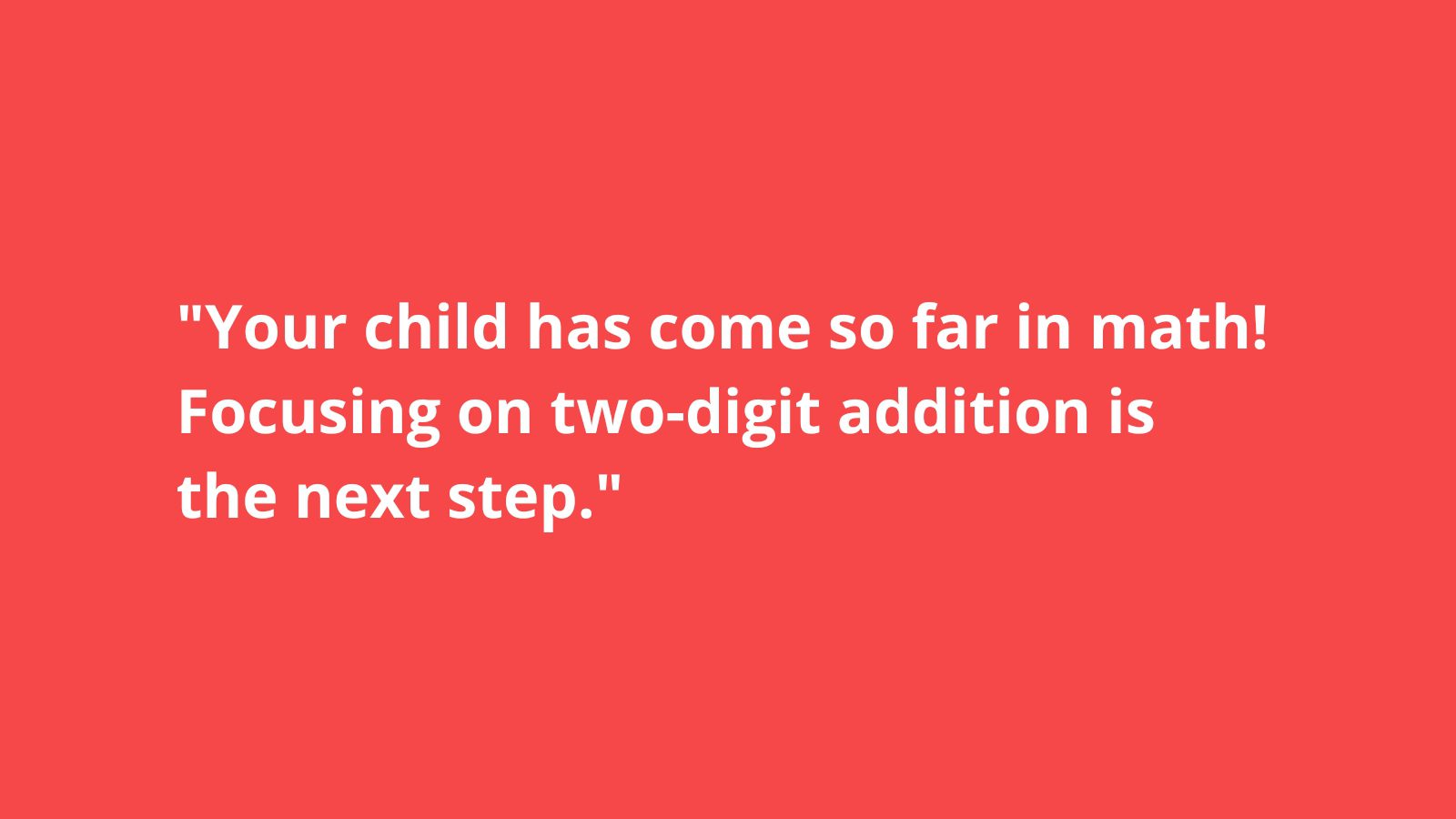
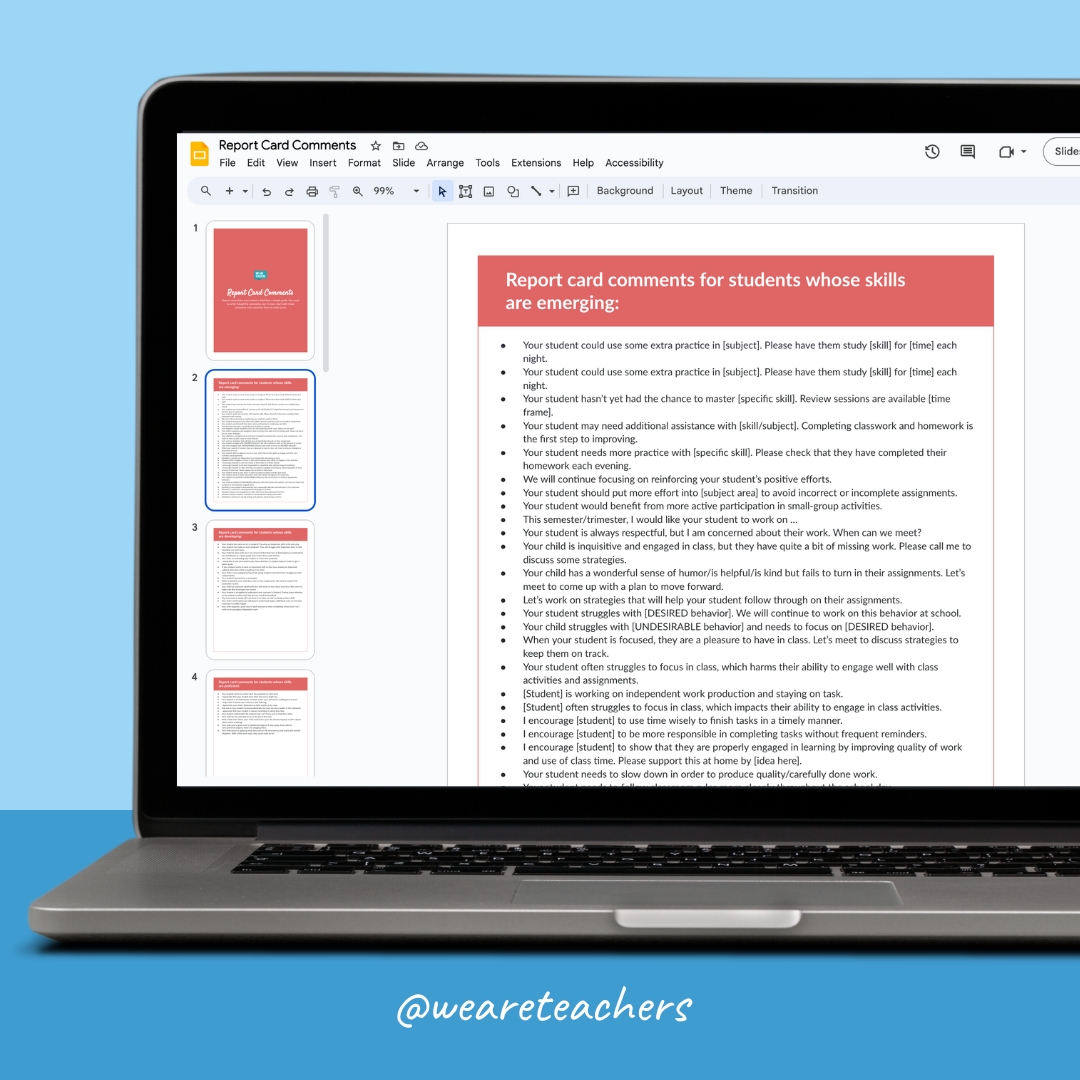
![Report Card Comments1 Your student may need additional assistance with [skill/subject]. Completing classwork and homework is the first step to improving.](https://www.weareteachers.com/wp-content/uploads/Report-Card-Comments1.jpg)
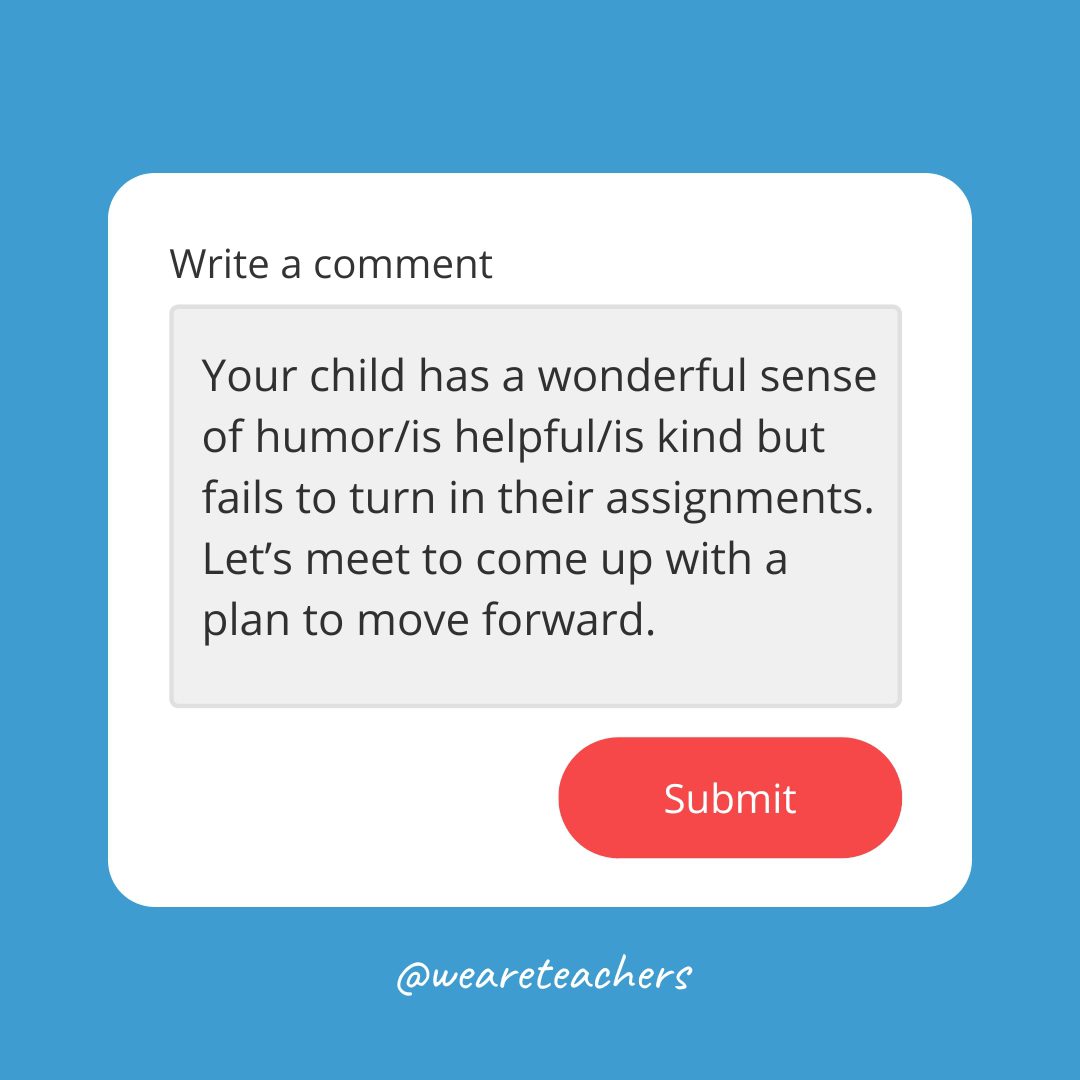
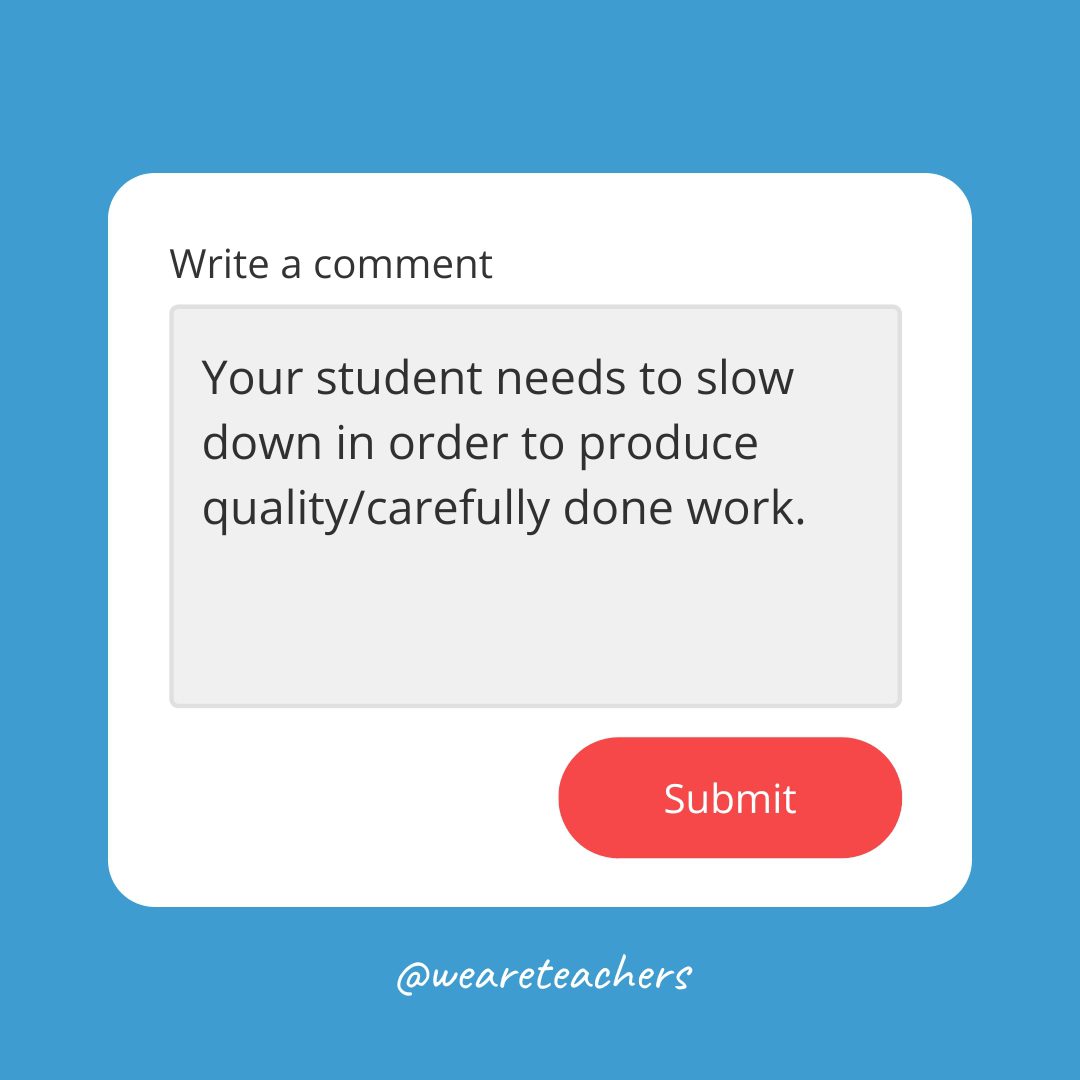
![Report Card Comments4 I would like to see your student pay closer attention to [subject/topic] in order to get a better grade.](https://www.weareteachers.com/wp-content/uploads/Report-Card-Comments4.jpg)
![Report Card Comments5 Report card comment: Your child is enthusiastic but still doesn’t understand [topic]. Additional work on this topic would be incredibly helpful.](https://www.weareteachers.com/wp-content/uploads/Report-Card-Comments5.jpg)
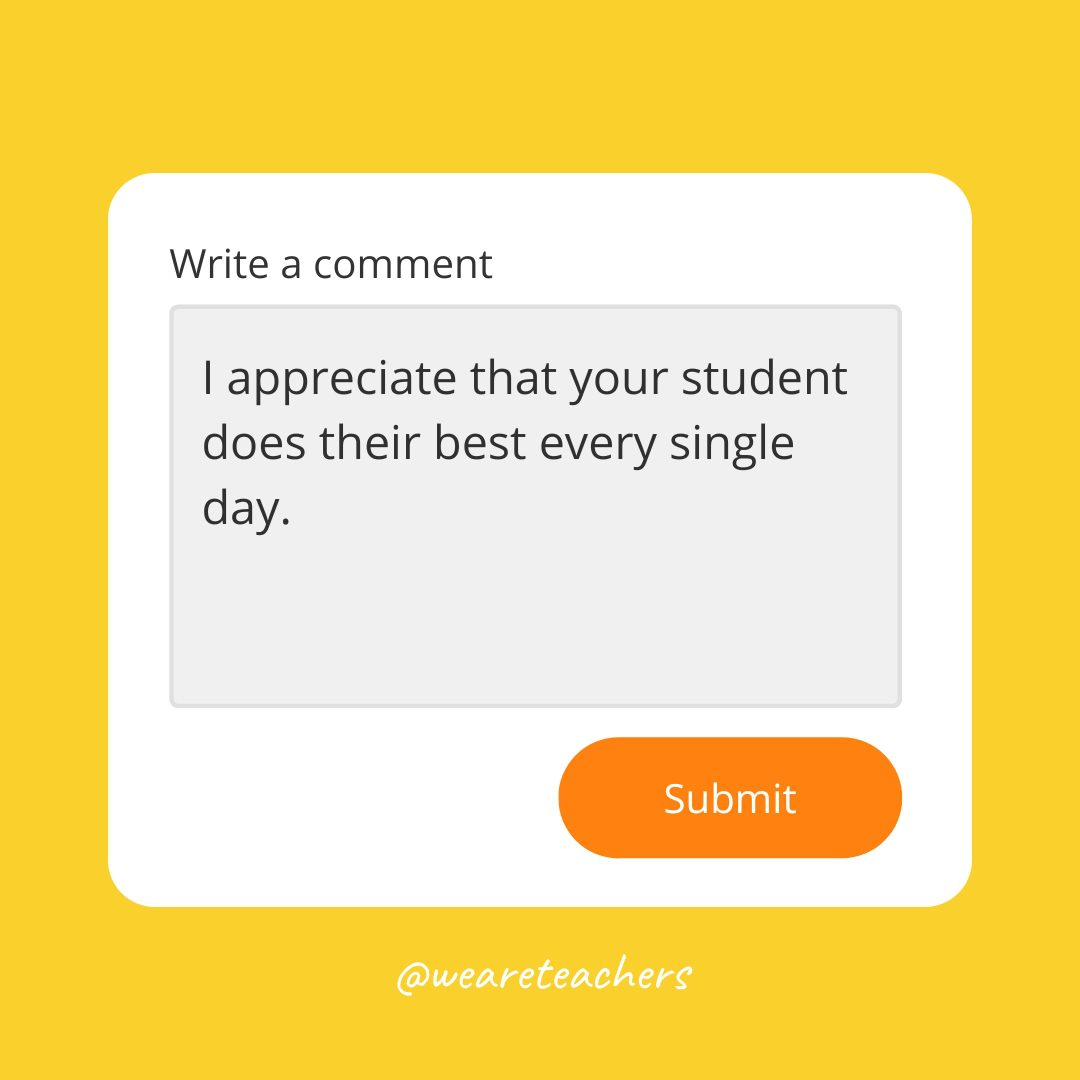
![Report Card Comments7 Report card comment; With a little more effort, your child could move up to the advanced group in [the subject where effort is lacking].](https://www.weareteachers.com/wp-content/uploads/Report-Card-Comments7.jpg)
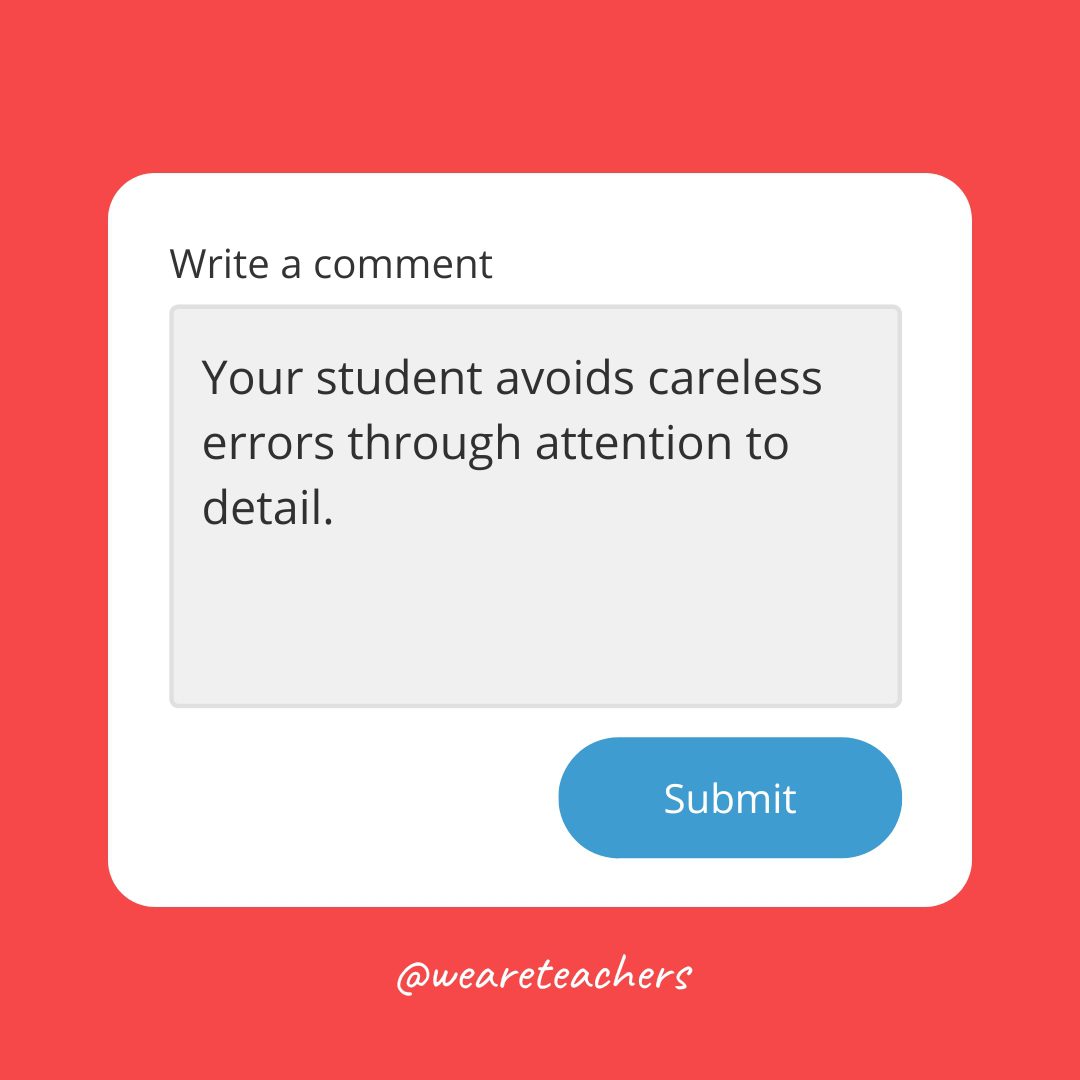
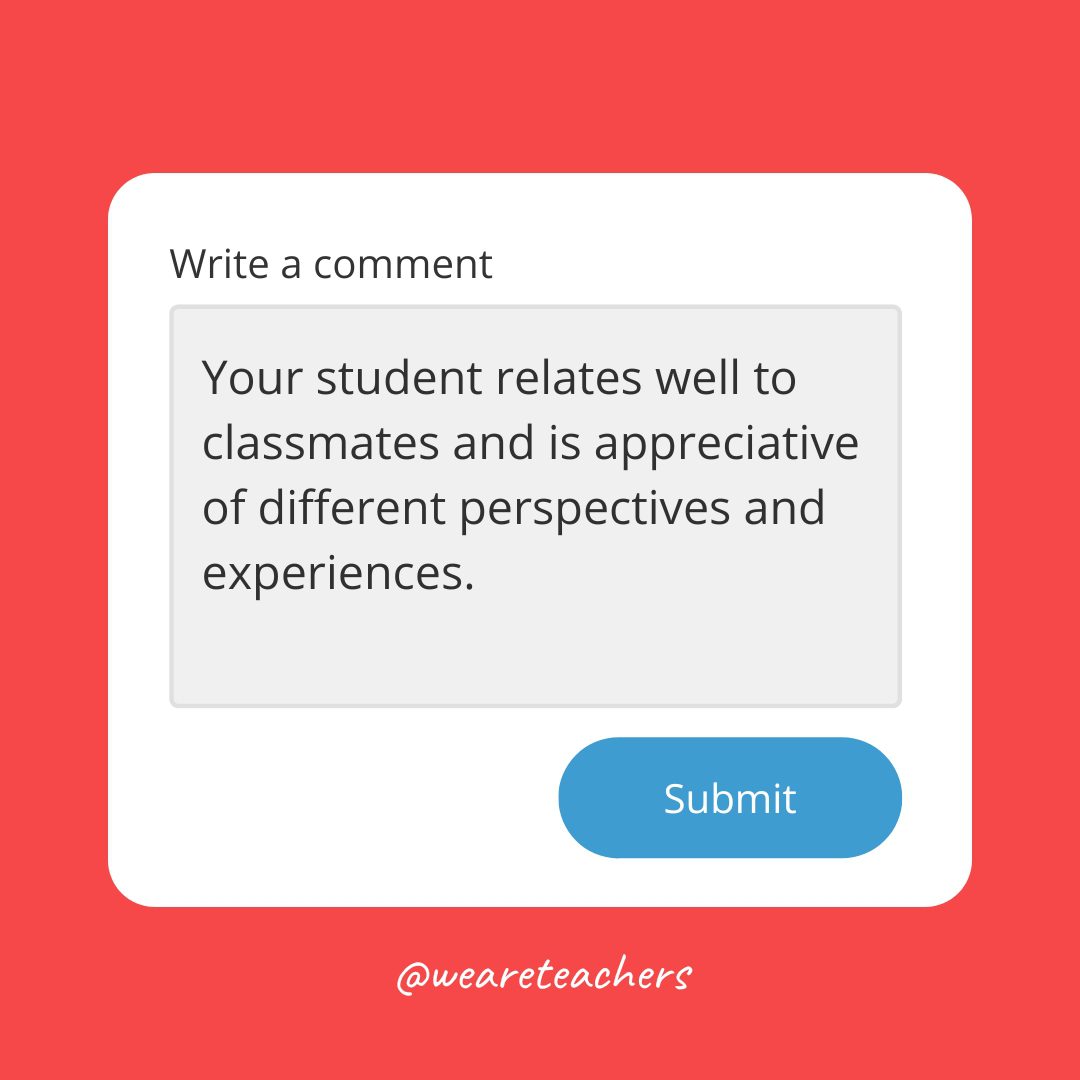
![Report-Card-Comments-11 [Student] shows responsible behavior, works well in a group, and shows appreciation for classmates’ efforts.](https://www.weareteachers.com/wp-content/uploads/Report-Card-Comments-11.jpg)
![Report-Card-Comments-12 [Student] seems to need continuous encouragement in math. They continue to struggle with foundational math concepts for [grade level].](https://www.weareteachers.com/wp-content/uploads/Report-Card-Comments-12.jpg)
![Report-Card-Comments-13 [Student] always puts effort into their writing work.](https://www.weareteachers.com/wp-content/uploads/Report-Card-Comments-13.jpg)
![Report-Card-Comments-14 [Student] organizes writing well and organizes thoughts into complete paragraphs.](https://www.weareteachers.com/wp-content/uploads/Report-Card-Comments-14.jpg)
![Report-Card-Comments-15 [Student] treats other students with empathy and fairness.](https://www.weareteachers.com/wp-content/uploads/Report-Card-Comments-15.jpg)
![Report-Card-Comments-16 [Student] can make a logical and persuasive argument in oral discussion or in writing.](https://www.weareteachers.com/wp-content/uploads/Report-Card-Comments-16.jpg)
![Report-Card-Comments-17 [Student] plans and carries out group activities carefully.](https://www.weareteachers.com/wp-content/uploads/Report-Card-Comments-17.jpg)
![Report-Card-Comments-18 [Student] is able to pace their work for long-term assignments.](https://www.weareteachers.com/wp-content/uploads/Report-Card-Comments-18.jpg)
![Report-Card-Comments-19 [Student] produces neat and careful work.](https://www.weareteachers.com/wp-content/uploads/Report-Card-Comments-19.jpg)
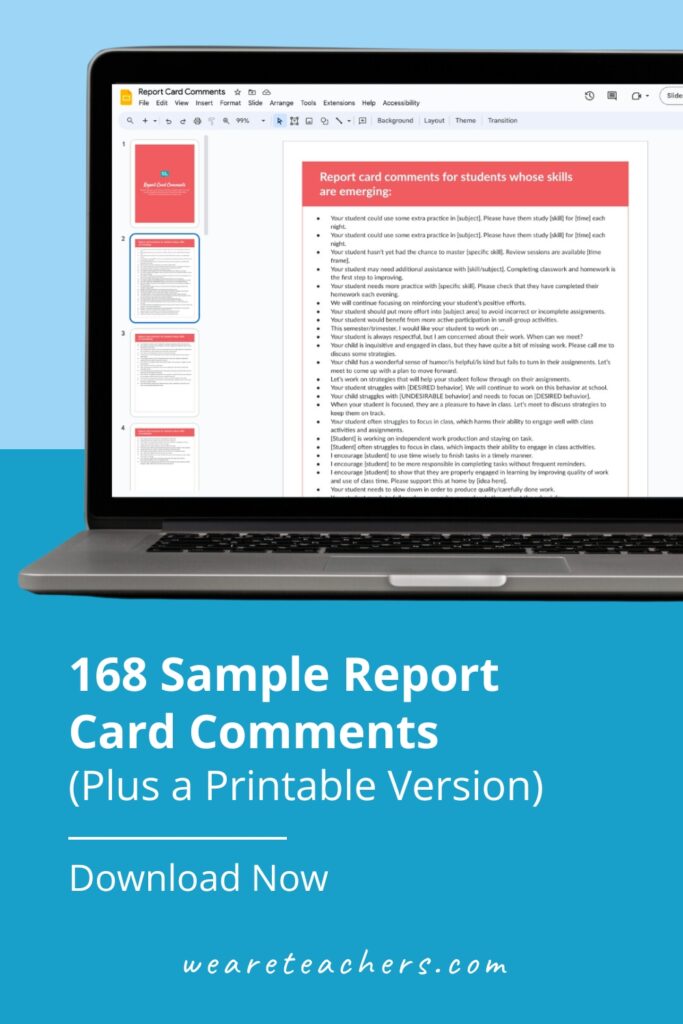















































































































































IMAGES
VIDEO
COMMENTS
Wondering how and what to write for report card comments for kindergarten? This list of 96 ready-to-use report card comments covers academics (including language, literacy, and math), art and creativity, gross and fine motor skills, personality and attitude, work habits, and social skills for kindergarten report cards, and provides both examples of positive feedback for students and ...
Here are tips for new teachers or veteran teachers to use when writing kindergarten report card comments: Always include a student name. This shows specific student progress. Start with a positive note. Leave a very specific comment that highlights the great work done and positive qualities.
Responds proficiently to kindergarten writing prompts. Behavior. Utilizing the following kindergarten report card comments, you'll be able to show characteristics of students' conduct. Listens to instructions well. Always shows up ready to learn. Plays fairly with other students. Is very inquisitive and eager to learn.
Language and Literacy Skills Remarks for Kindergarten Students. Positive Comments: "____ has a rich vocabulary and uses a variety of words to express thoughts and ideas clearly. Excellent!". "____ shows a strong interest in books and enjoys participating in reading activities. Great enthusiasm!".
Sample report card comments for students with proficient skills. Let the parent know all the positives about their child and perhaps encourage students to dig just a little bit deeper. Your student comes to school each day prepared to work hard. I appreciate that your student does their best every single day.
To write specific preschool assessment report comments, look for important moments in class. Report card comments for kindergarten should cover a wide range of topics related to a student's performance, like cognitive, social, emotional, linguistic, adaptive, etc. The primary goal of a report card is to inform parents of their child's progress.
The words we use in our report card comments can greatly impact how students perceive their performance. To help ensure your feedback is both engaging and inspiring, consider the alternative words and synonyms below that offer praise and extend beyond the commonly used terms "good" and "excellent.". Remarkable.
We have organized our 125 report card comments by category. Read the entire list or click one of the category links below to jump to that list. Attitude. Behavior. Character. Communication Skills. Group Work. Interests and Talents. Participation.
Then, "Caleb has a great sense of humor" might be the compliment you're looking for! 2. Tell the truth in a caring way. Now that you've got a compliment to acknowledge the student's good attributes, you can share what needs work. Always remember that report cards reflect how students are doing in their classes.
Report card comments are an important piece of communication with parents, but writing meaningful comments can take time and we all know that's something that teachers are usually running short on!! I always try to start with a positive comment, end with a positive comment, and sprinkle a few throughout the academic sections as well! ...
Writing and Reviewing Kindergarten Report Card Comments For this activity, teachers will have the opportunity to write and evaluate report card comments. This is designed to be done in a ...
Has begun to develop cooperative play skills such as sharing and taking turns. Is a creative and imaginative learner. Engages in strong exploratory and discovery play behaviors without prompting. Is enthusiastic and engaged when given developmentally appropriate resources to play with.
5 Strategies for Simplifying Report Cards. 1. Employ the sandwich feedback technique: Always begin with a positive comment and end with a positive comment. This approach can help parents receive any negative feedback with the understanding that you "see" their child and are approaching his or her learning with a "growth mindset" and not ...
Here are a few report card general principles, followed by my handy dandy list of editable go-to phrases…. Three Report Card Comment Principles. 1. Be Truthful but Kind. A report card's main purpose is to inform parents about their child's progress.
100 Report Card Comment Ideas. Report card comments includes the student's best achievements, strengths or attributes; their areas of success; and where they need improvement. Report Card Comments on Student's Strengths, Skills, Achievements or Positive Habits & Attitude. I enjoyed having _____ in my class; It was wonderful to have ___ in ...
Report Card Comments for Citizenship. Help parents and students understand how being a good citizen in the classroom enhances learning and community. Report Card Comments - End of Year. Provide a fitting look back on the full year in the classroom with these comments and phrases. Appropriate for all grade levels.
Write 50 report card comments for students studying social studies in 5th grade. Generate 20 report card remarks commending a student for a positive attitude to learning. Create 10 report card comments that focus on a student needing to improve their attitude to learning.
When teachers are asked to write report card comments, we know we must oftentimes sugarcoat the reality of a child's performance as much as possible. There must be a nice, productive way of saying even the worst things, e.g. "Your kid kinda sucks!". Does the student sit around all day, staring out the window, eating boogers? Just say that ...
5 Positive Report Card Comments for Language Arts. 1. ______ has shown impressive progress in reading comprehension and can now summarize the key points of a story accurately. 2. ______ expresses their thoughts clearly and creatively in writing, showing a strong understanding of grammar and sentence structure.
Tips for Writing Effective Comments on Kindergarten Report Cards As a kindergarten teacher, one of the most challenging aspects of creating report cards can be writing effective comments. Comments are the place where teachers have the opportunity to give parents a more detailed understanding of their child's progress and growth throughout the ...
Geraldine De Fazio, Snigdha Baduni and Pallavi Dhody. 4 min read. As teachers, writing report card comments is one of the most important tasks we have at hand, and also one of the most challenging. We want the reporting to be meaningful, to clearly communicate student learning to all involved, and to be personalised for each of our students.
Find Comments Report Card Writing Center. Report Card Writing Center; Member Dashboard ... Find Comments. Keyword . Type of Comment - Any - Progressing Well . Needs Improvement . Grade . Kindergarten. Grade 1. Grade 2. Grade 3. Grade 4. Grade 5. Grade 6. ... Download a copy of our report card comments that you can print and use as a guide for ...
Addressing progress and performance: 100 Quick report card comments for preschool. 1. Shows enthusiasm and curiosity for learning. 2. Demonstrates good listening skills during group activities. 3. Participates actively in classroom discussions and activities. 4. Follow instructions and routines effectively.
Contact your credit card provider and say you want to raise a S75 dispute and claim for a hire car. "Say that the supplier is in 'breach of contract' under the Consumer Rights Act 2015 and has ...